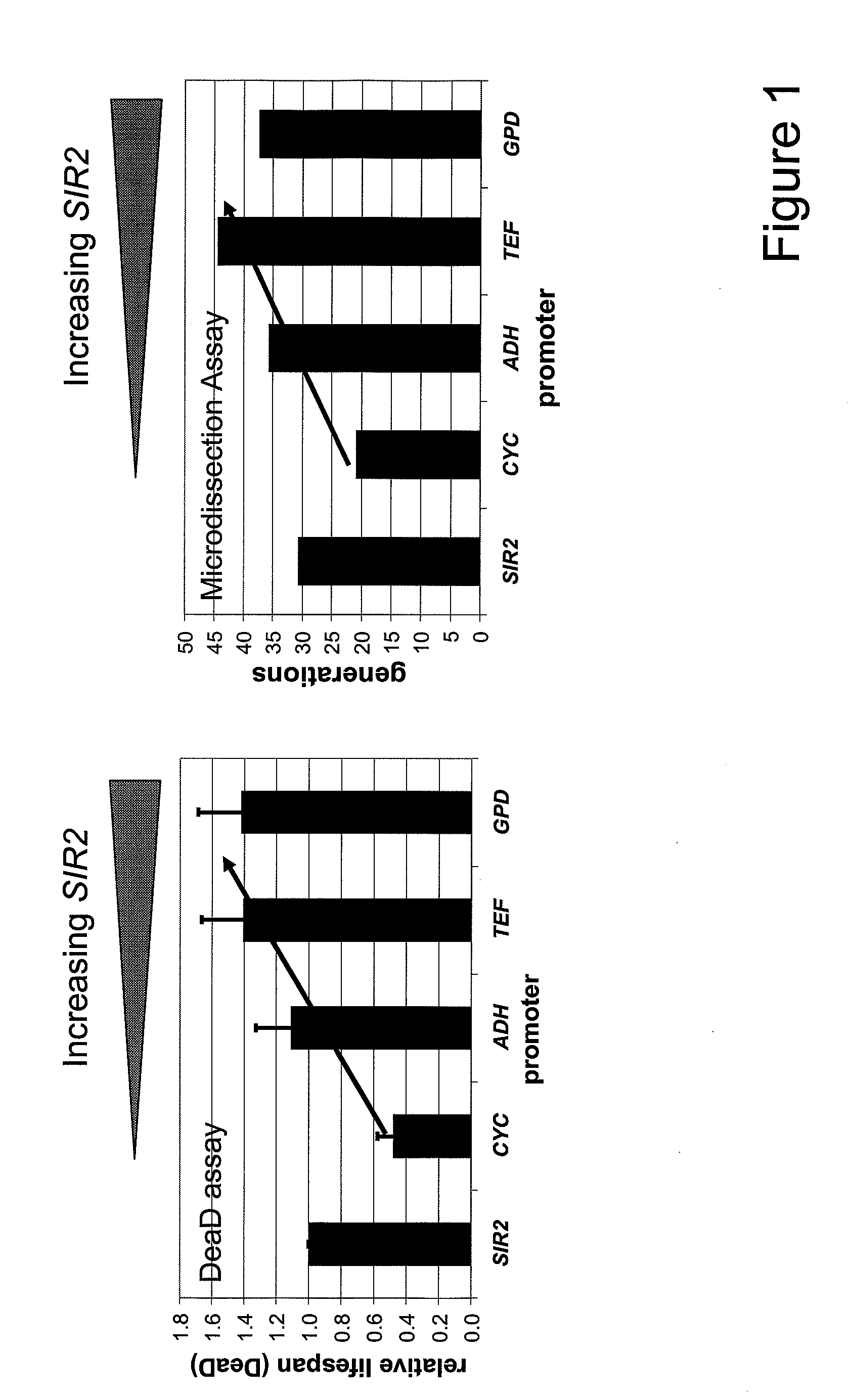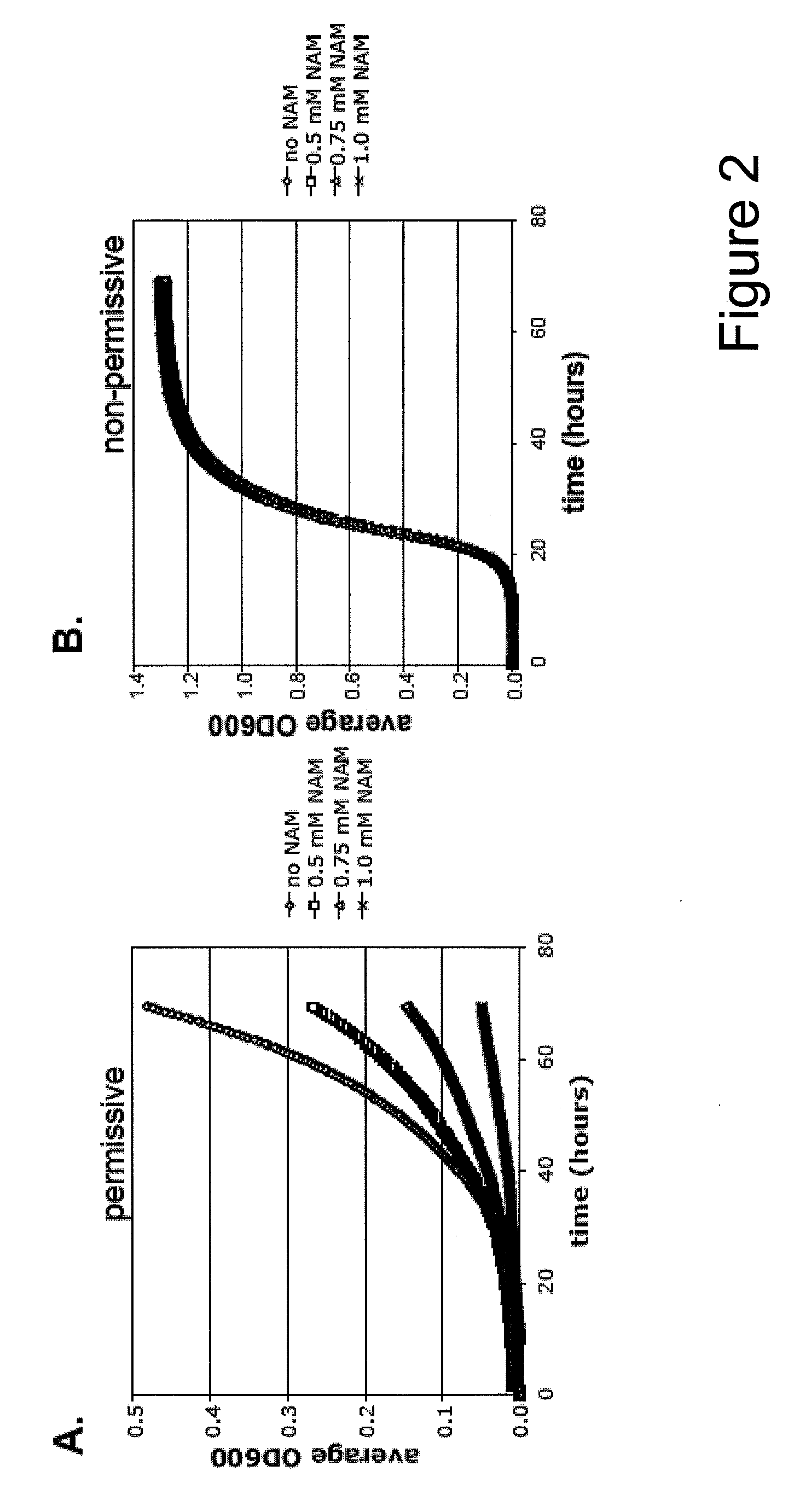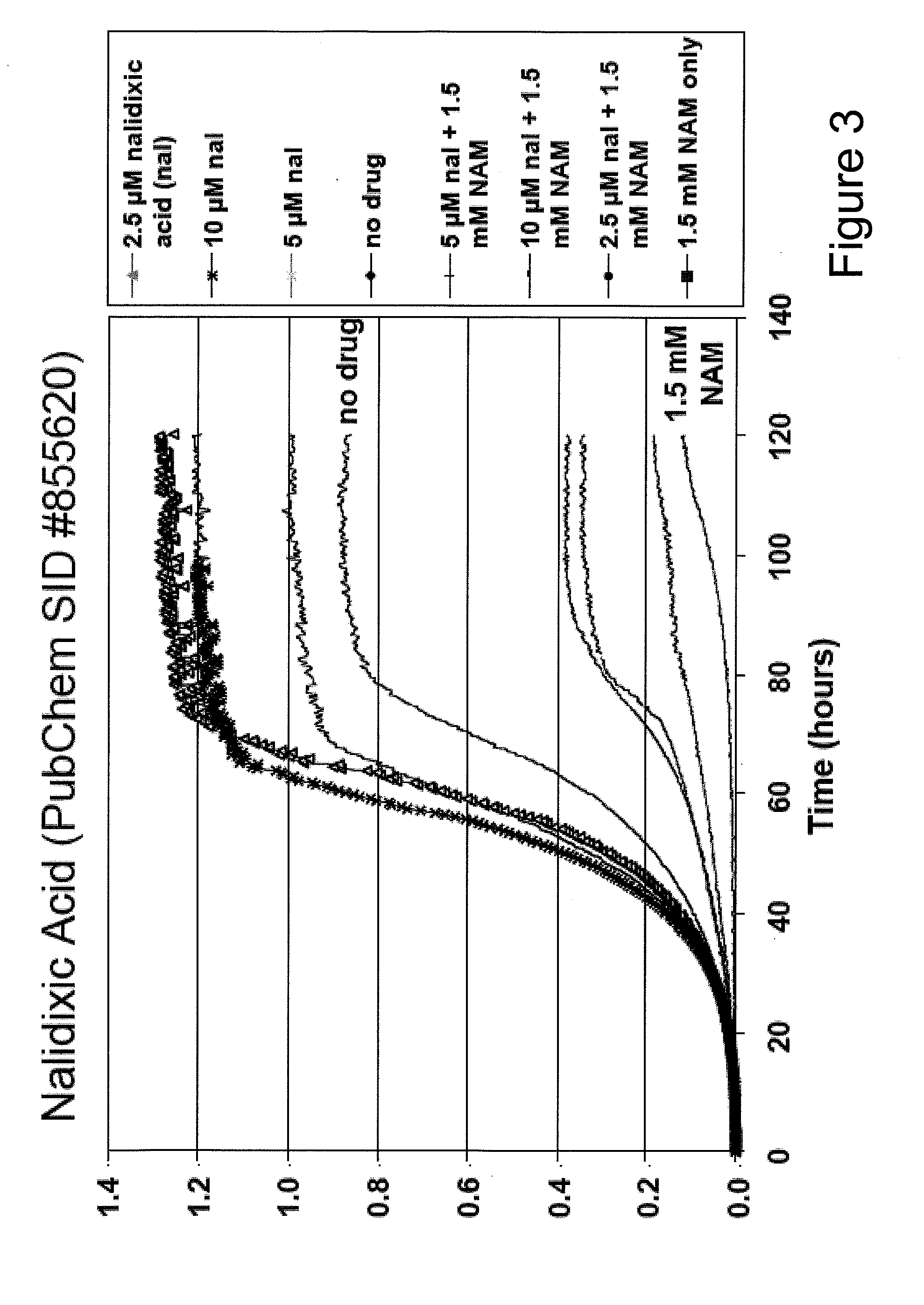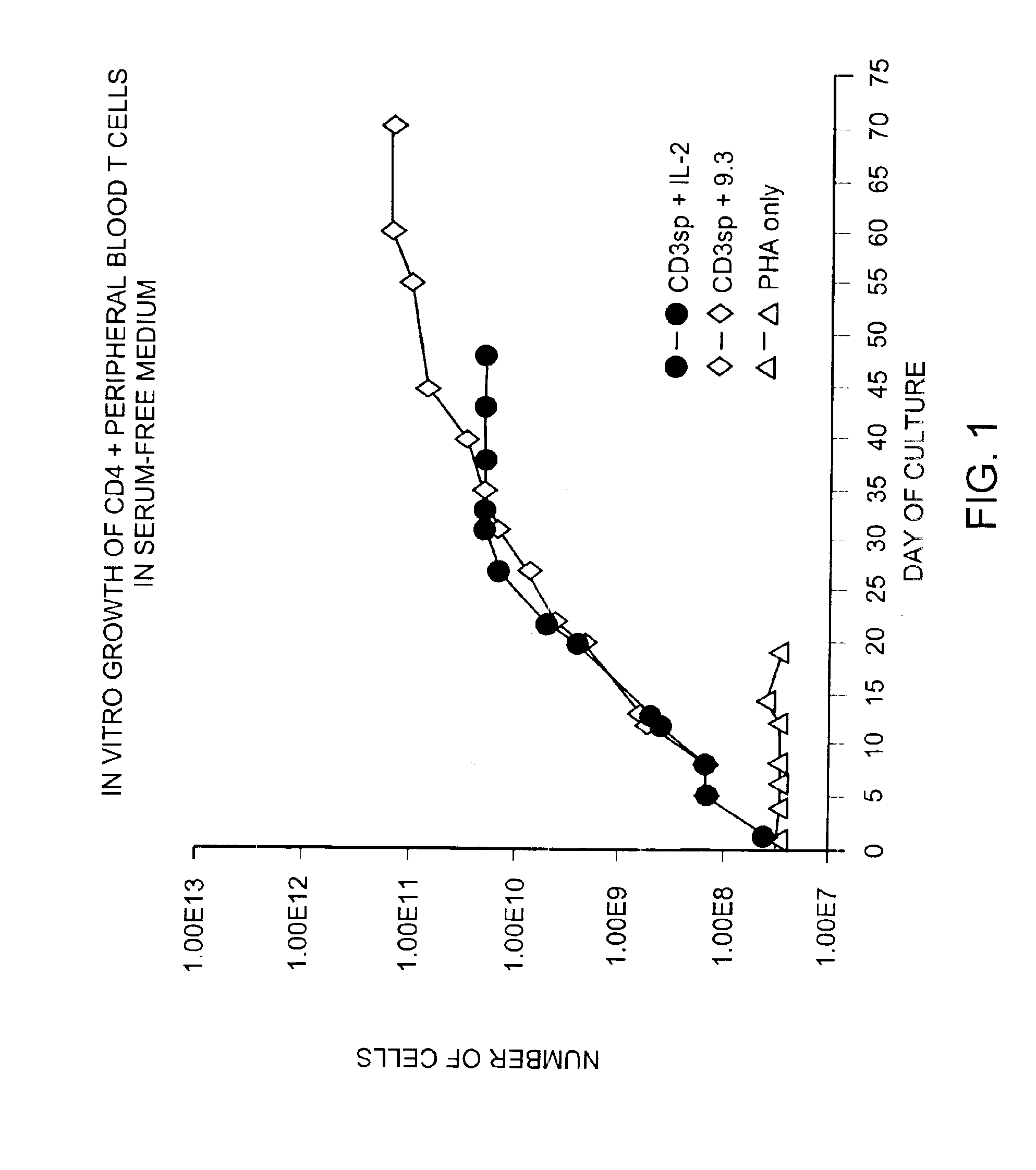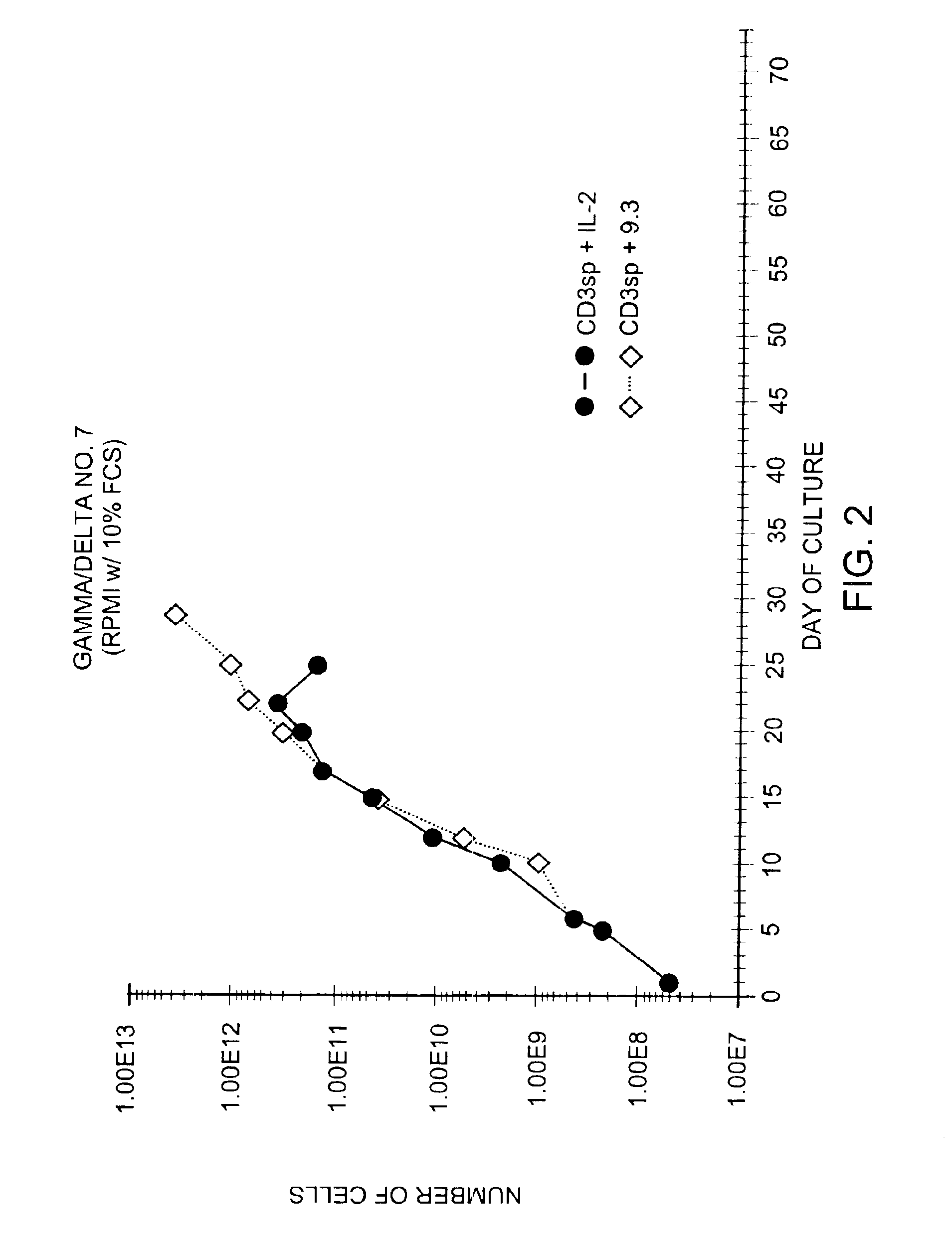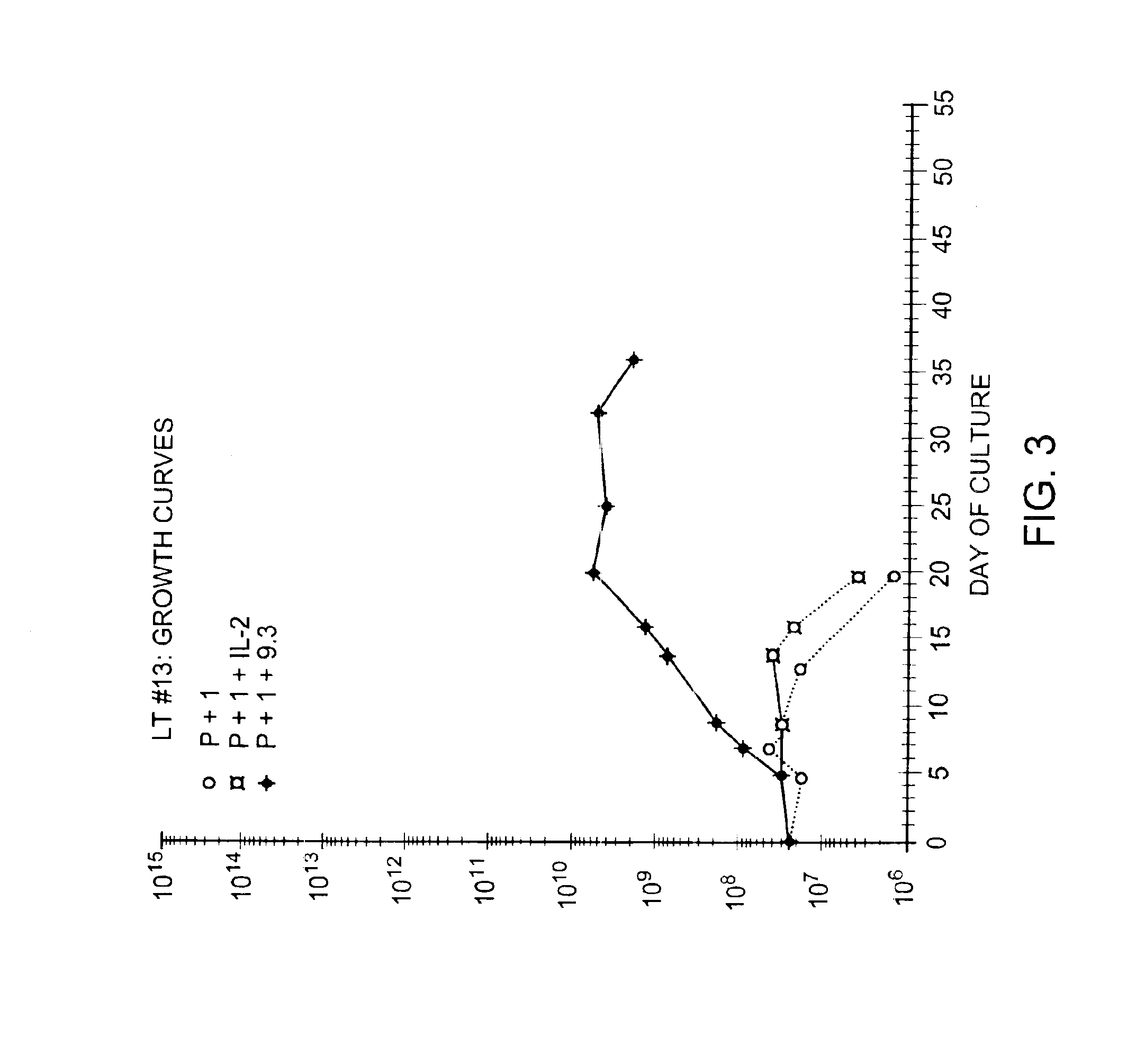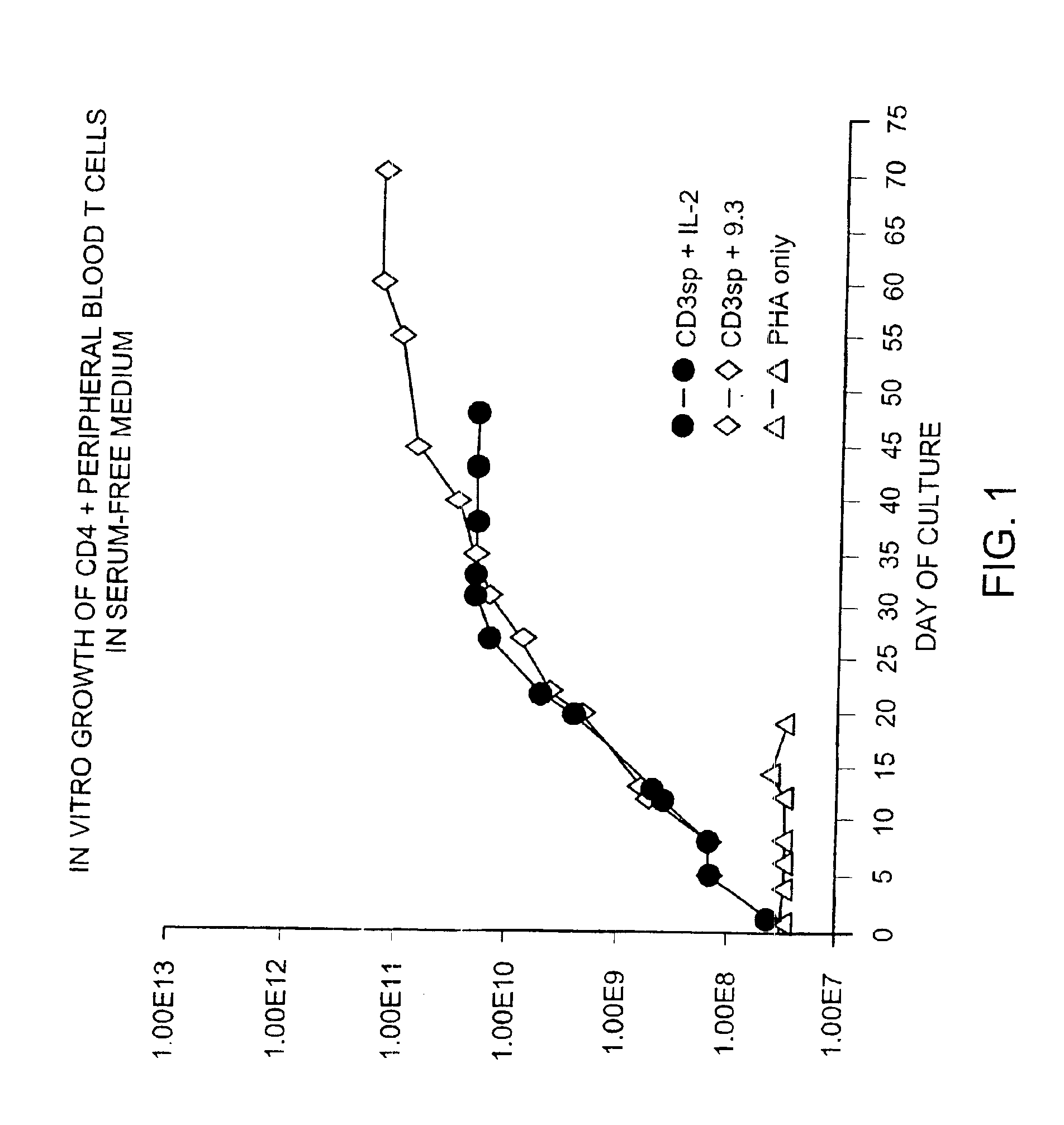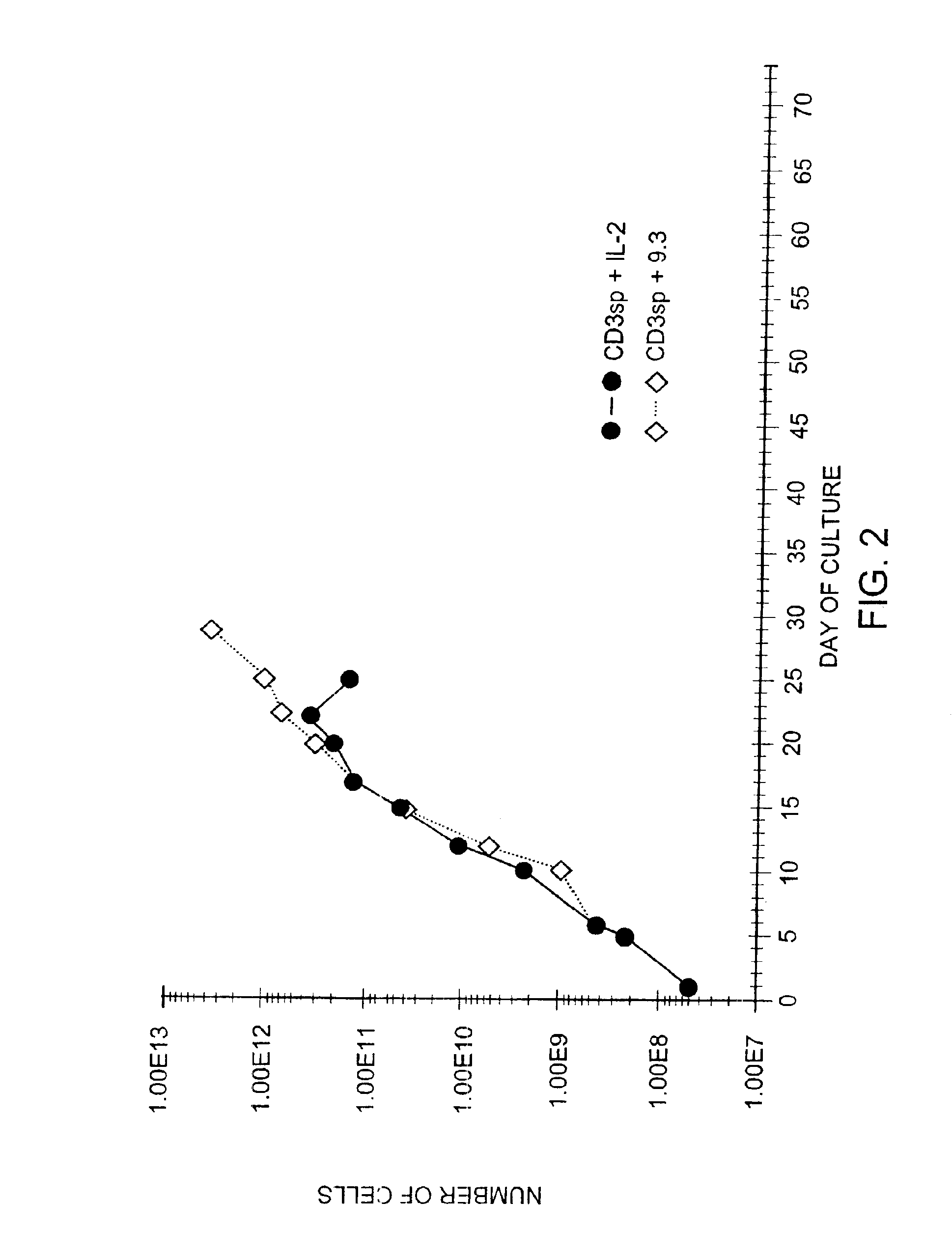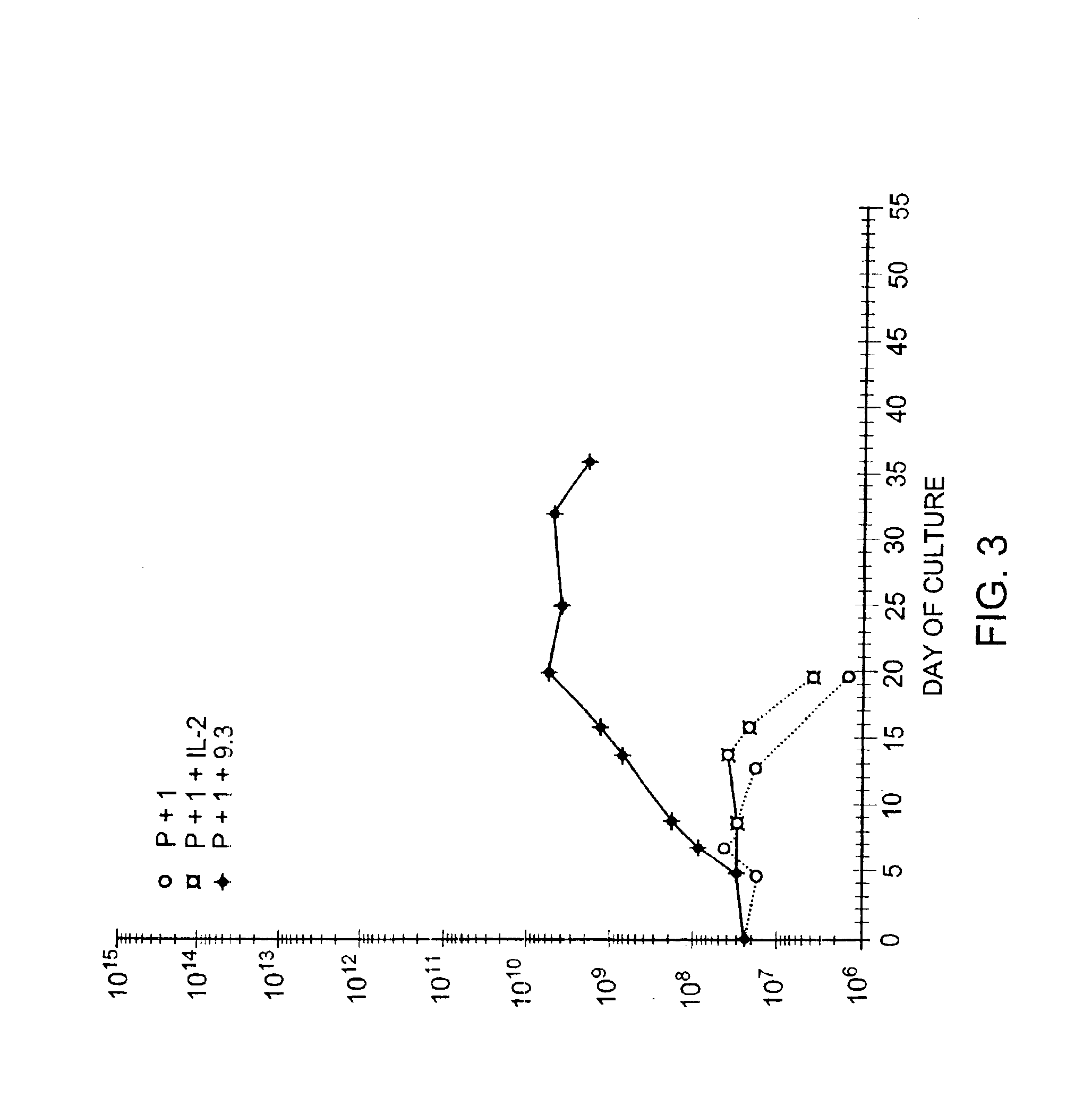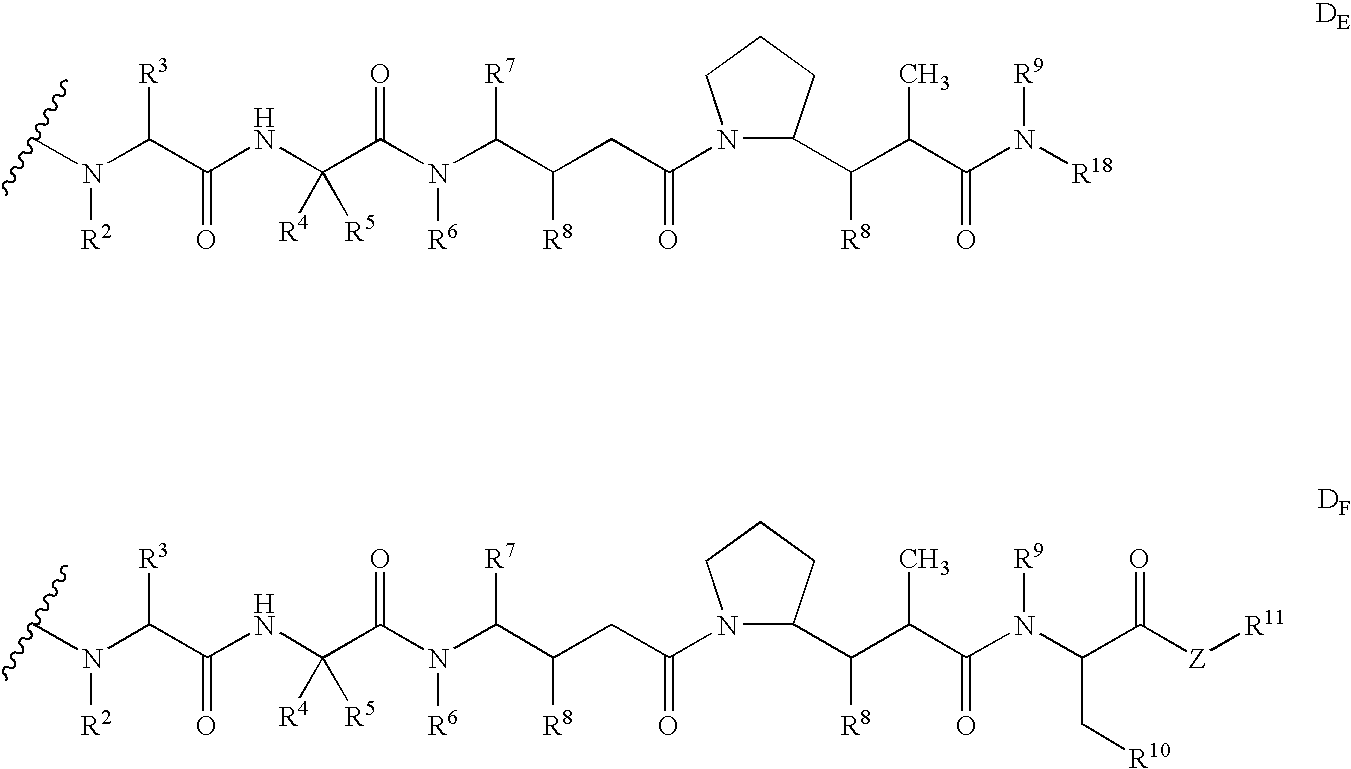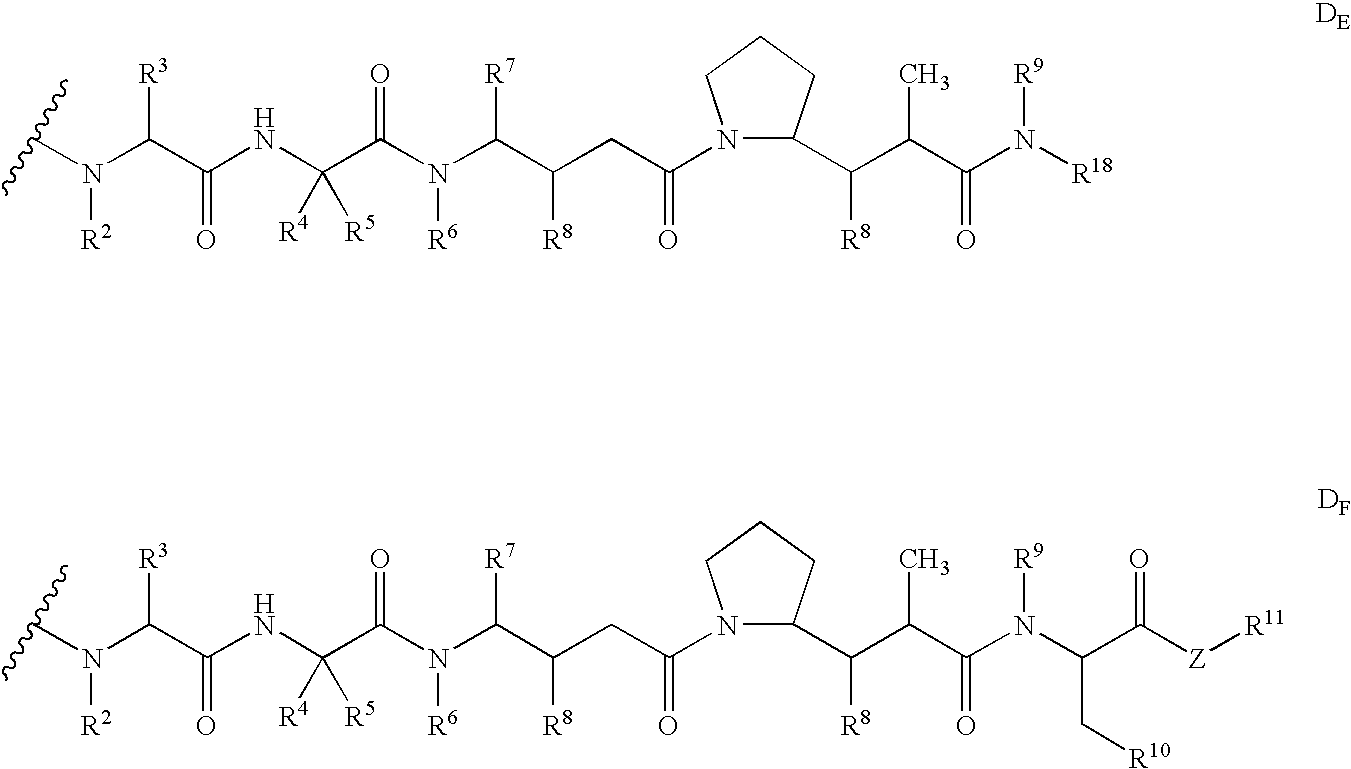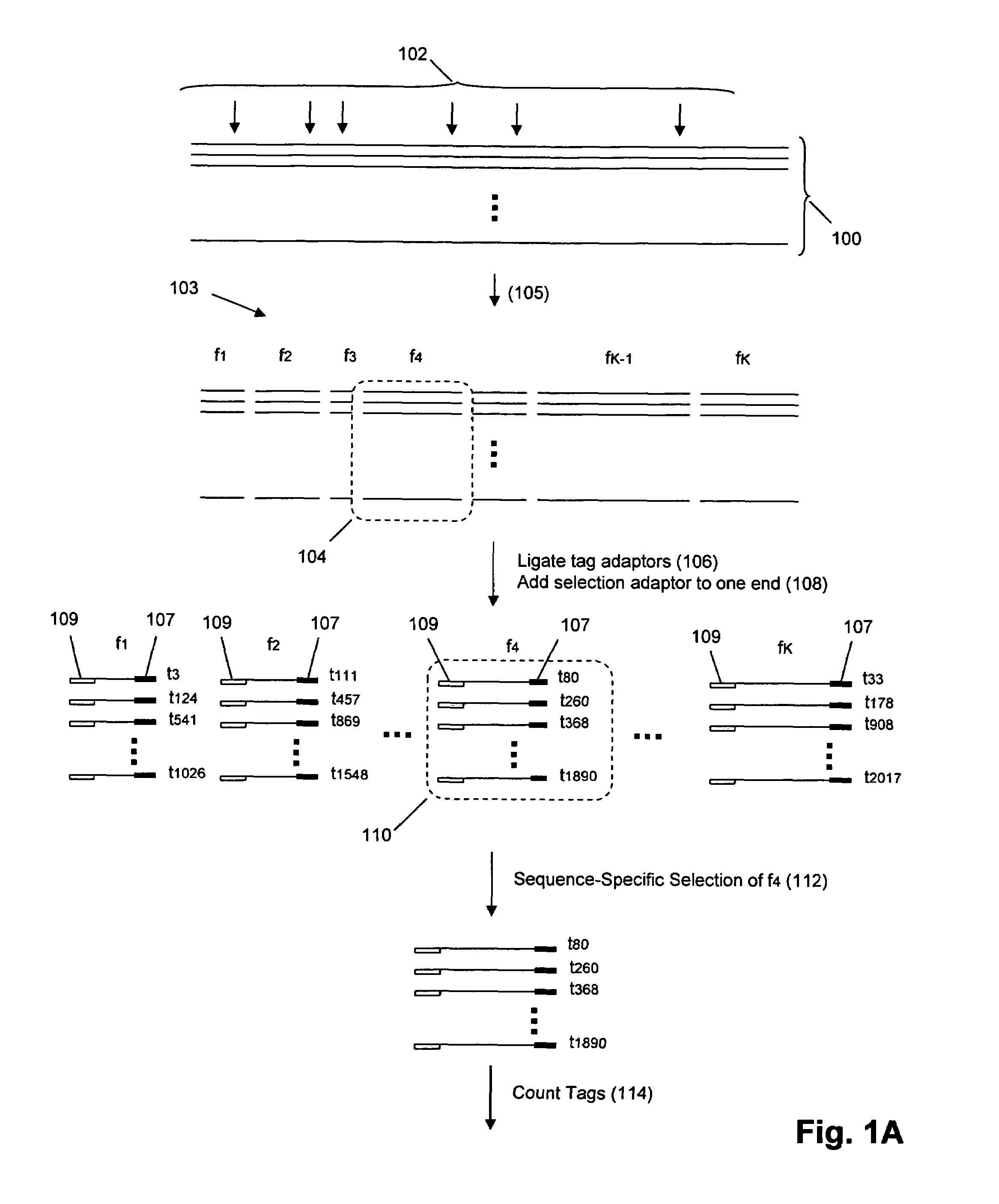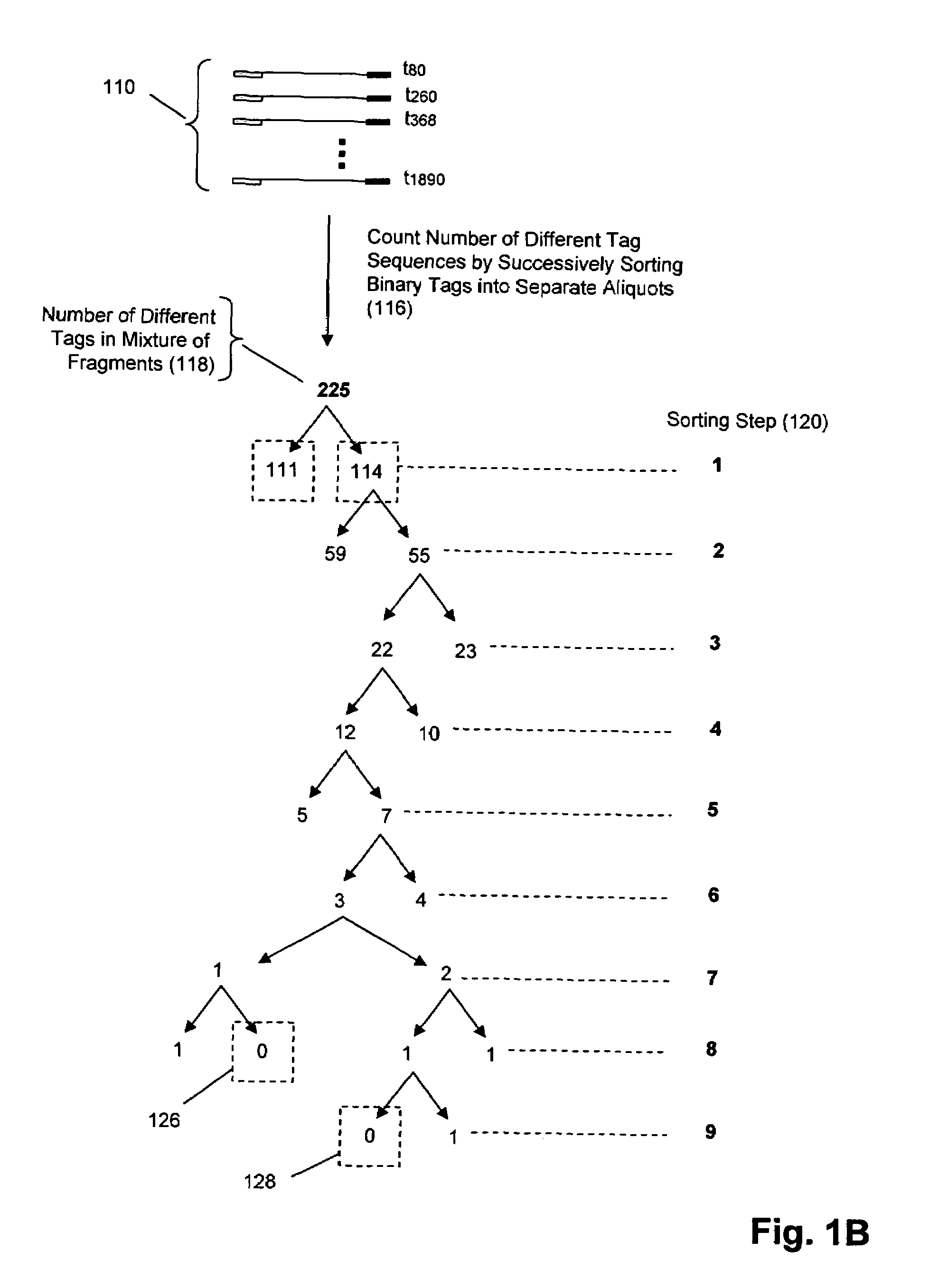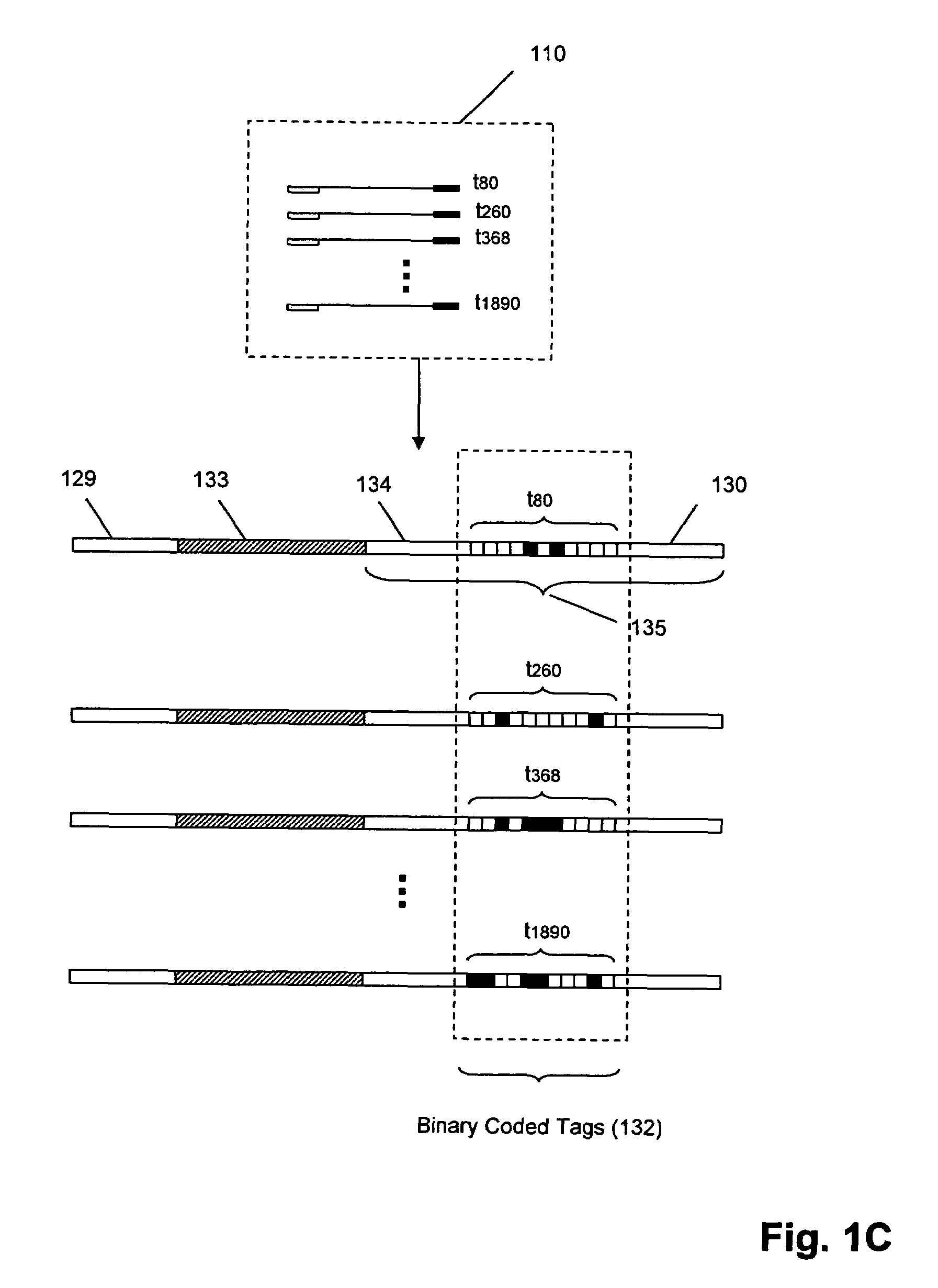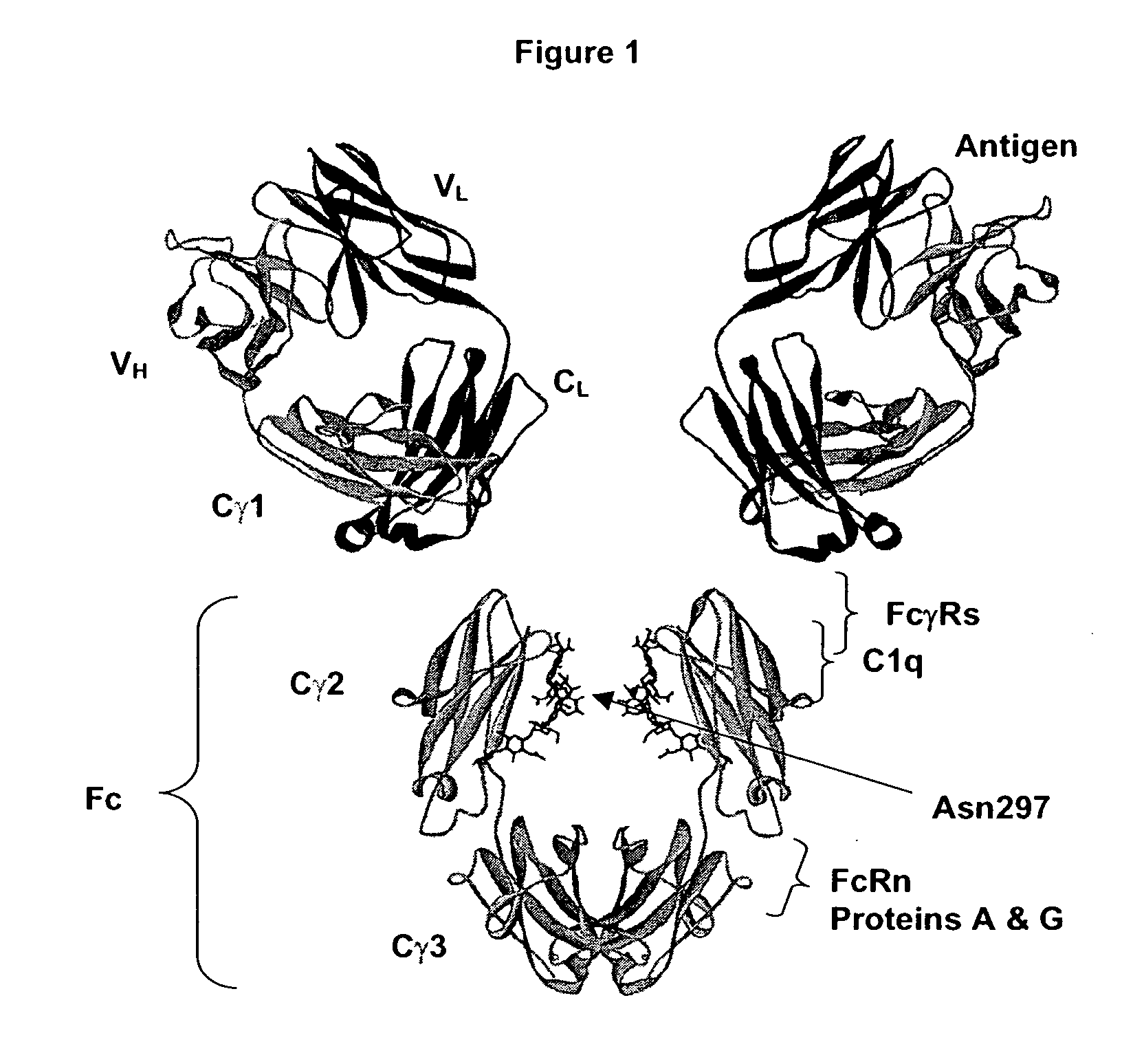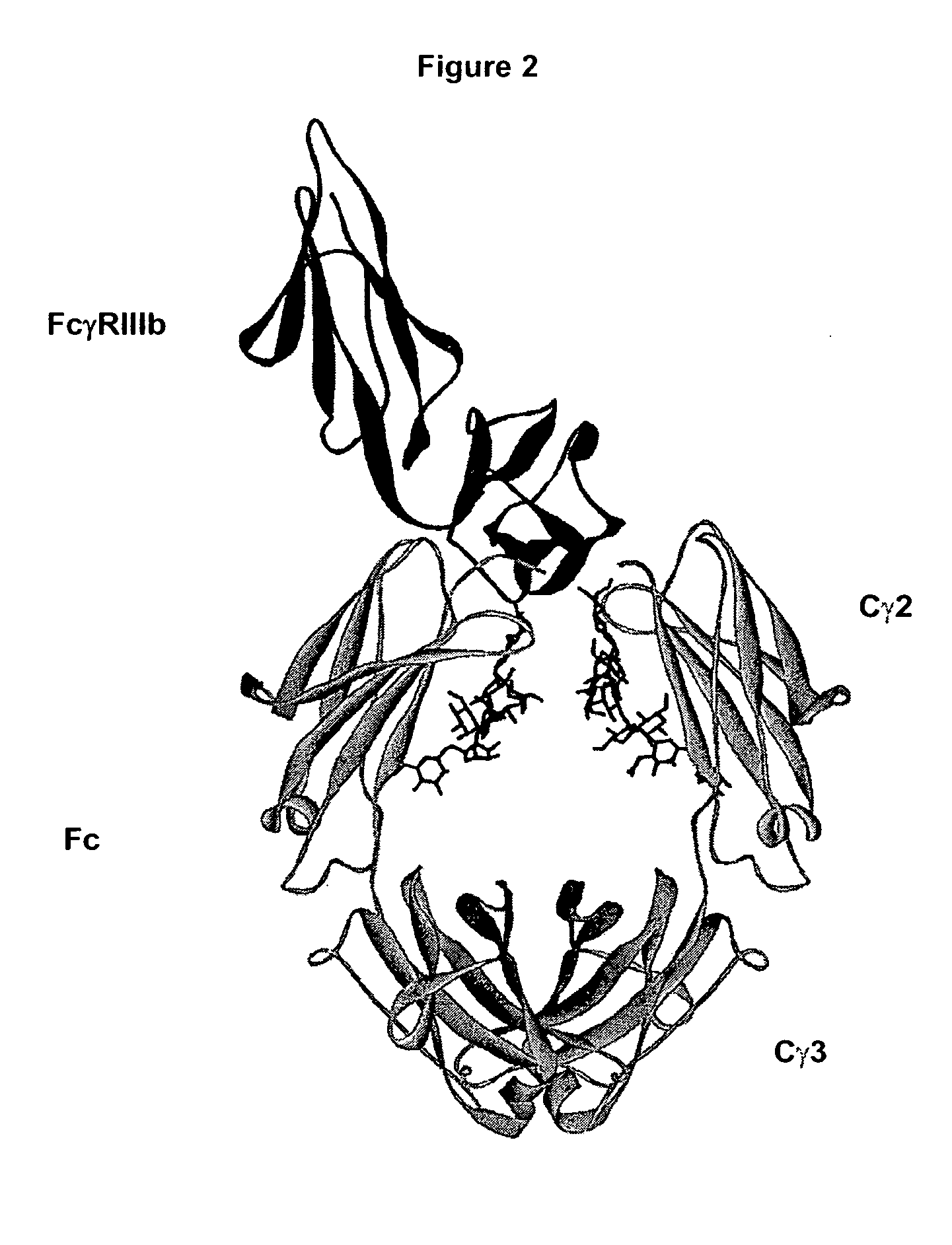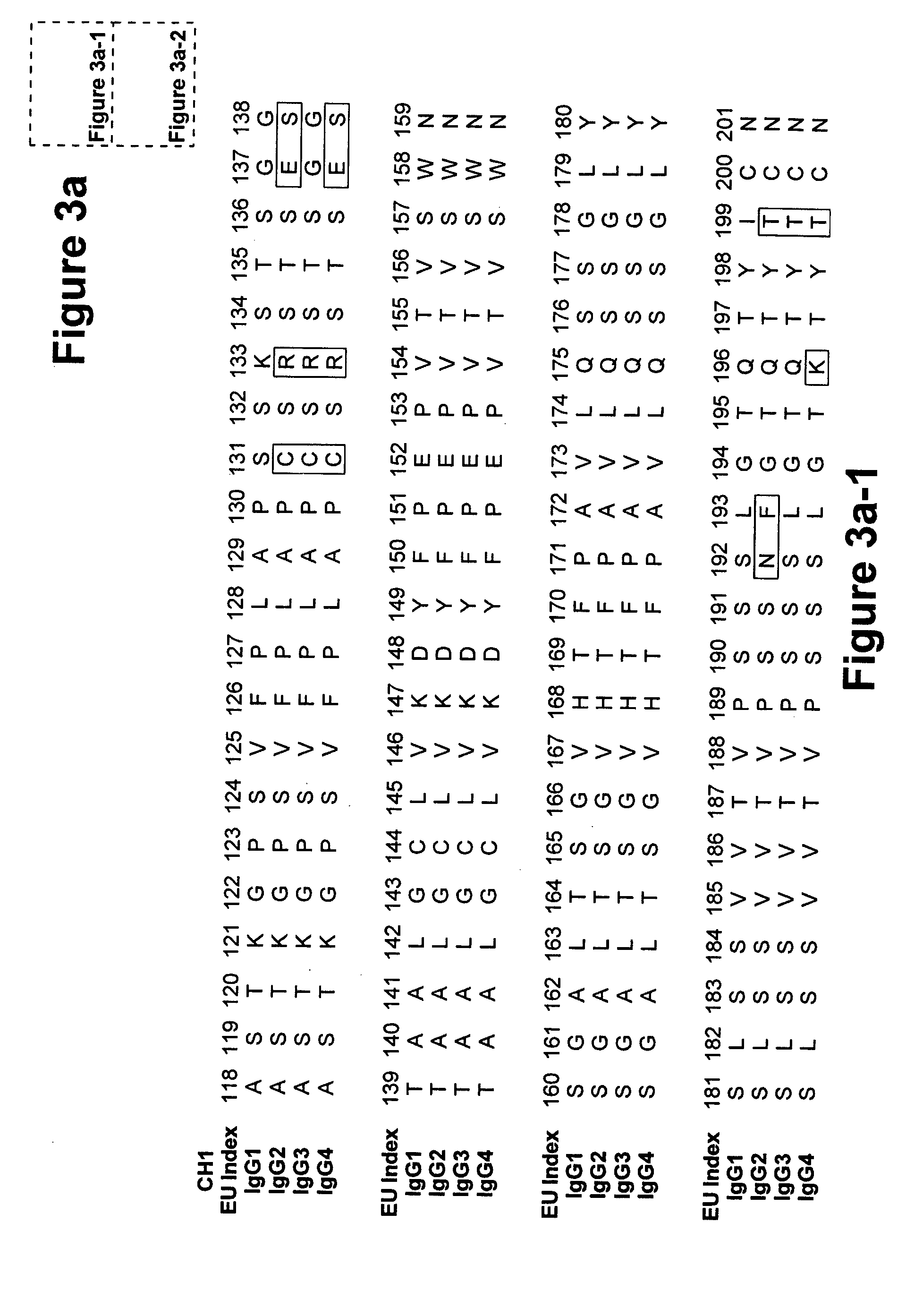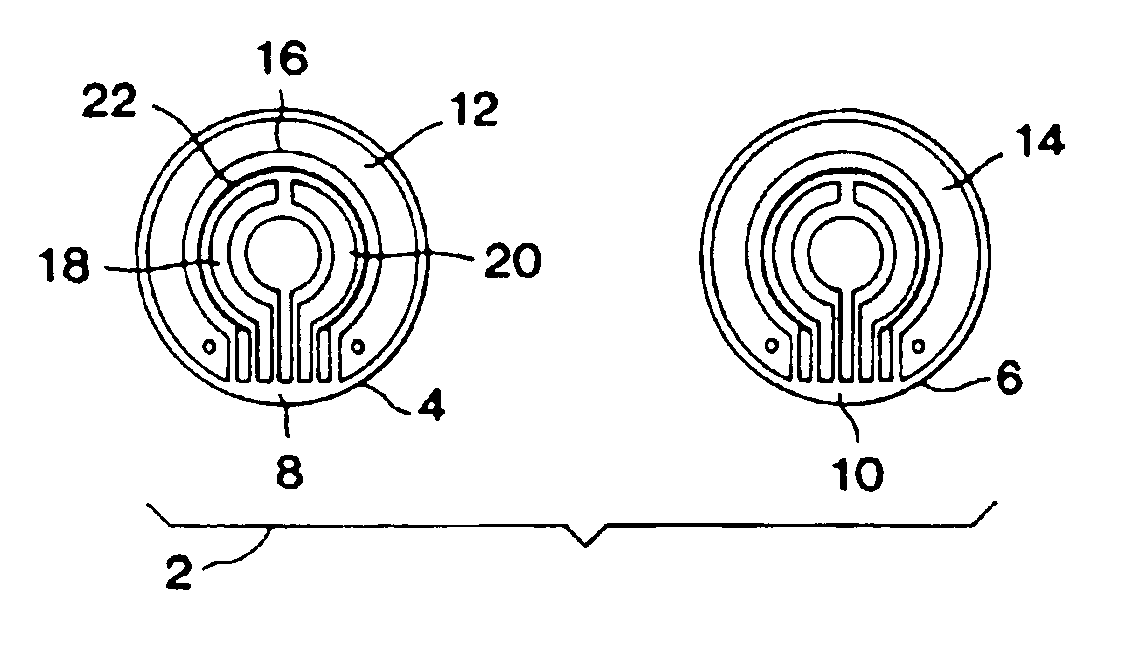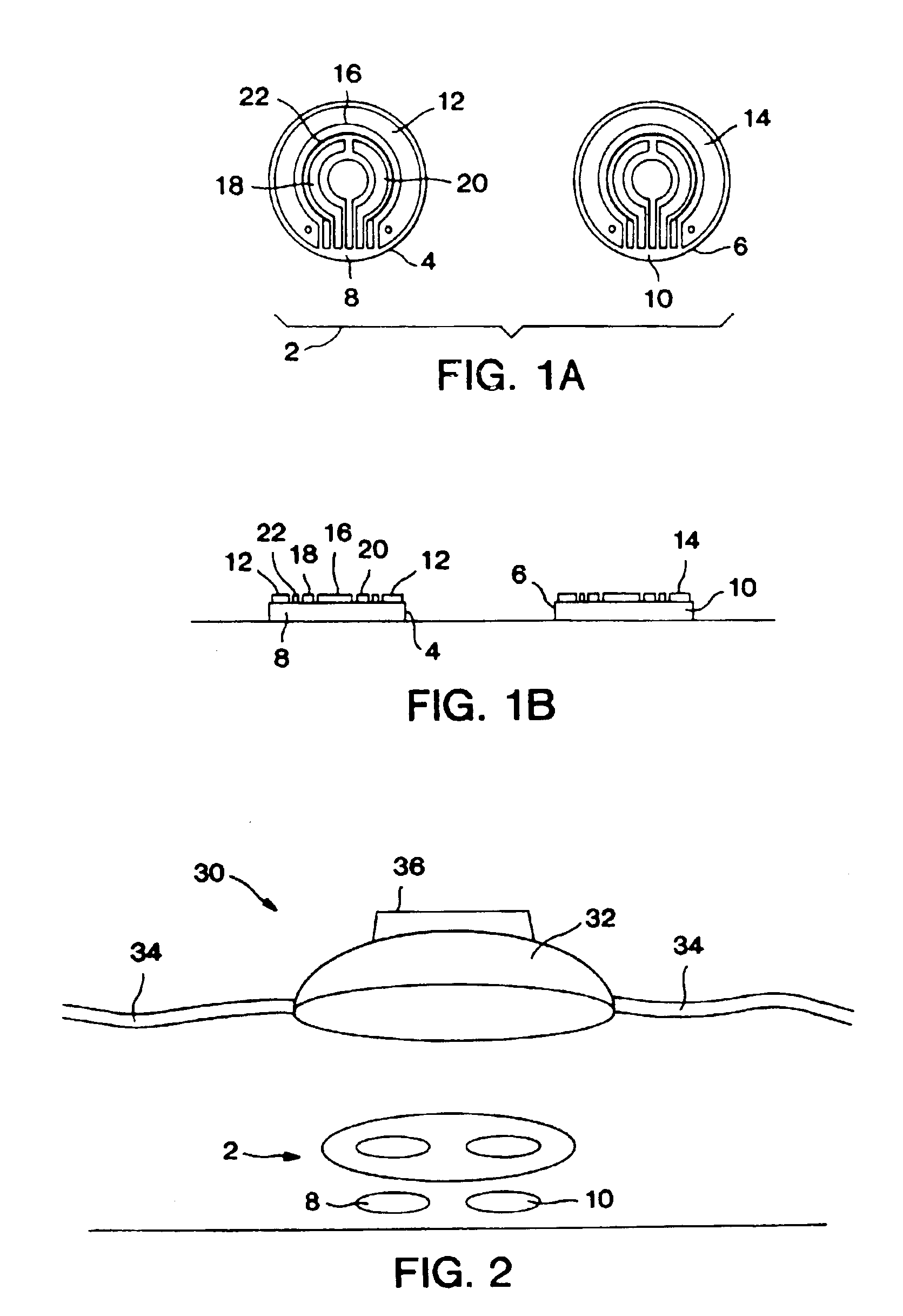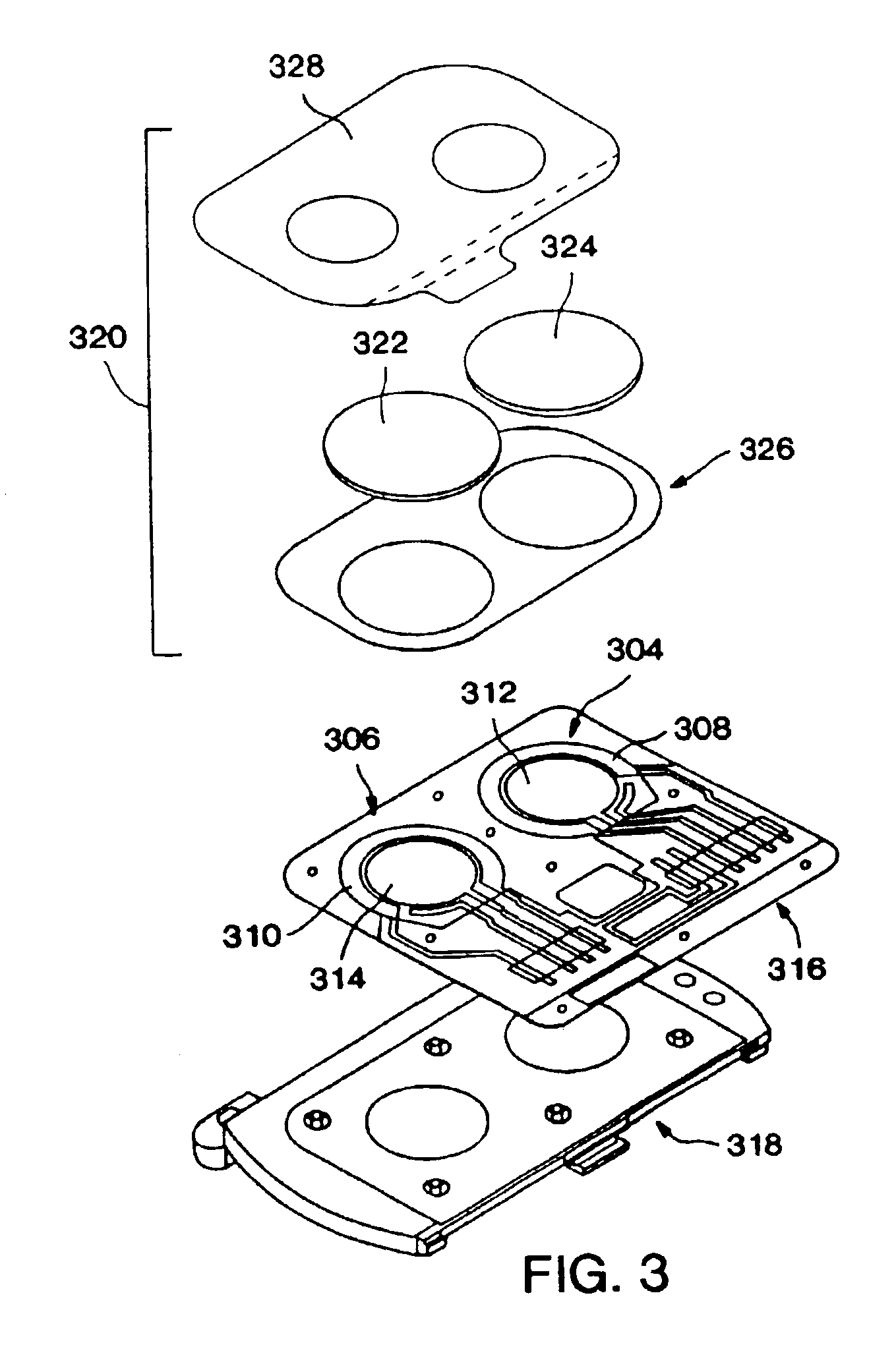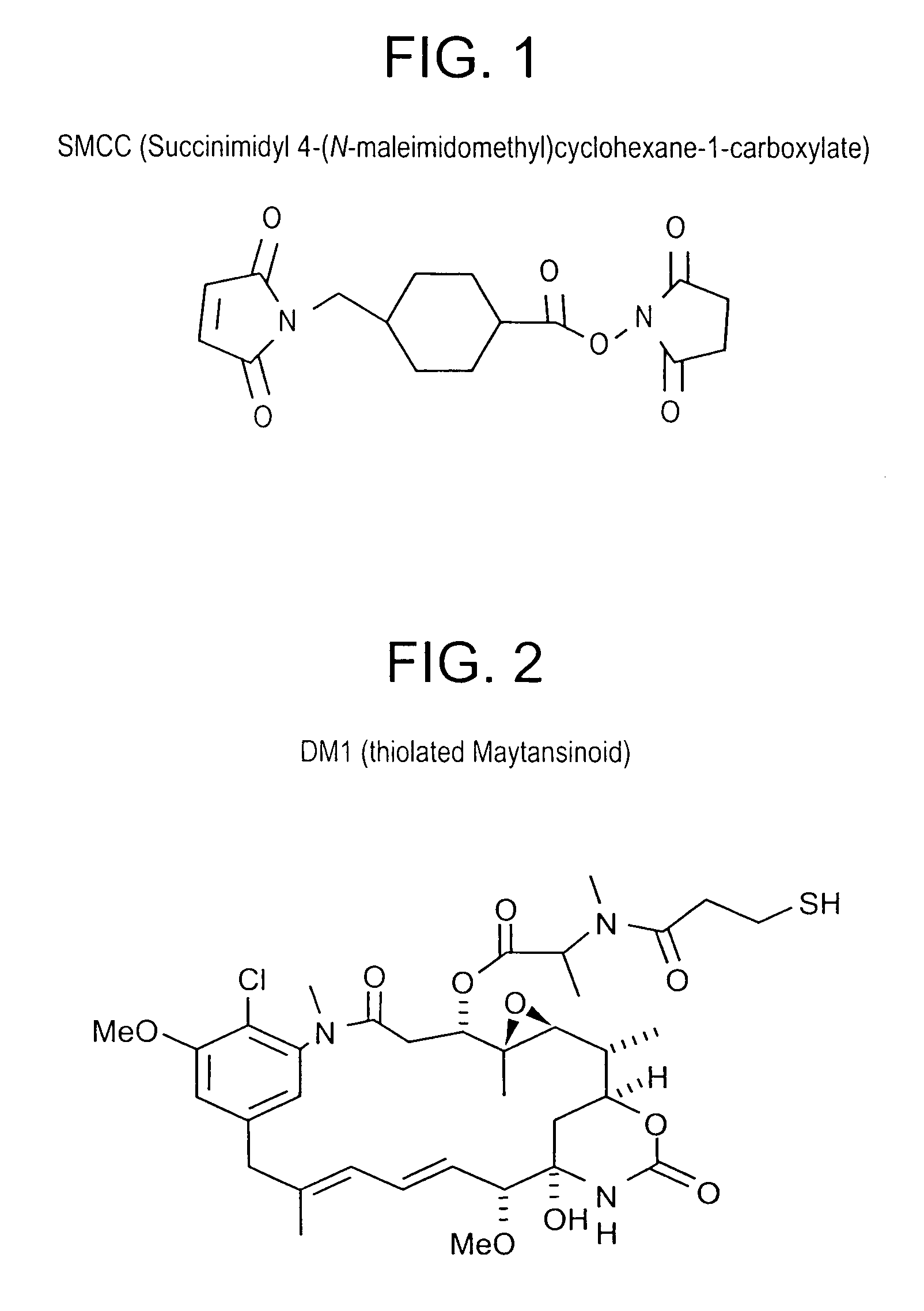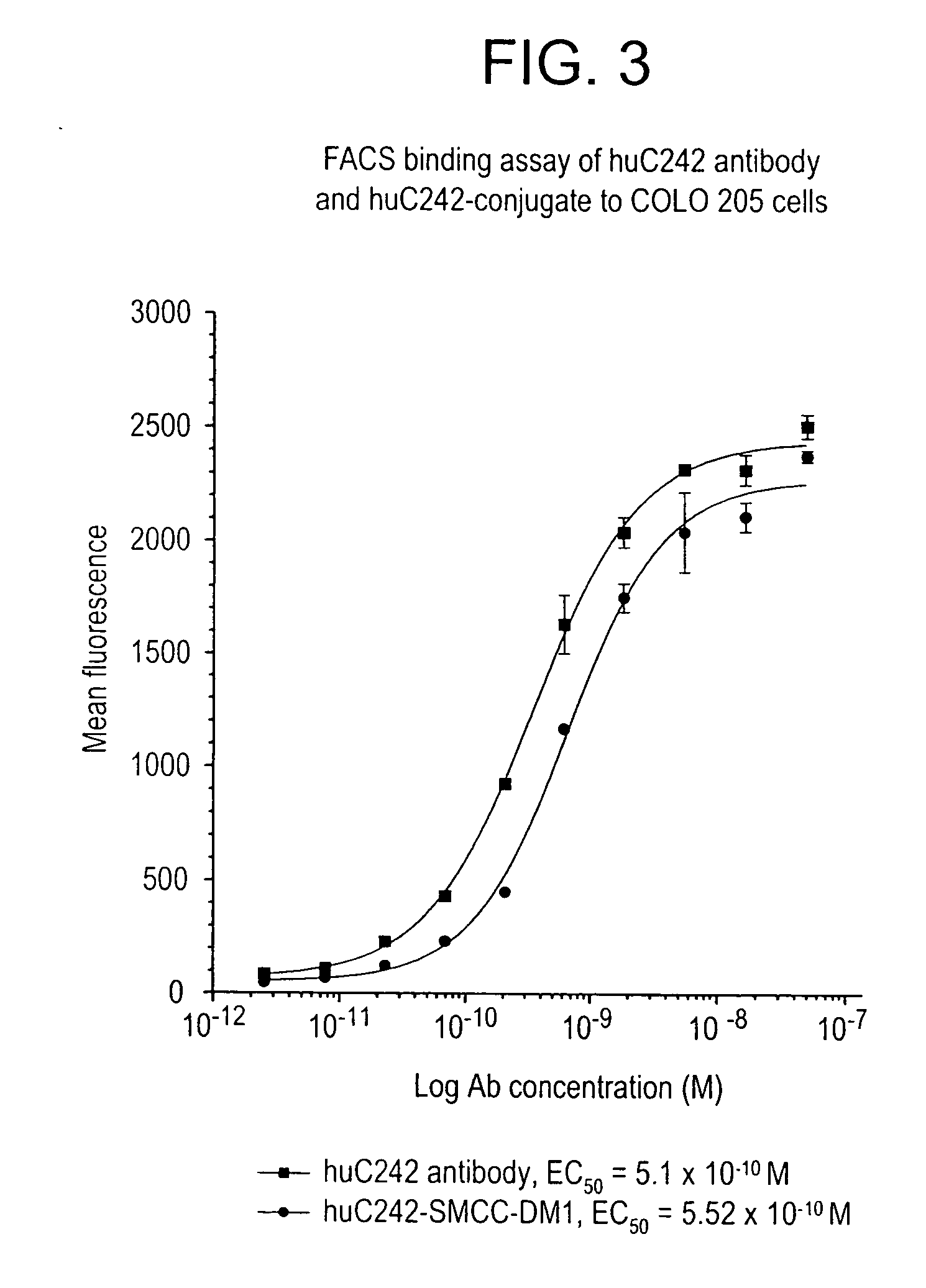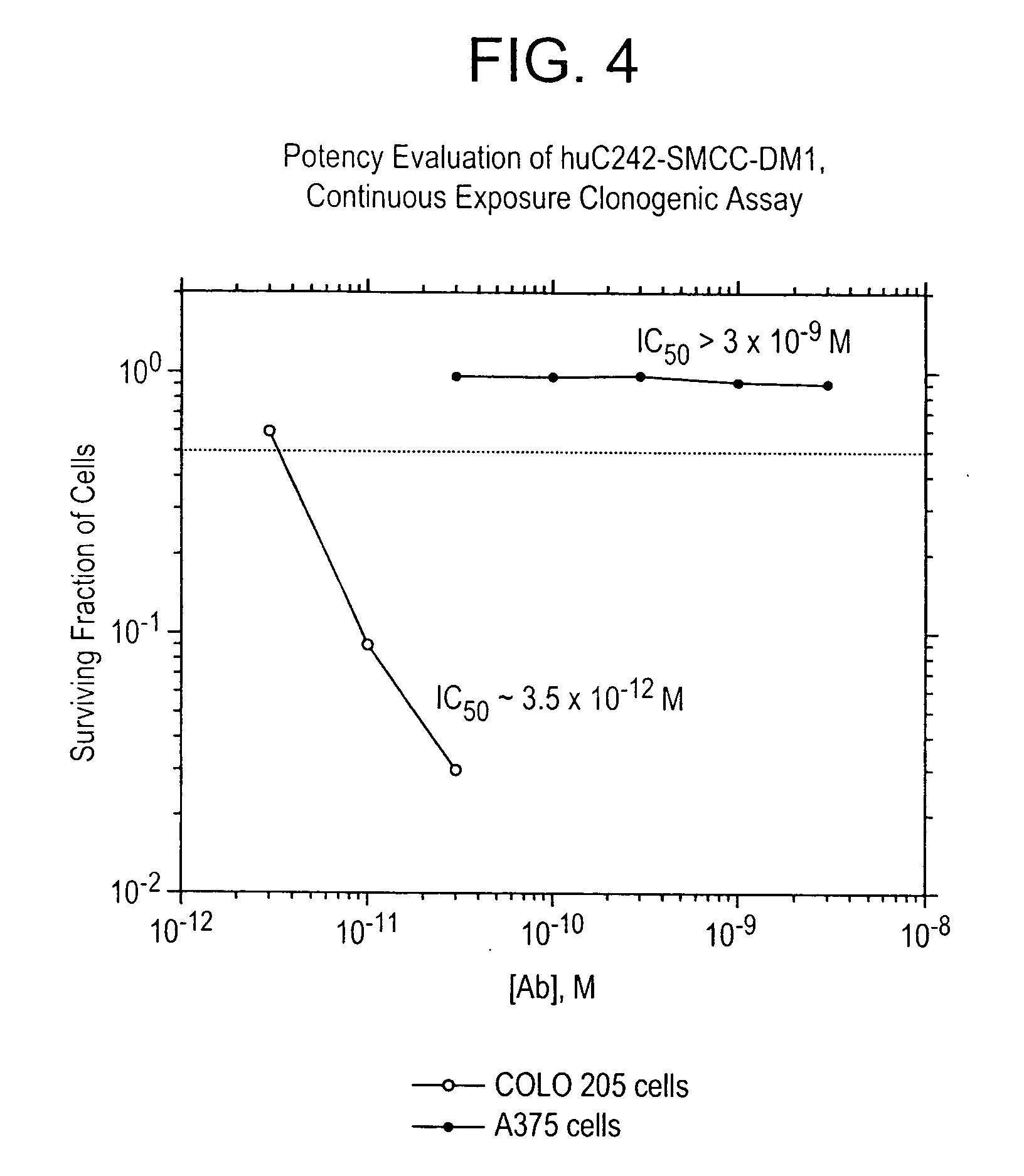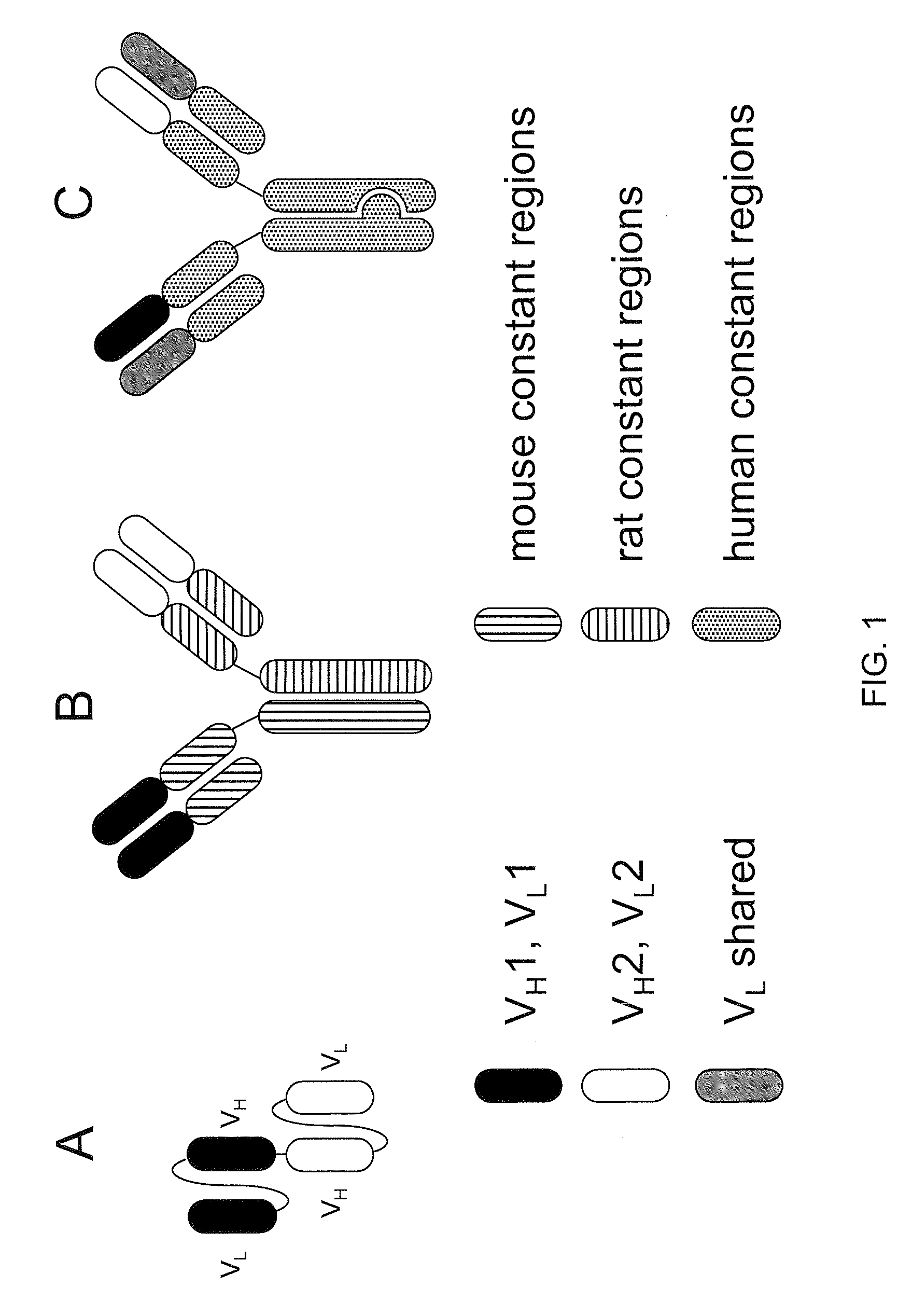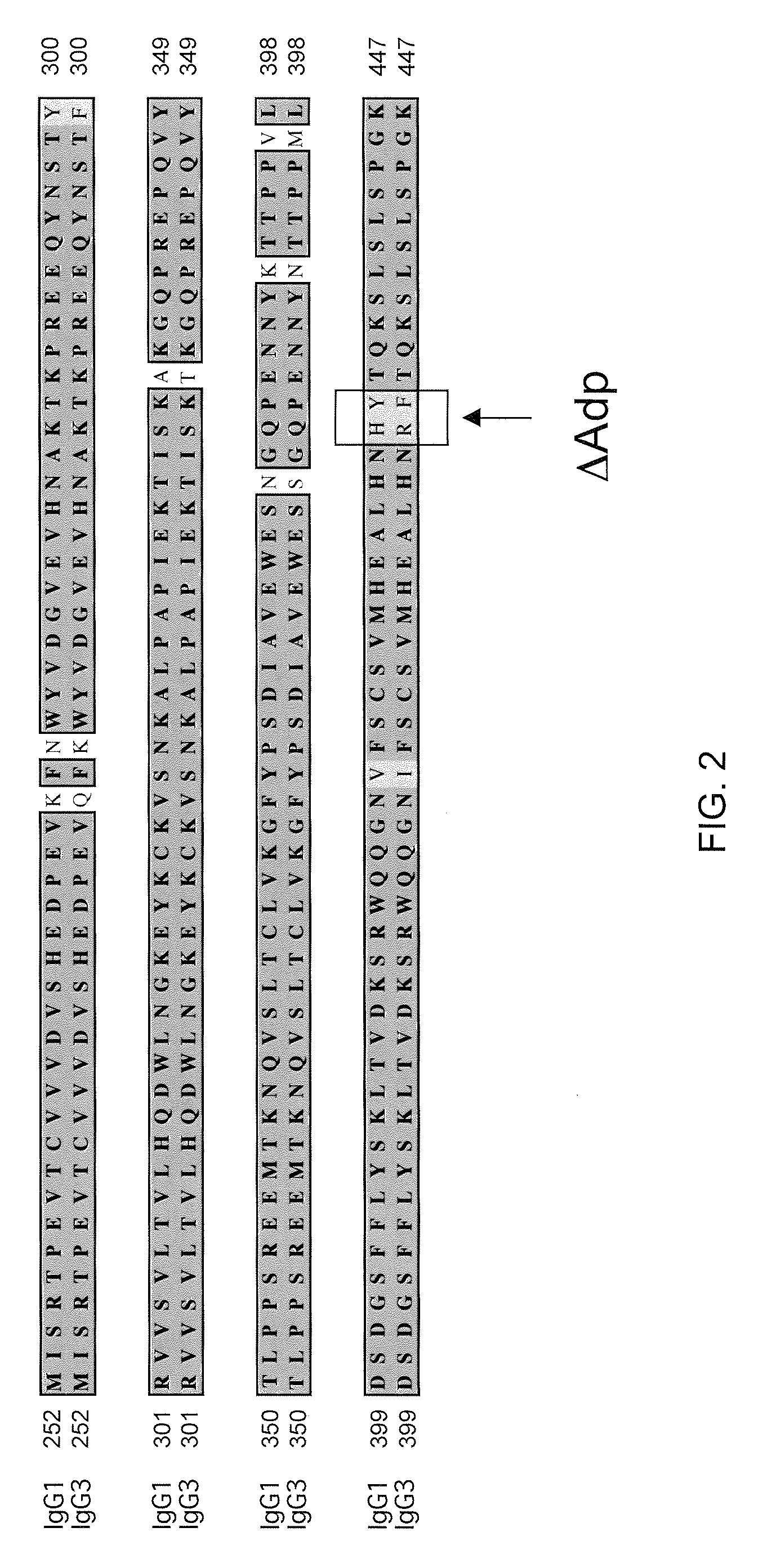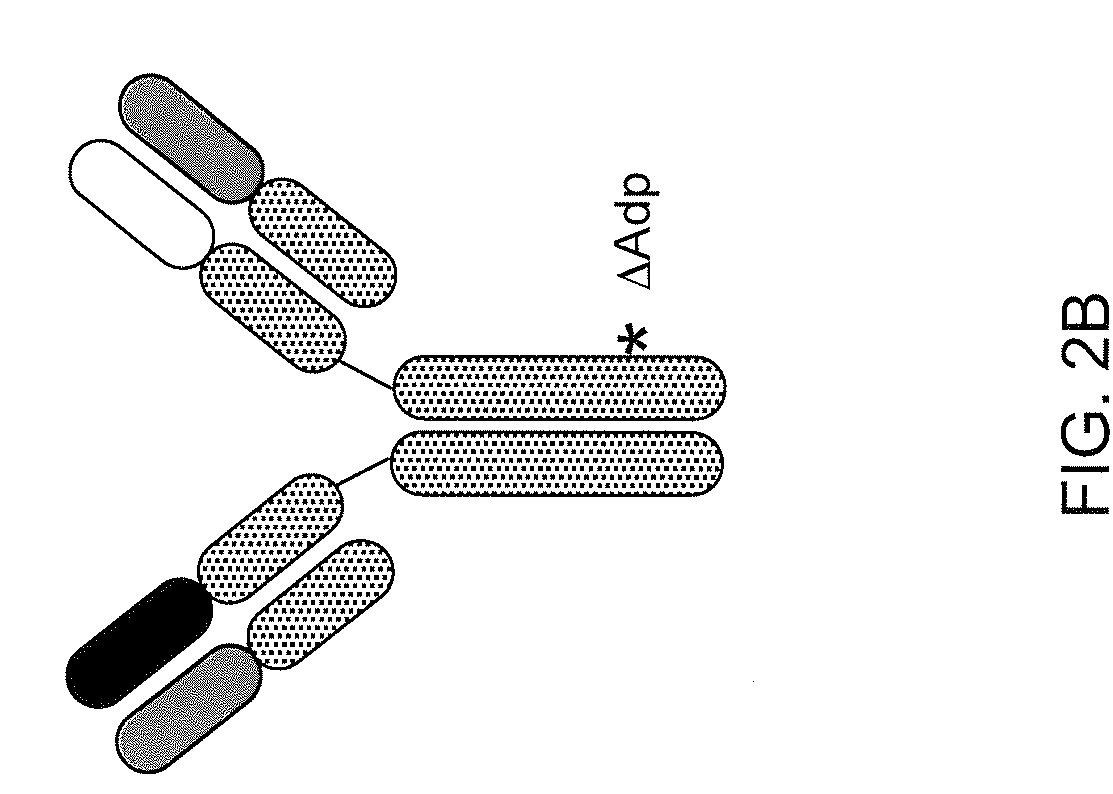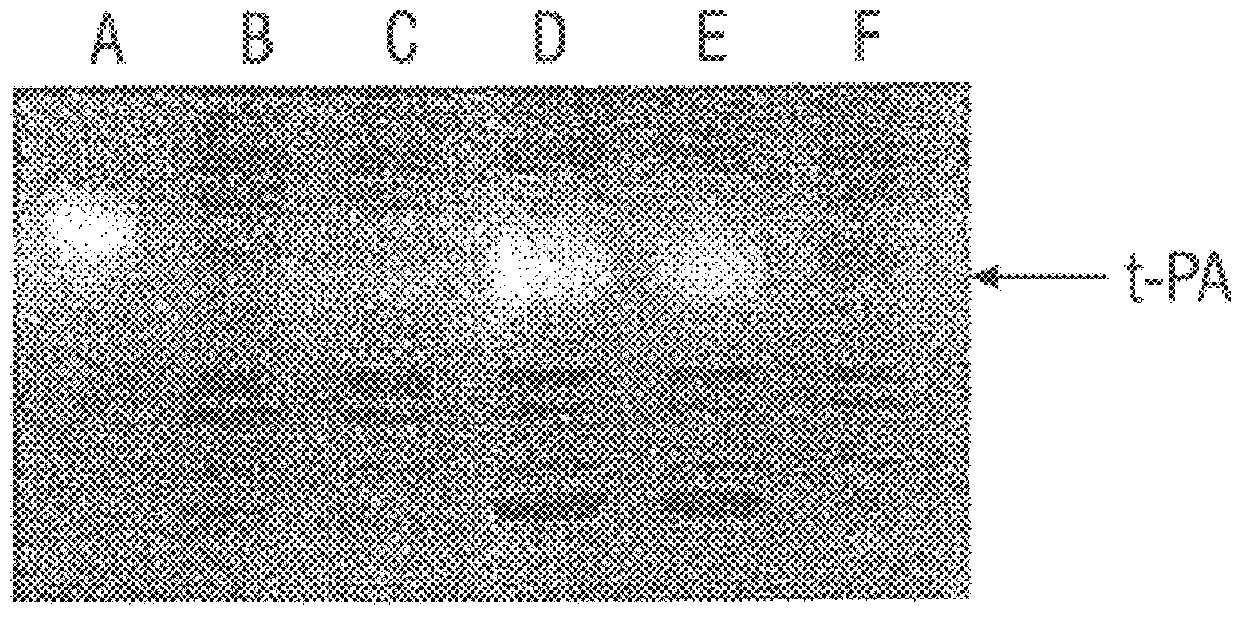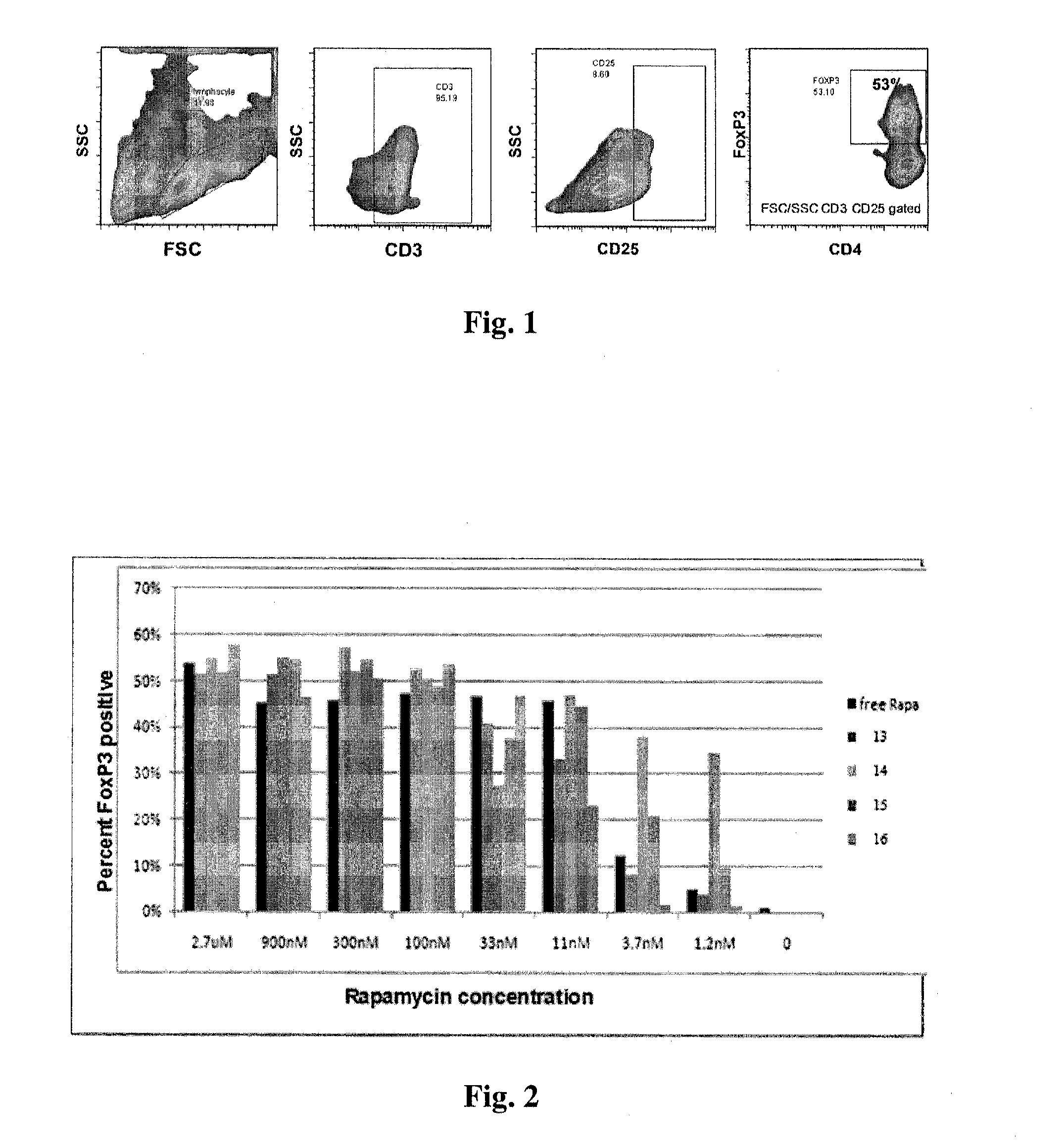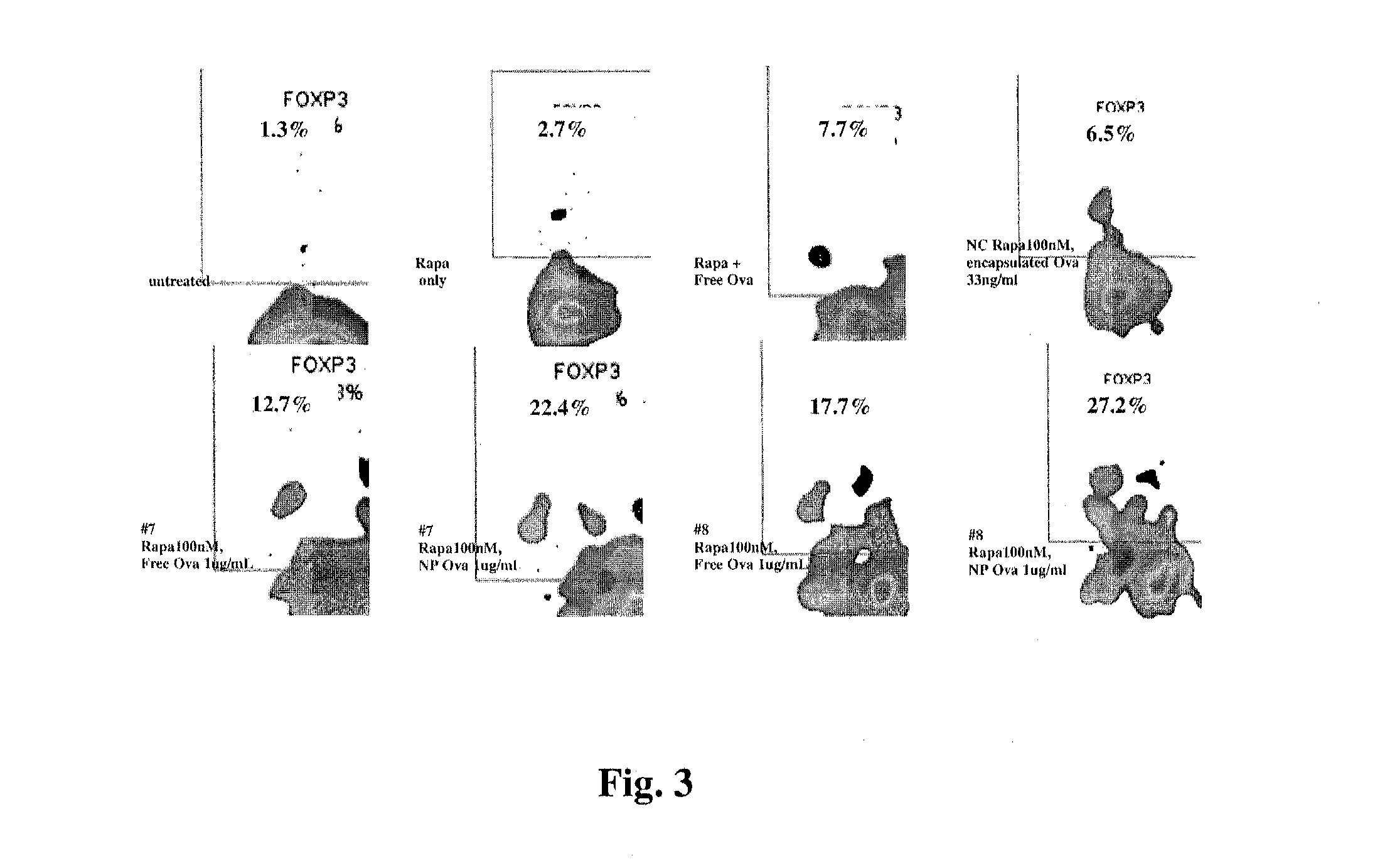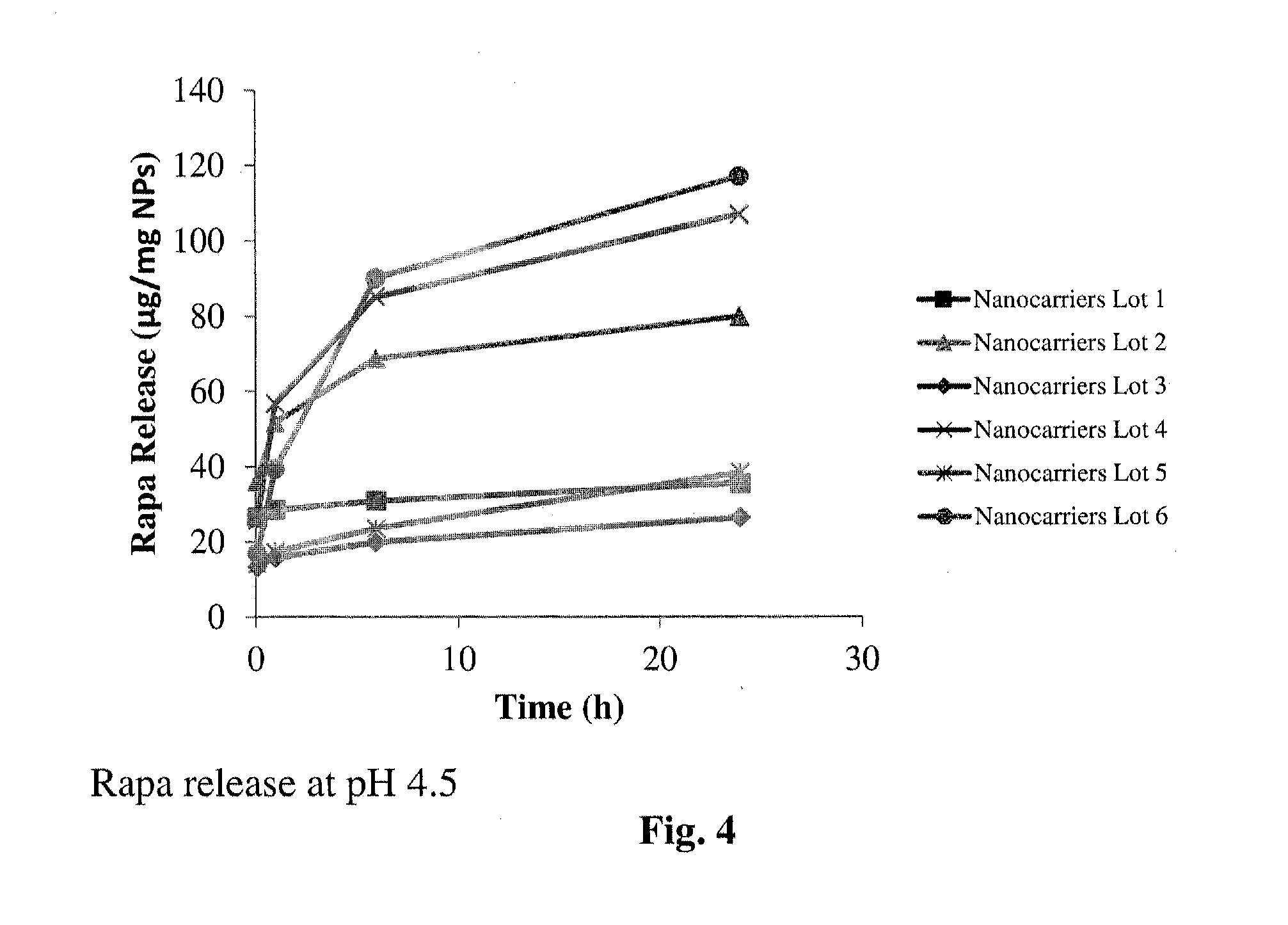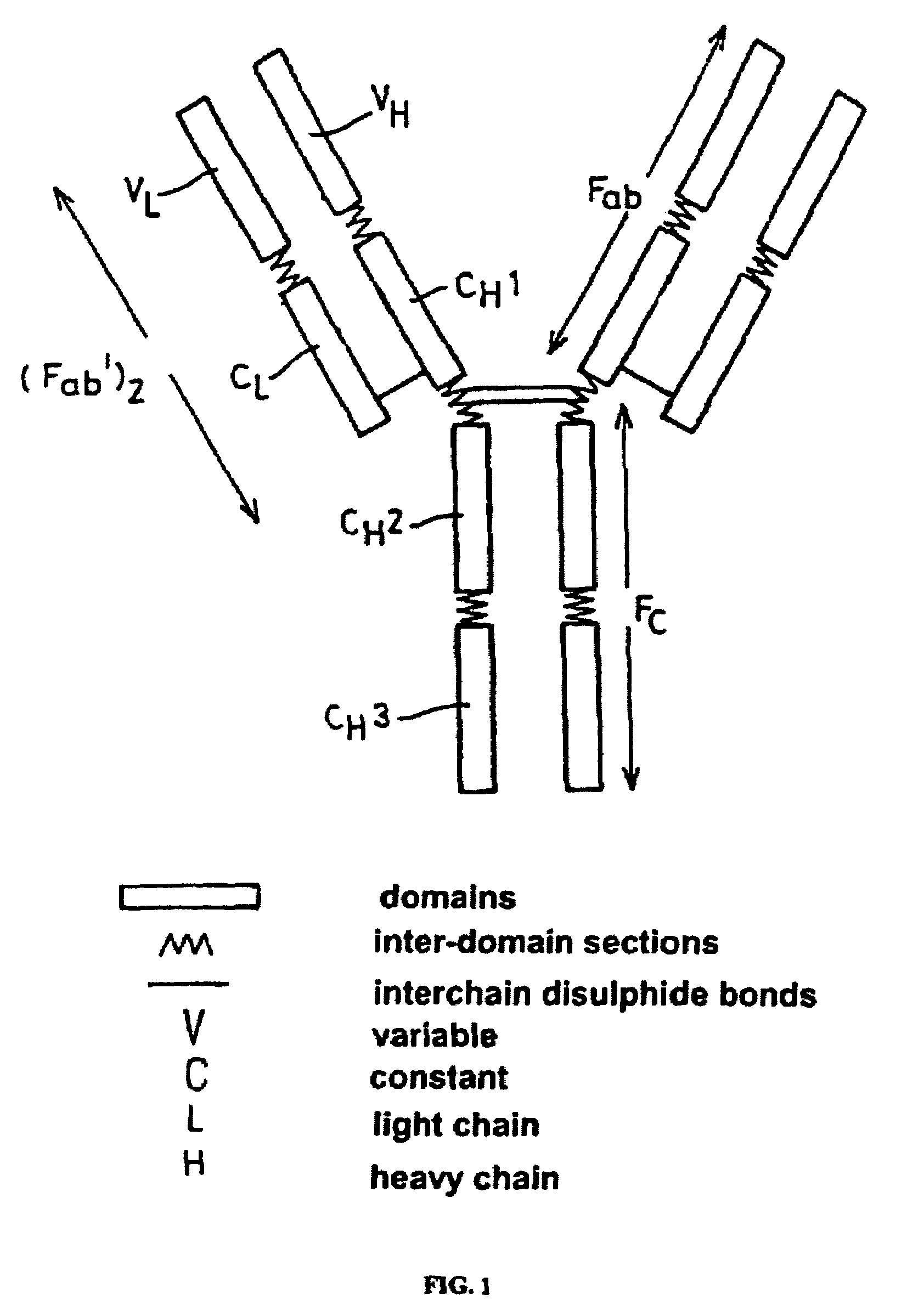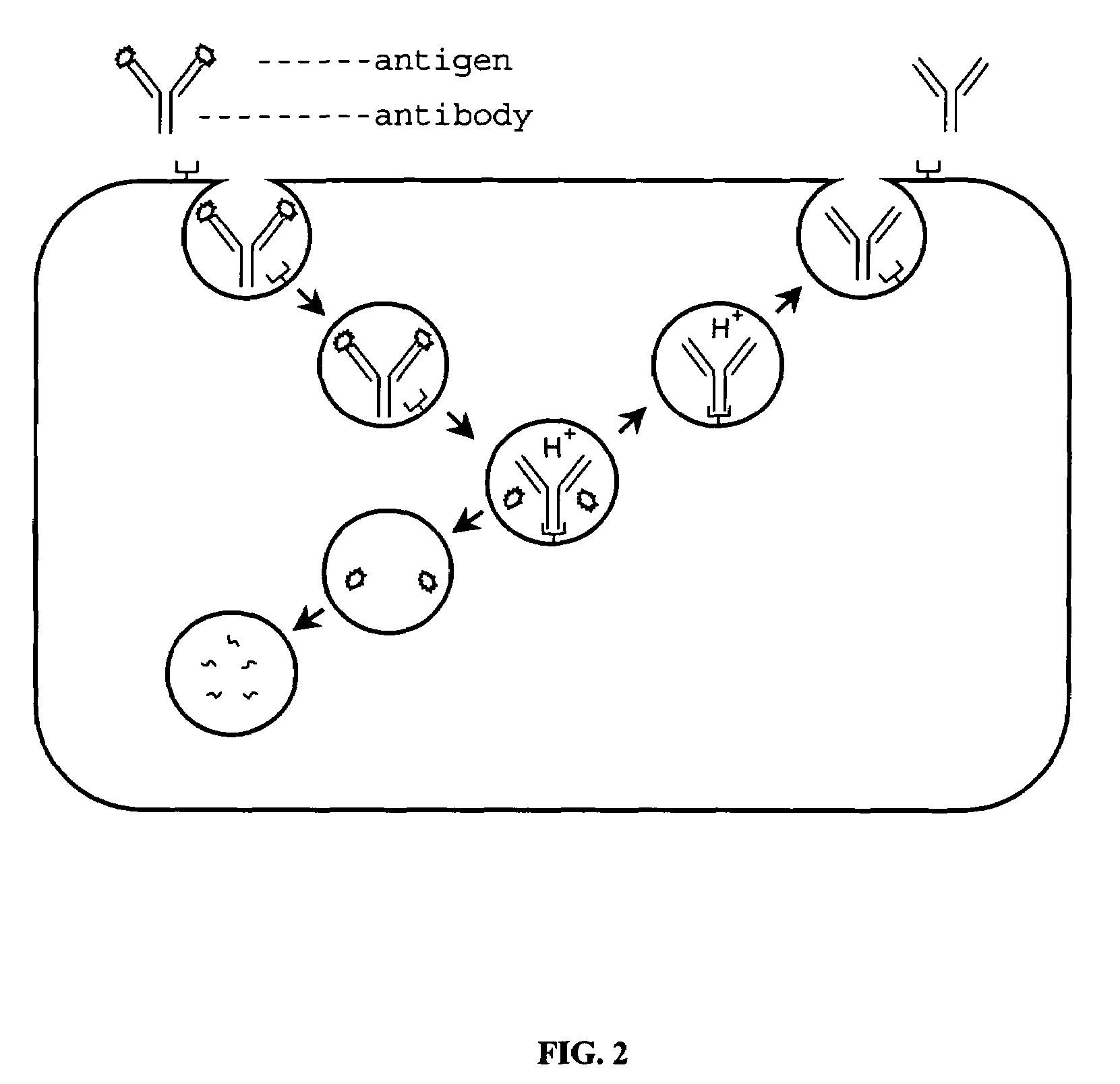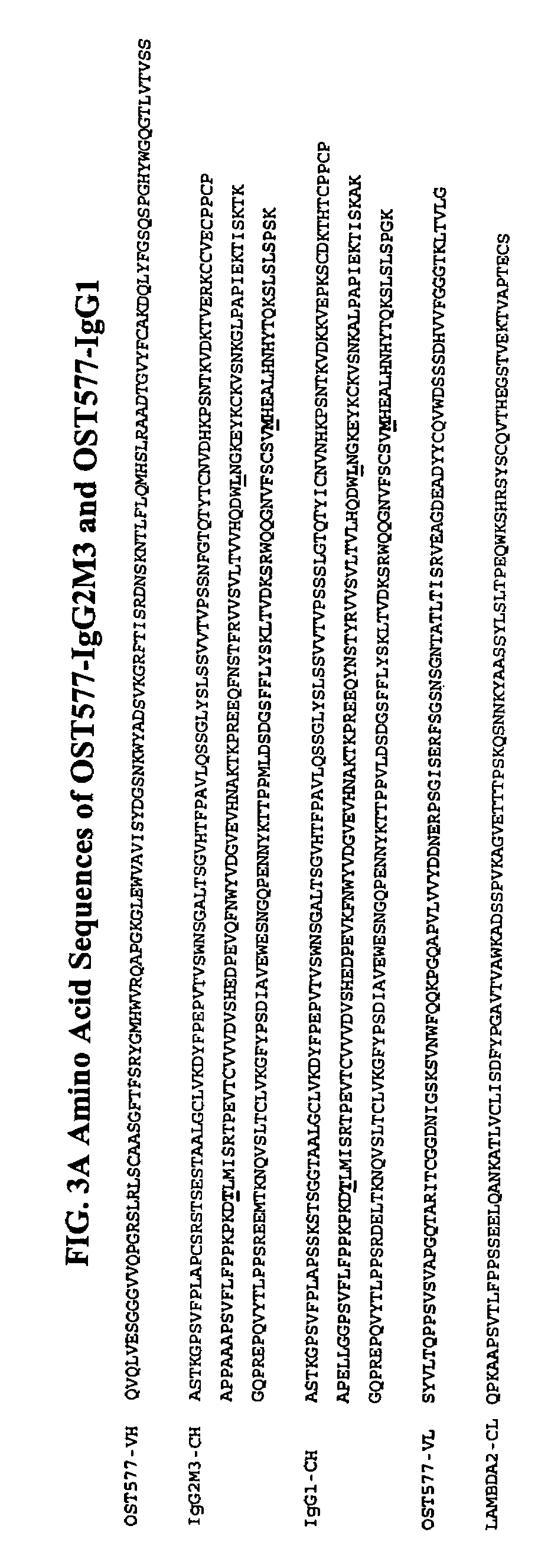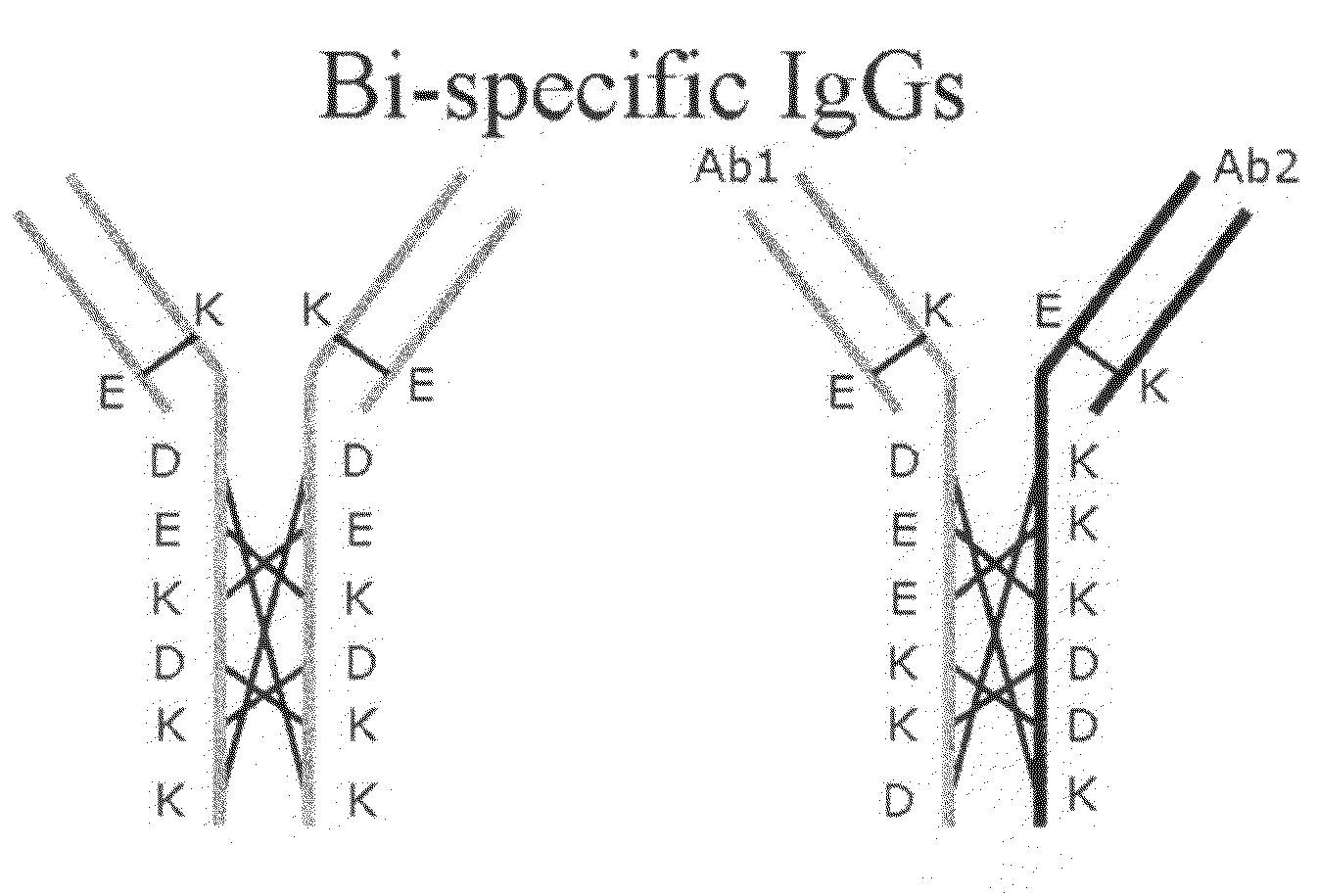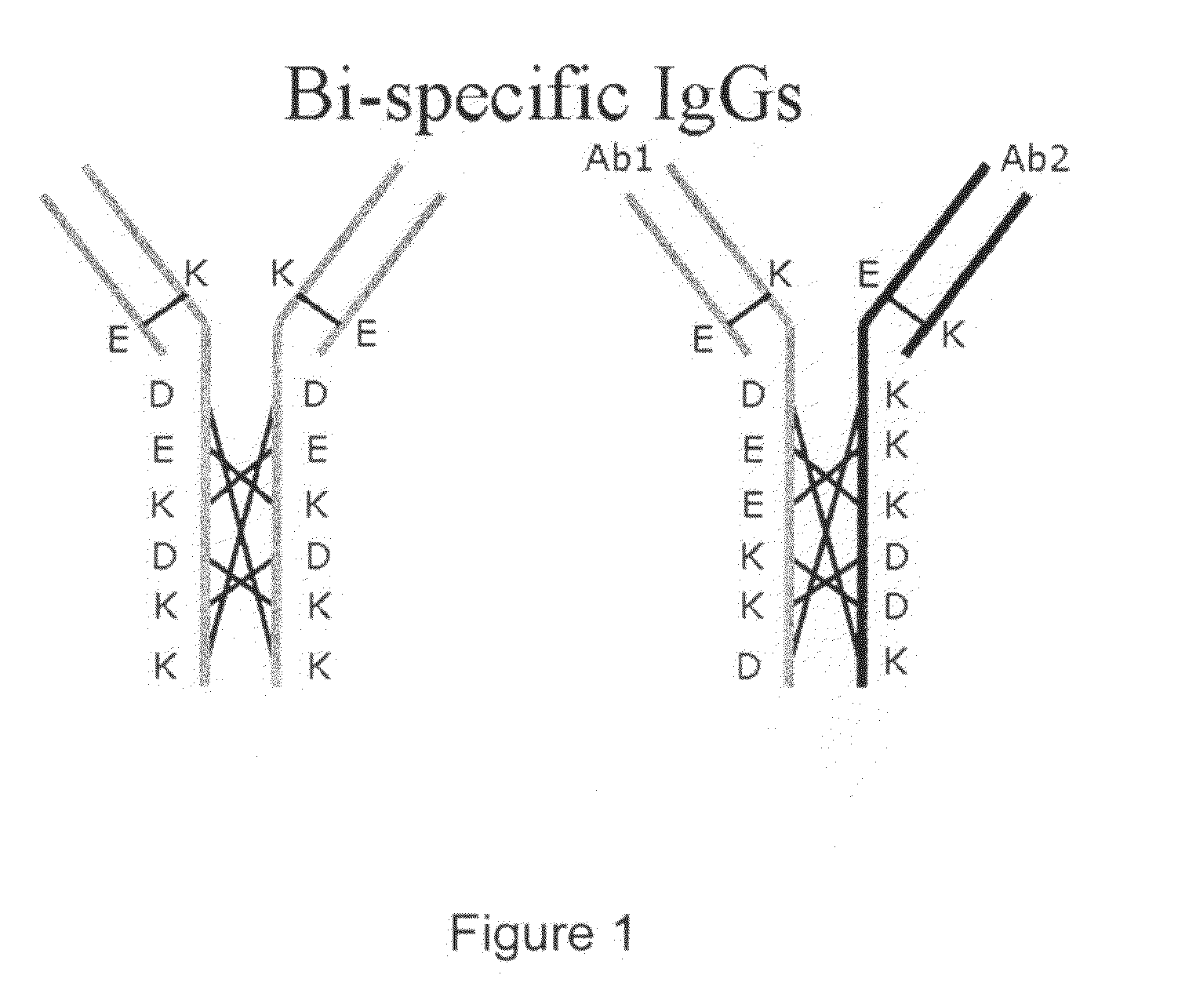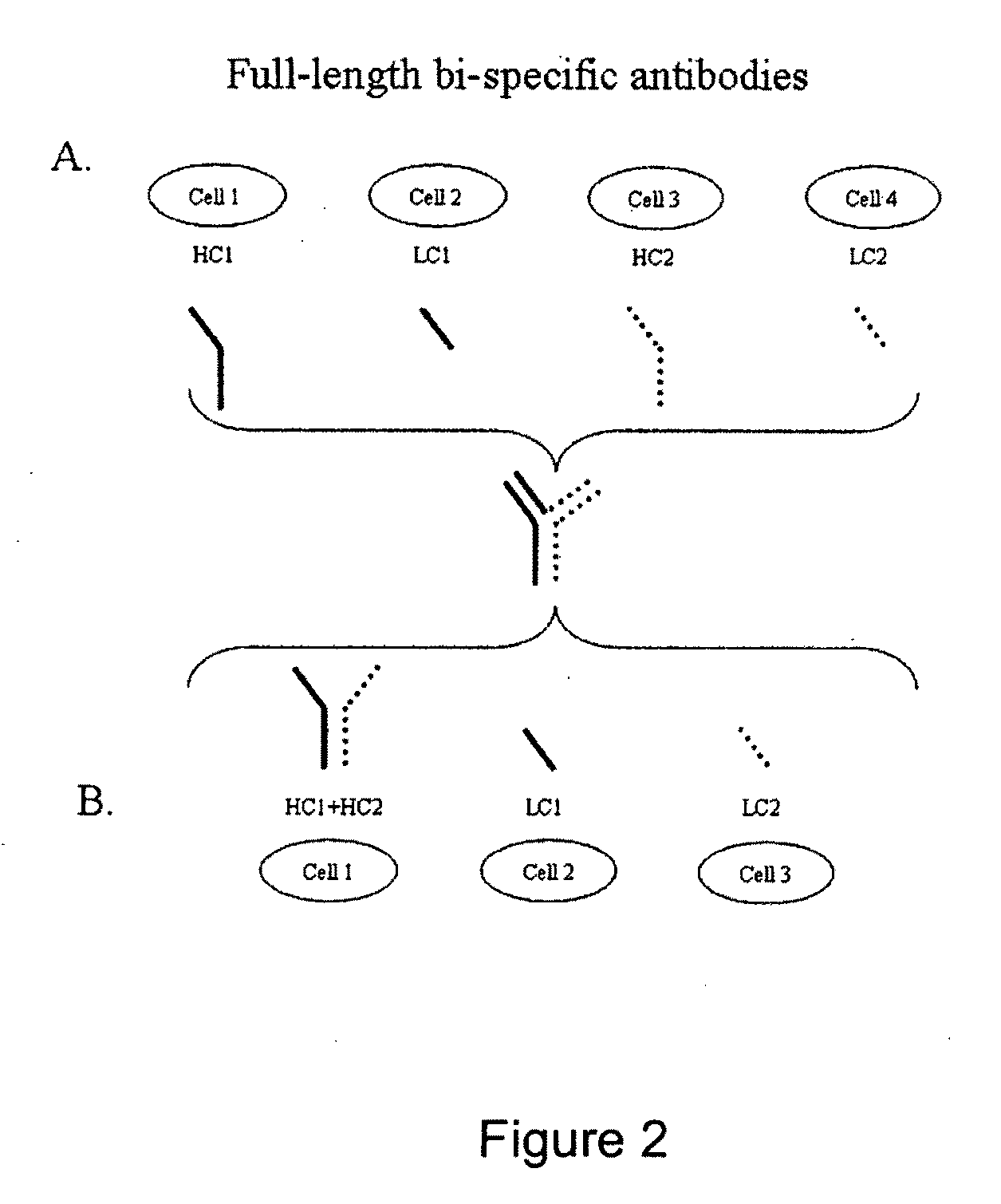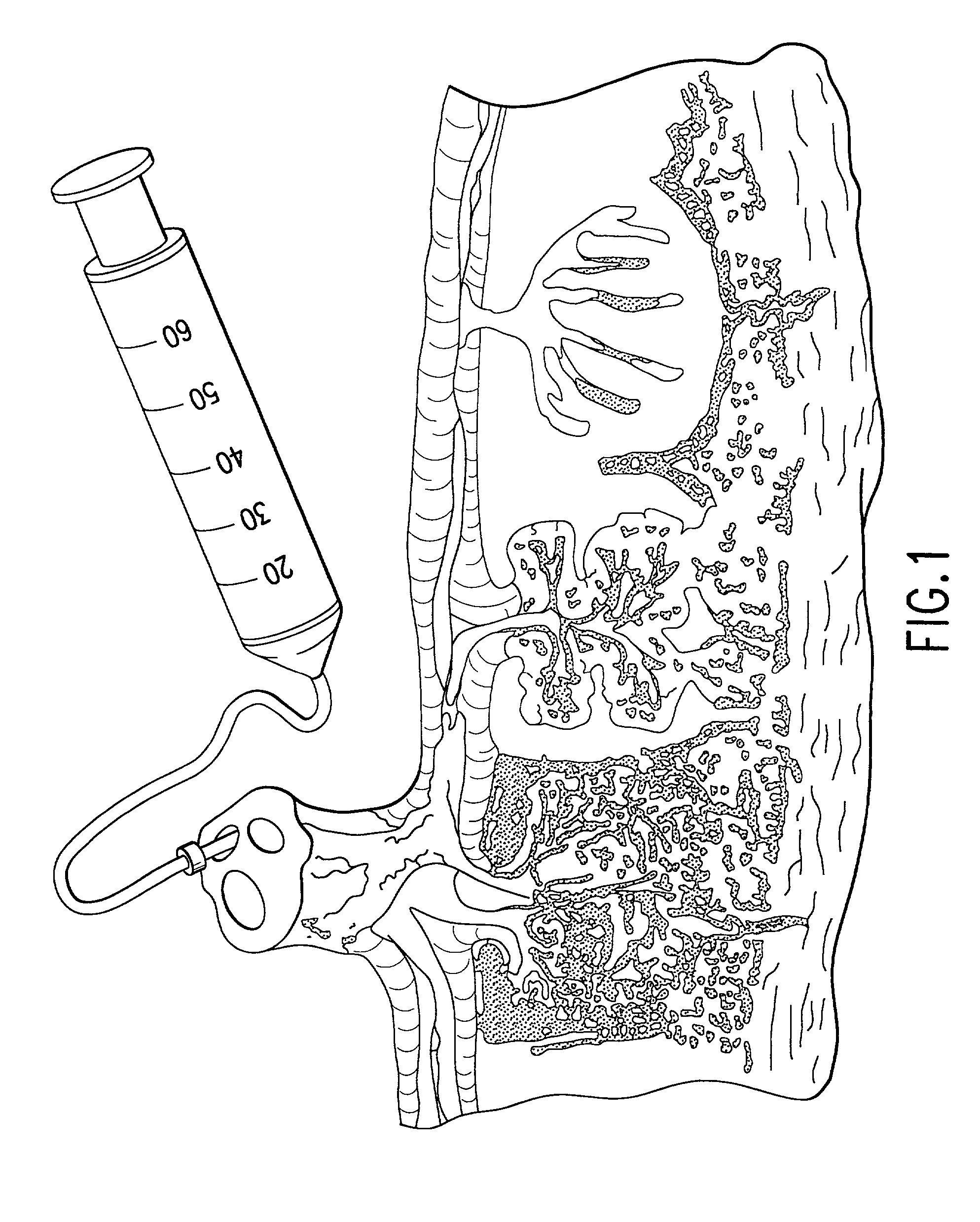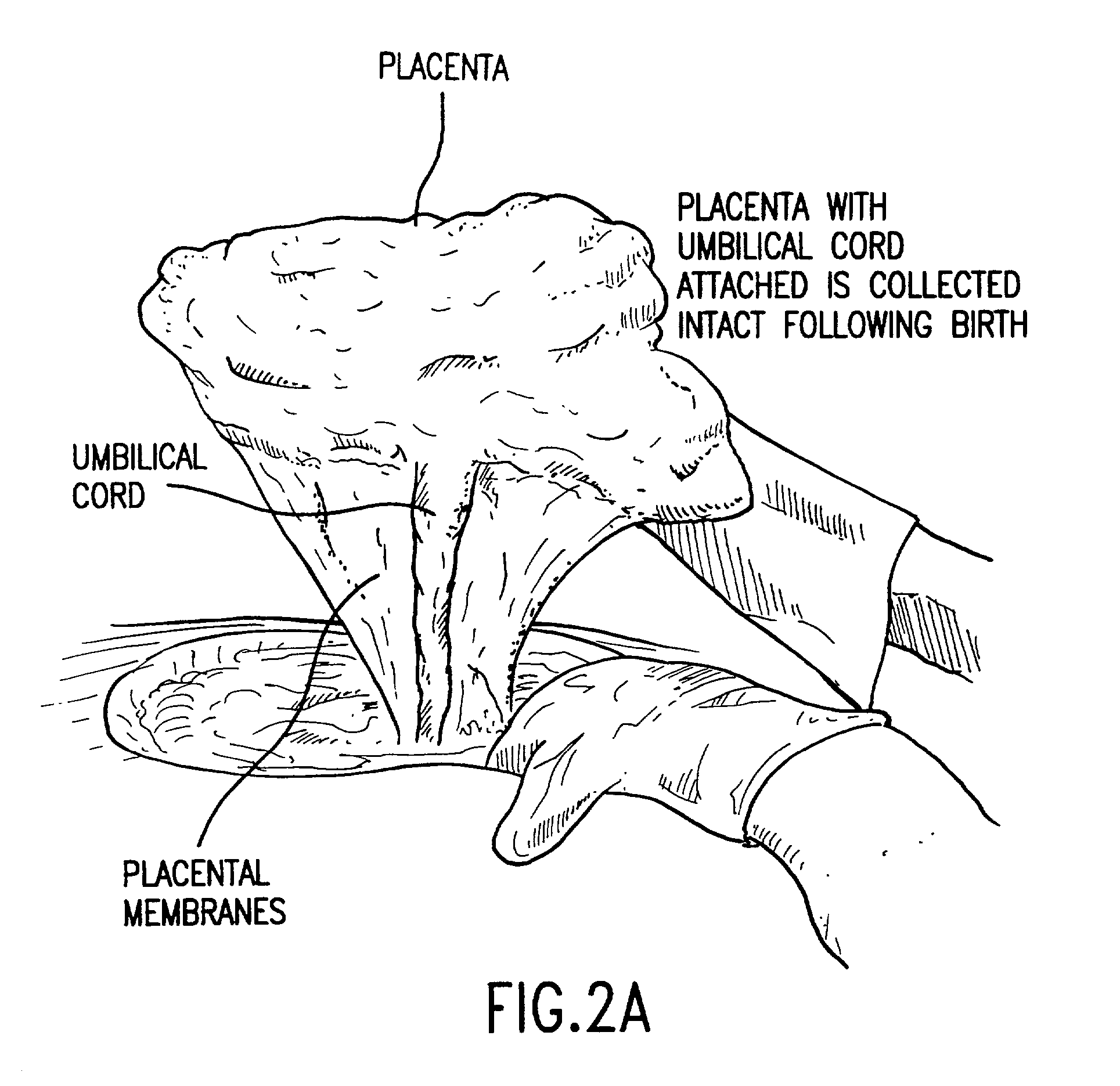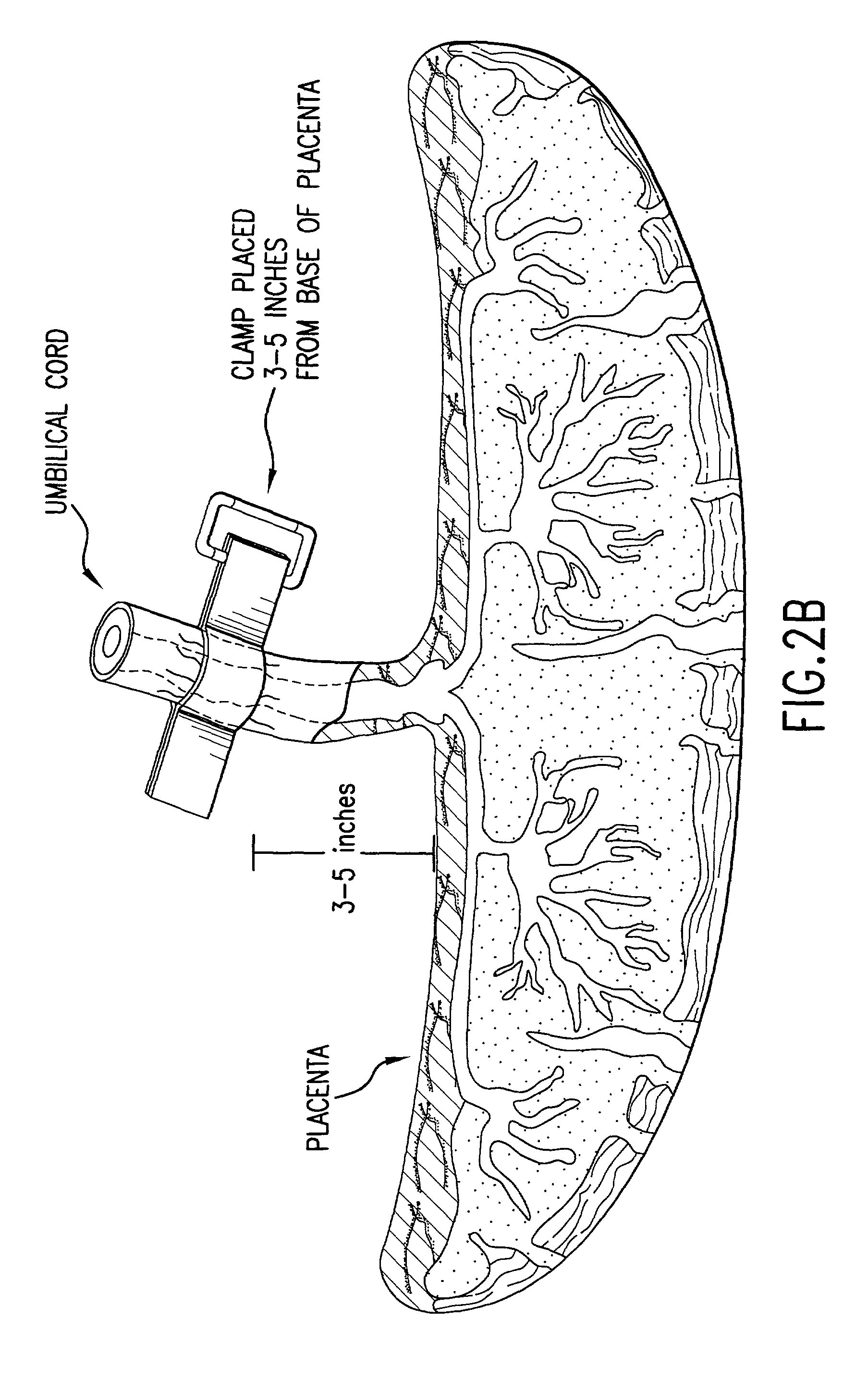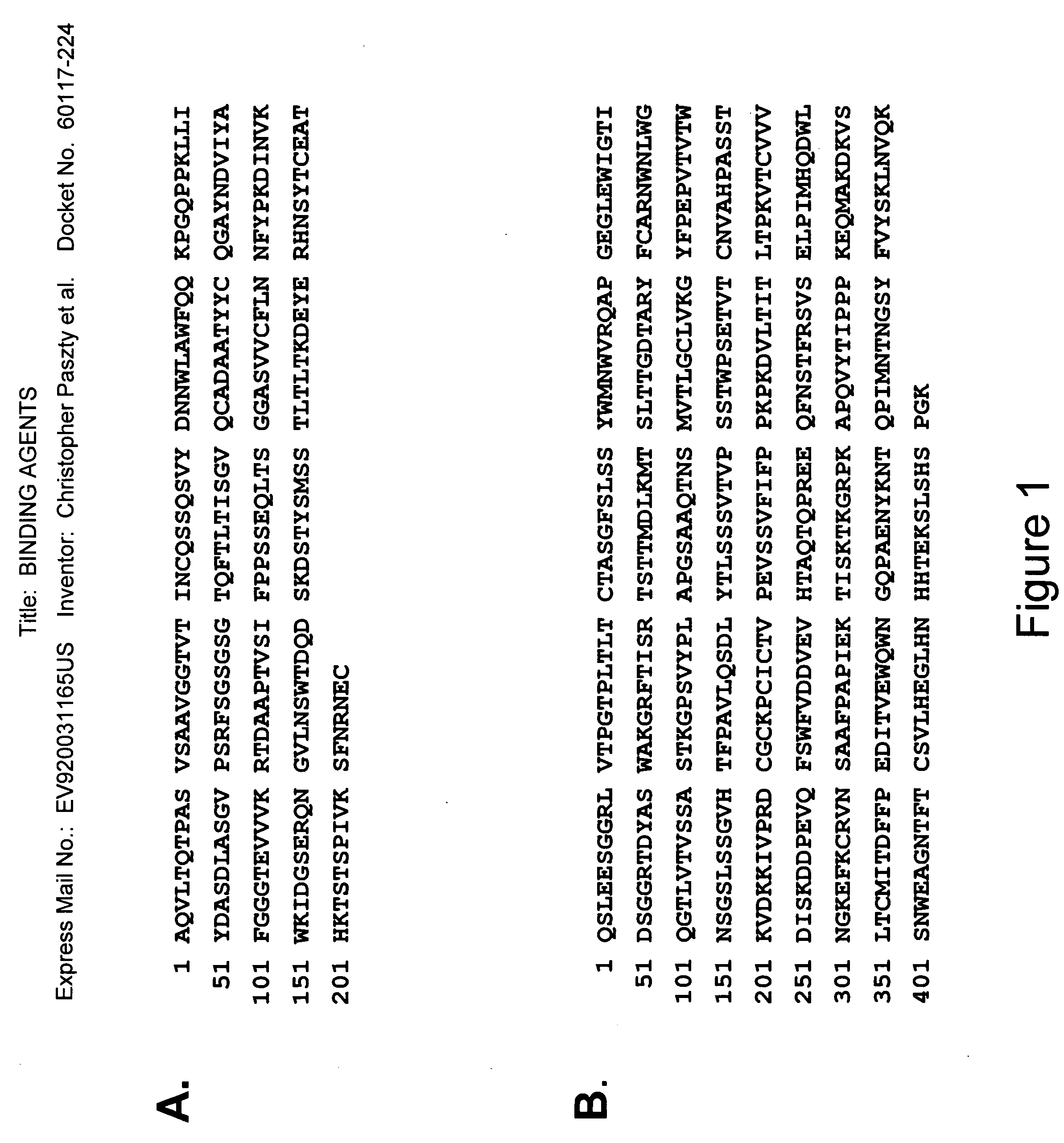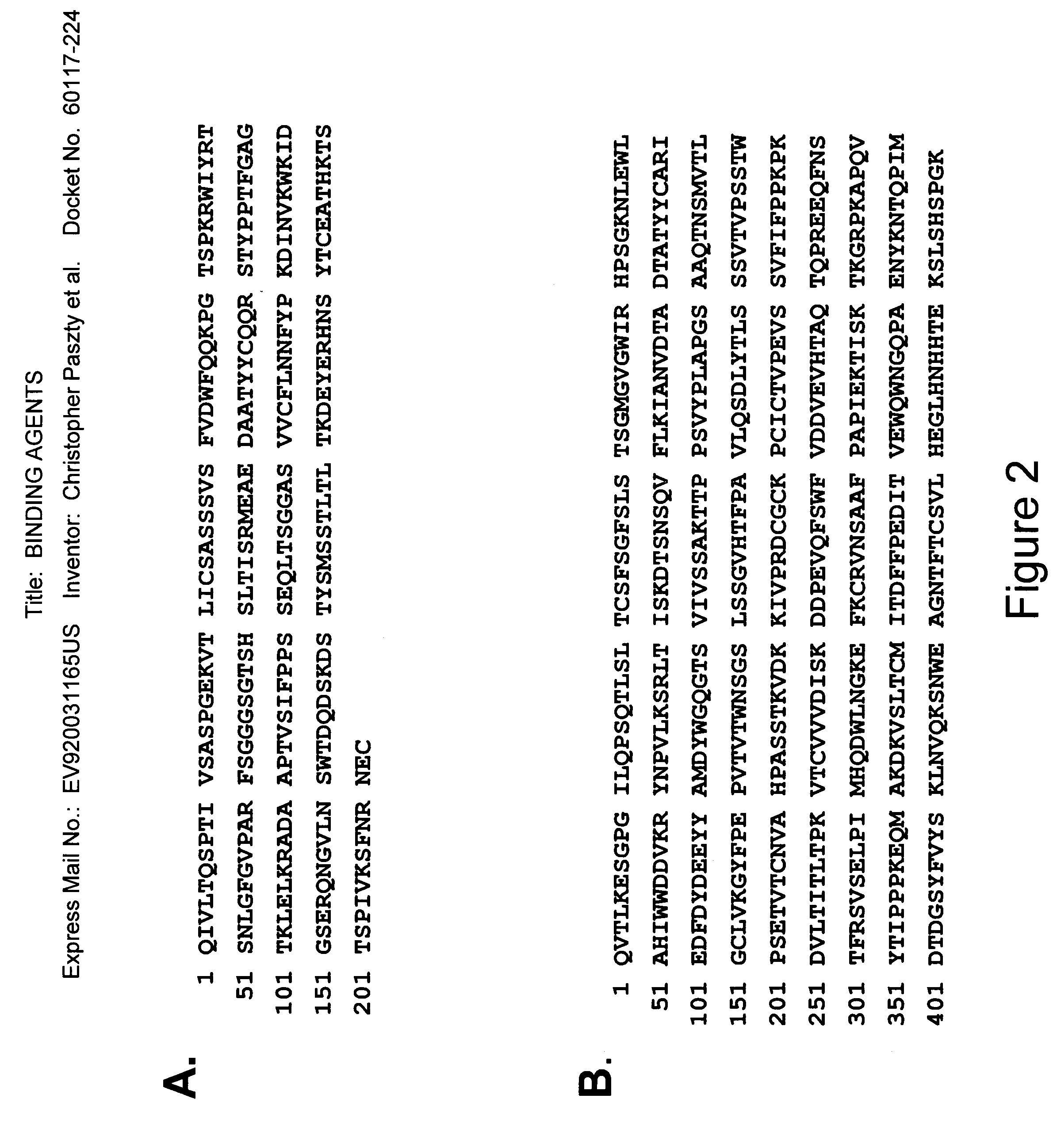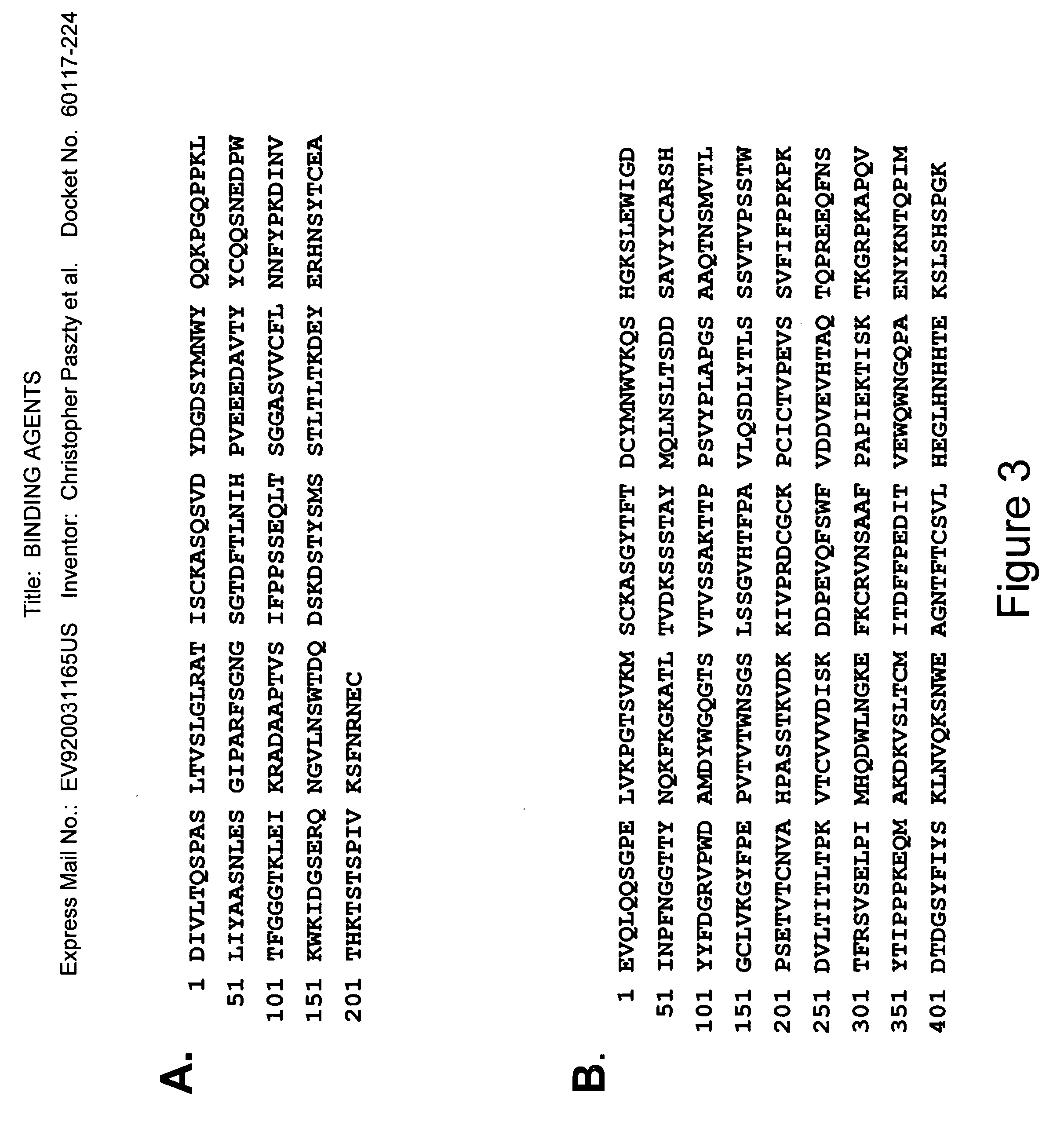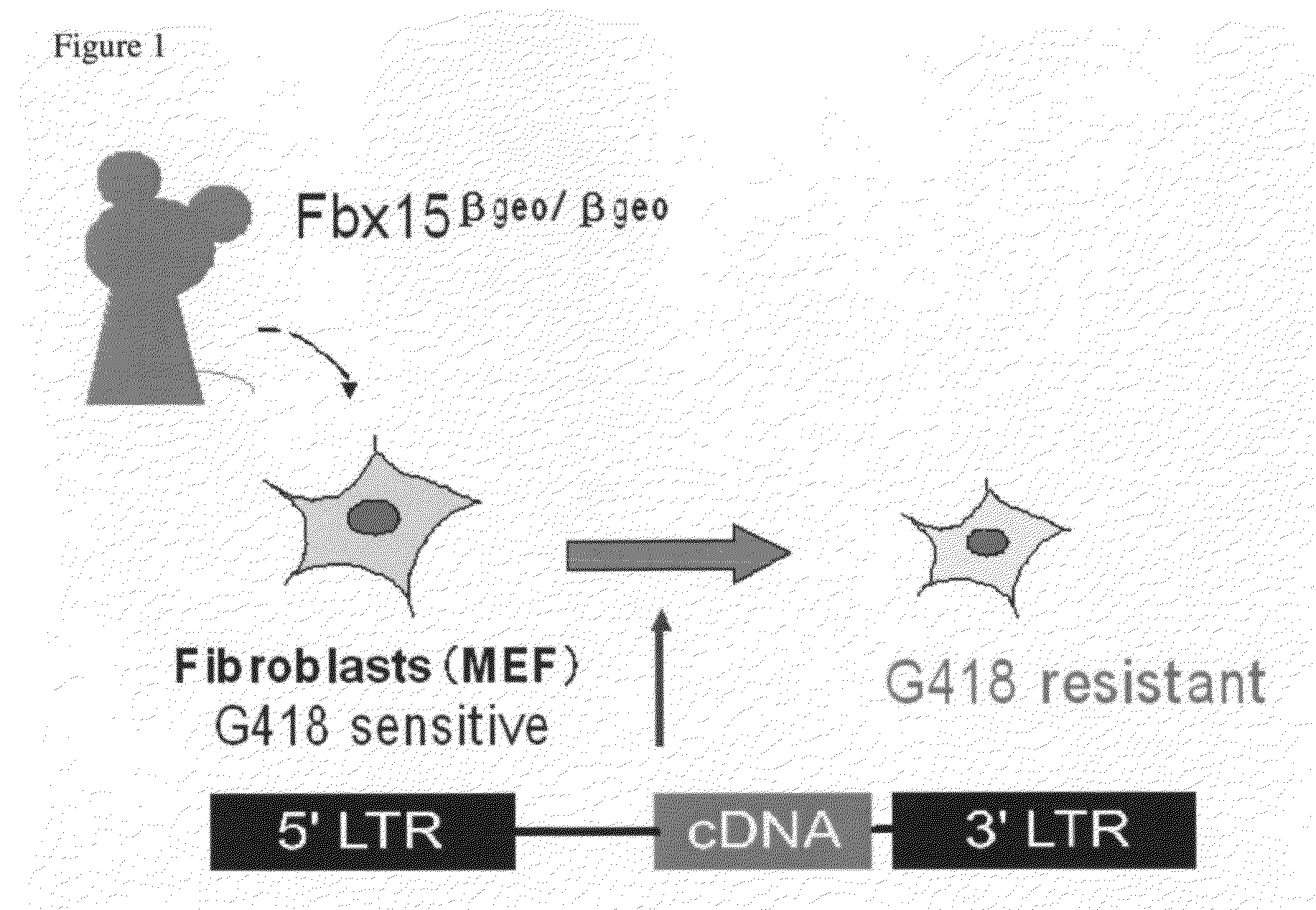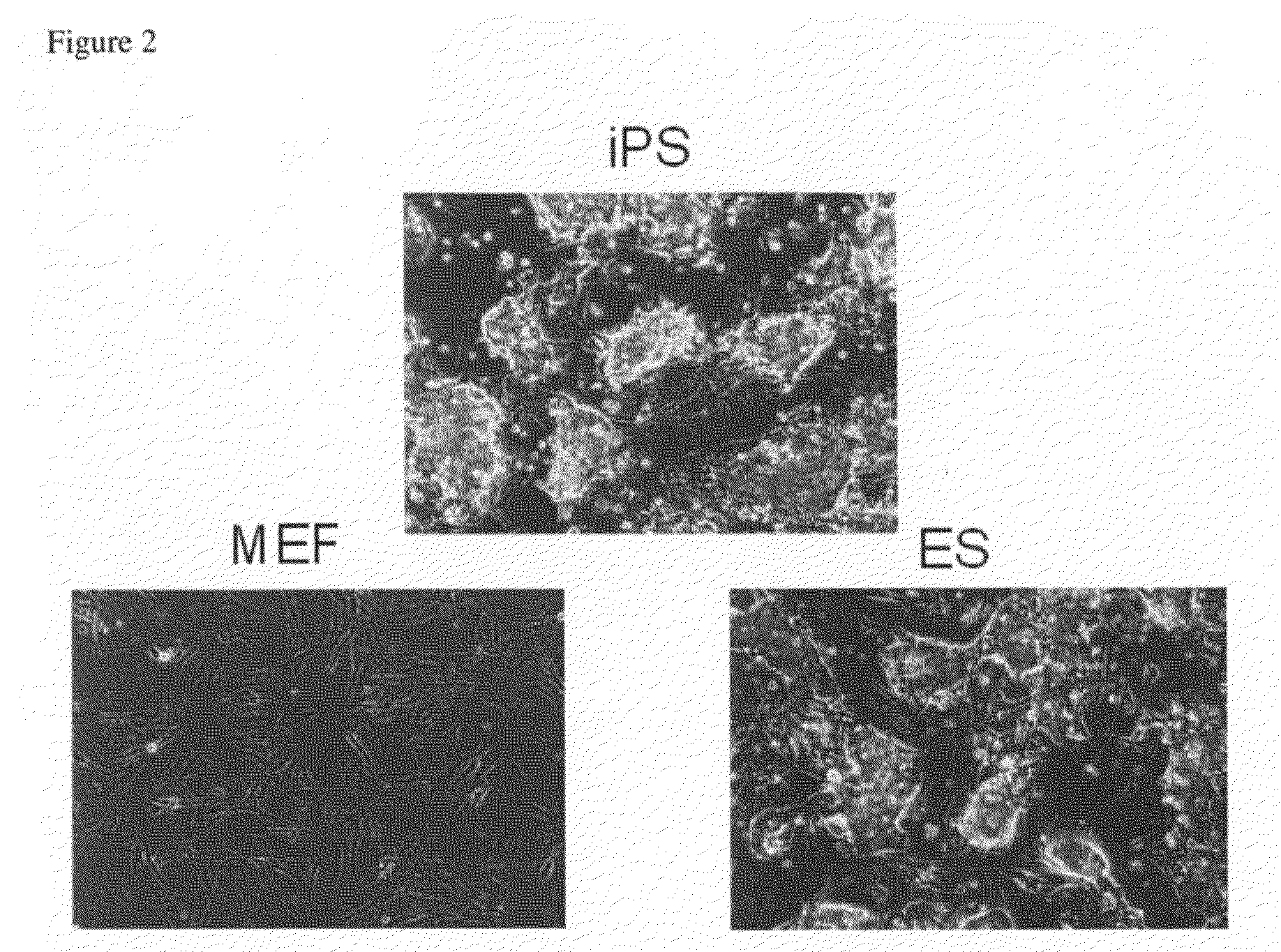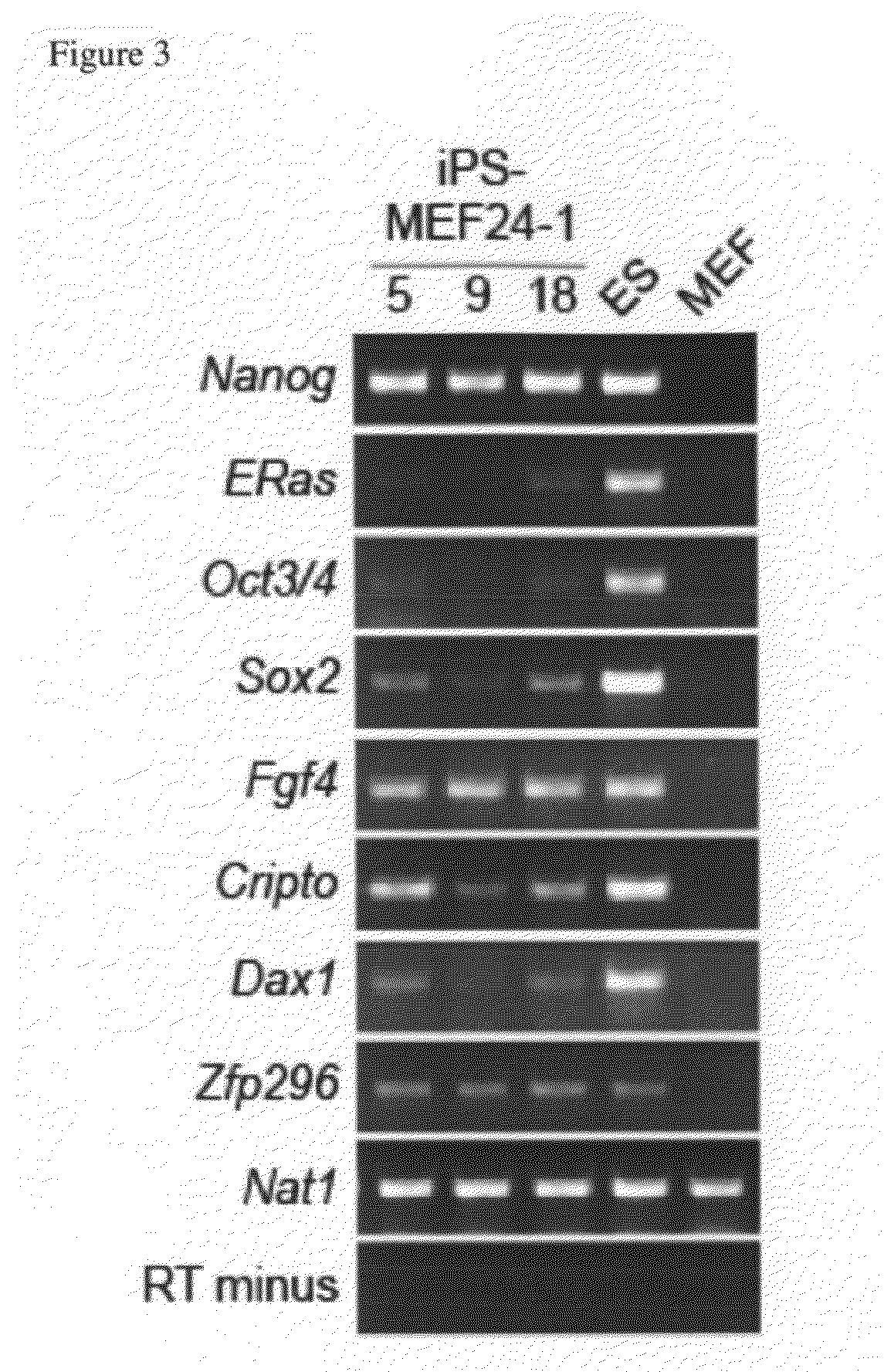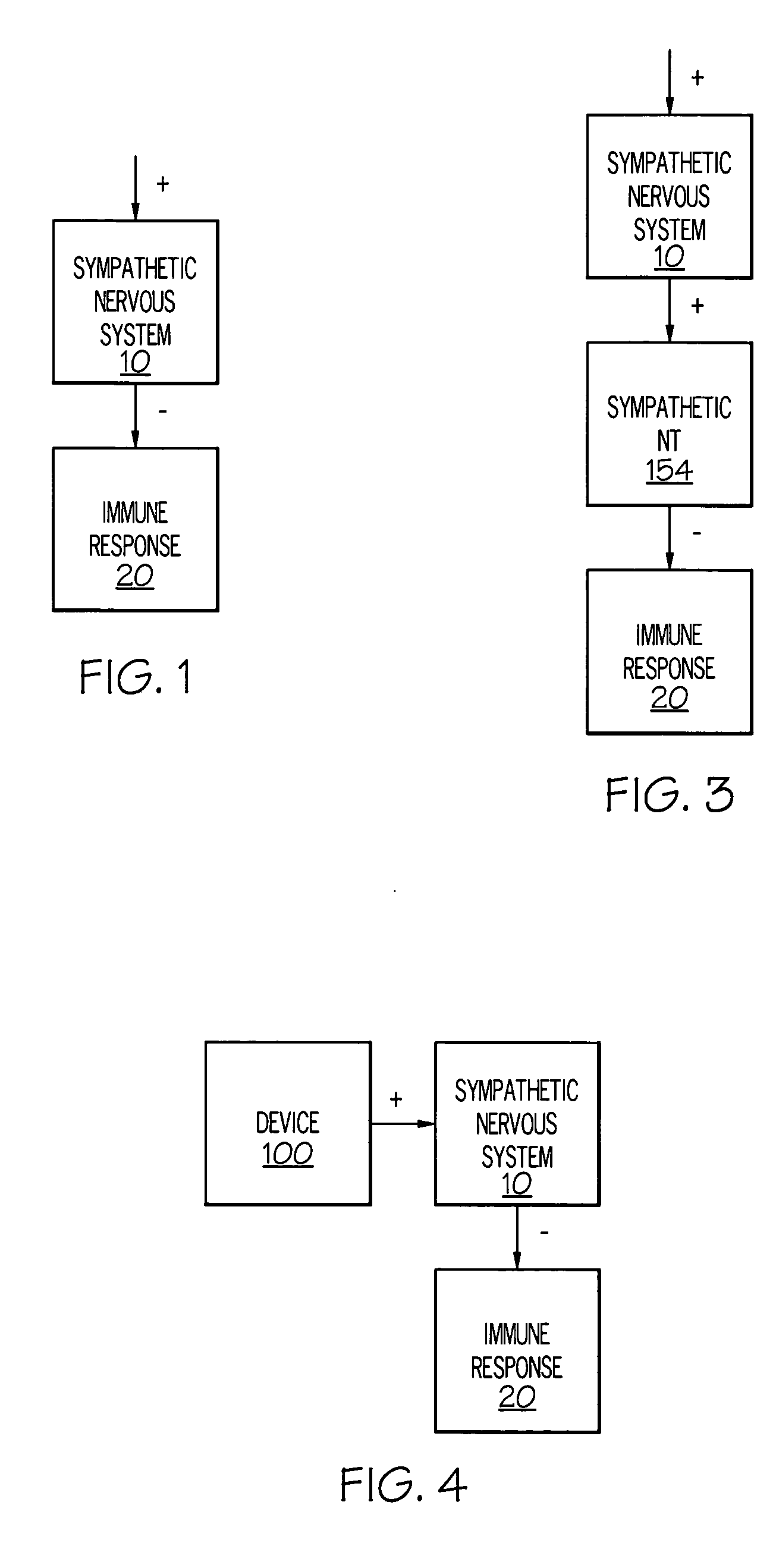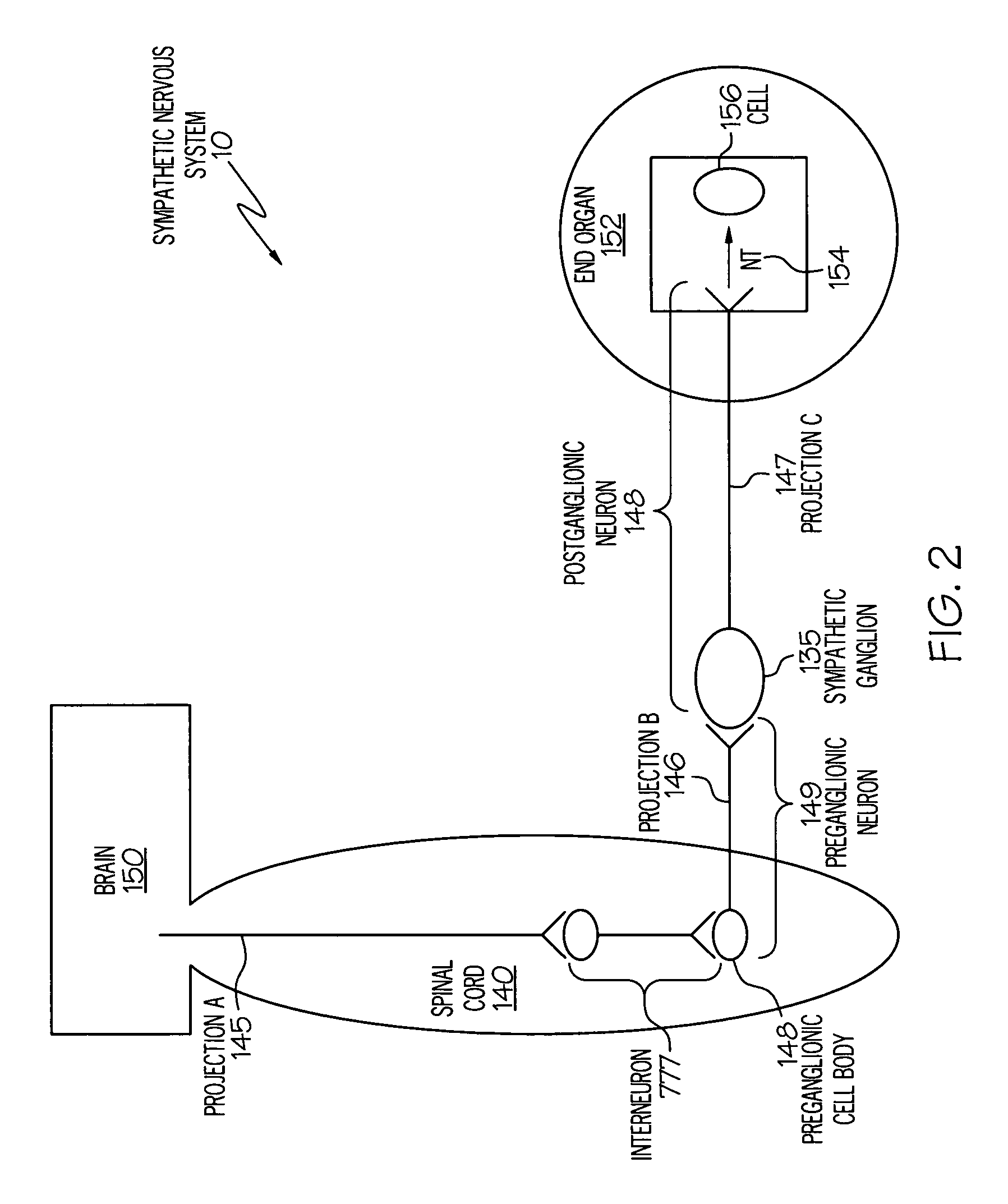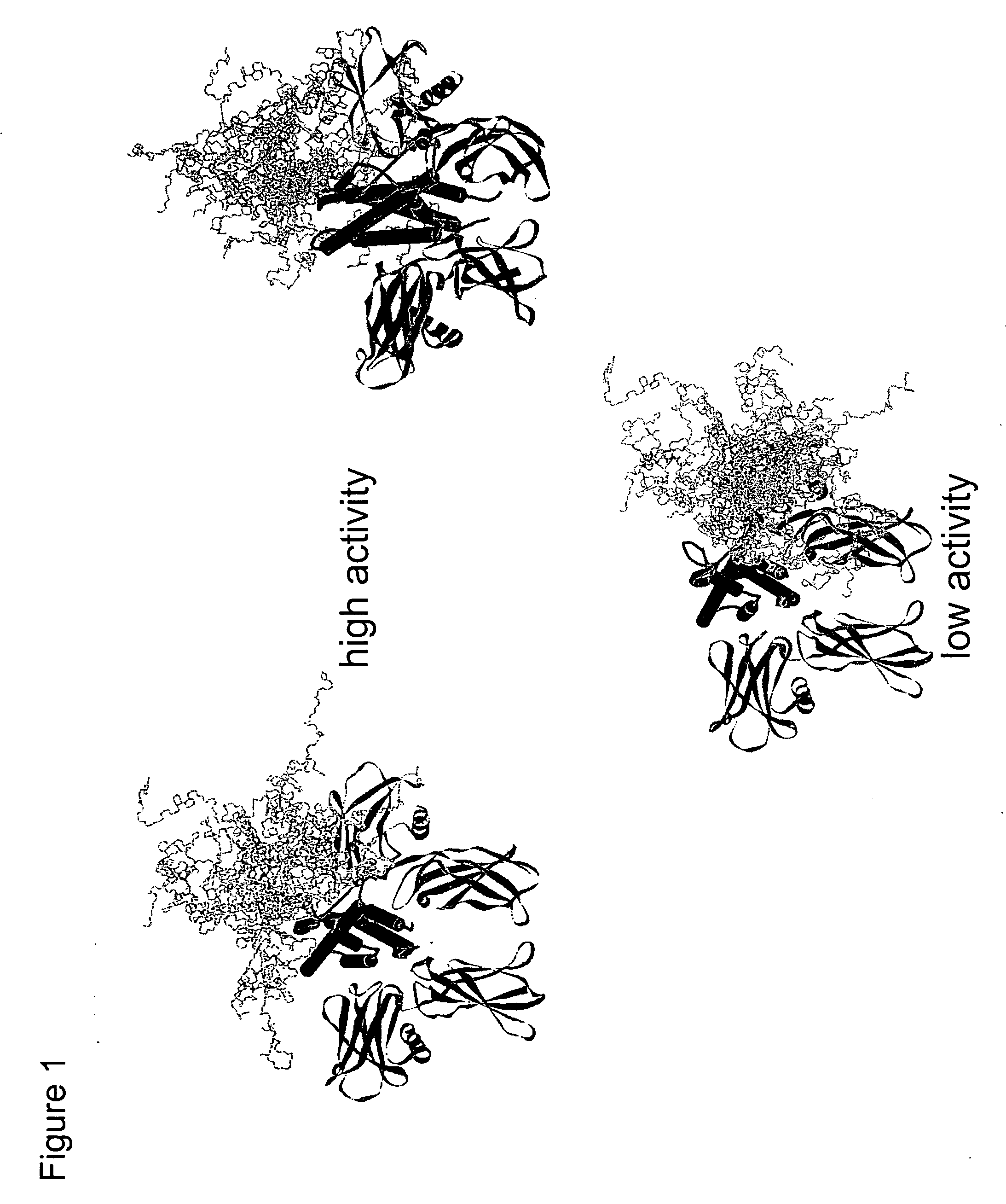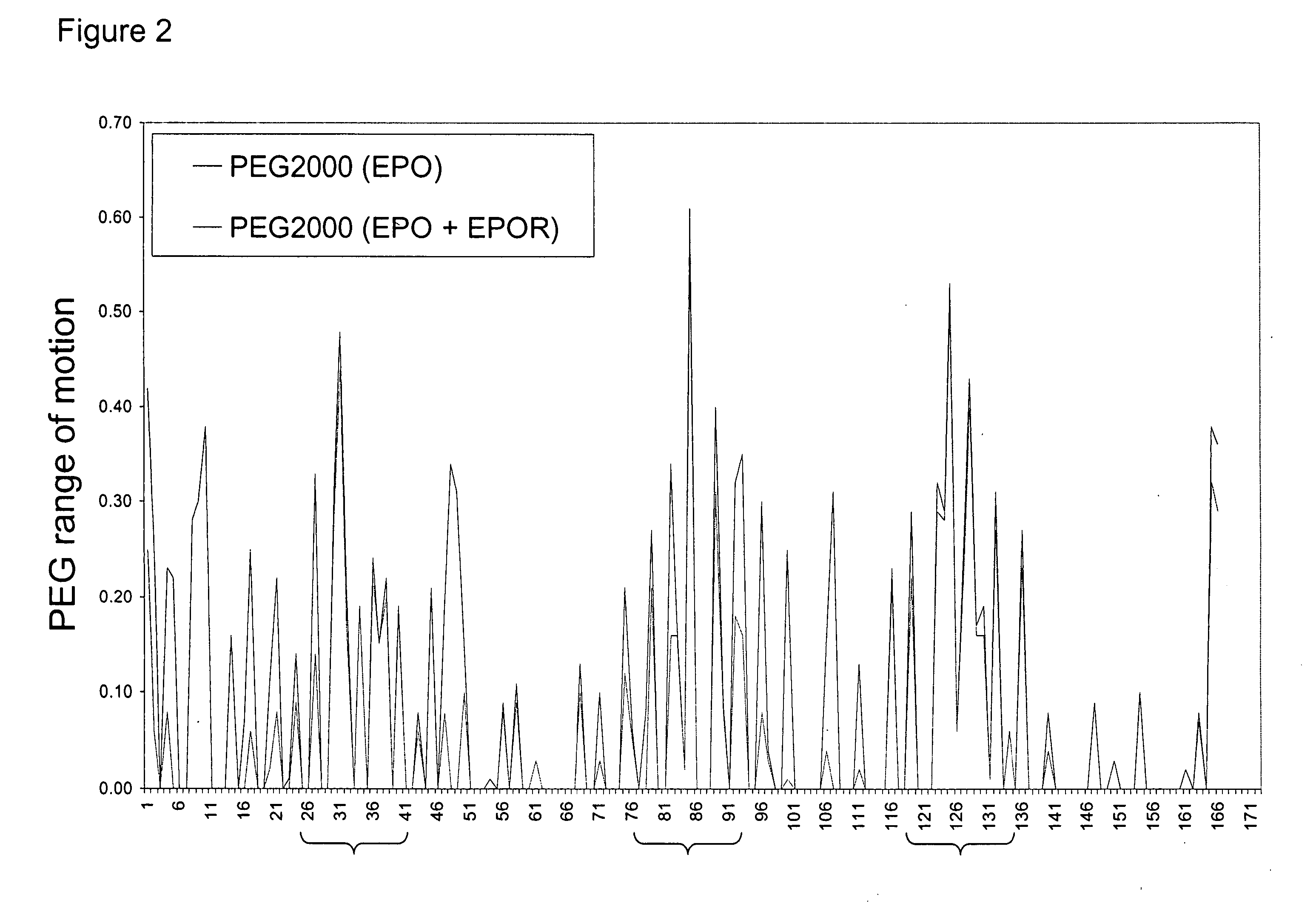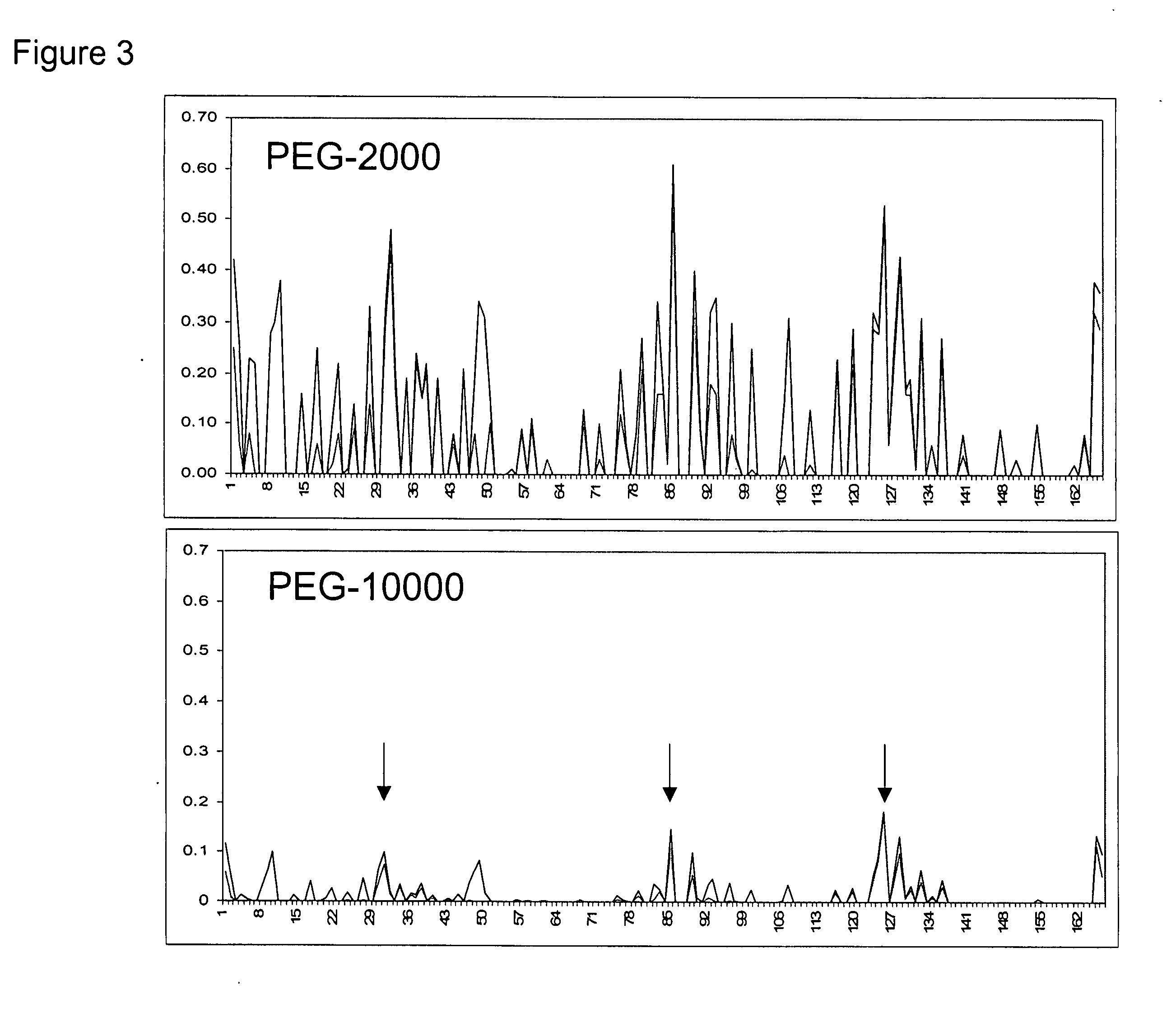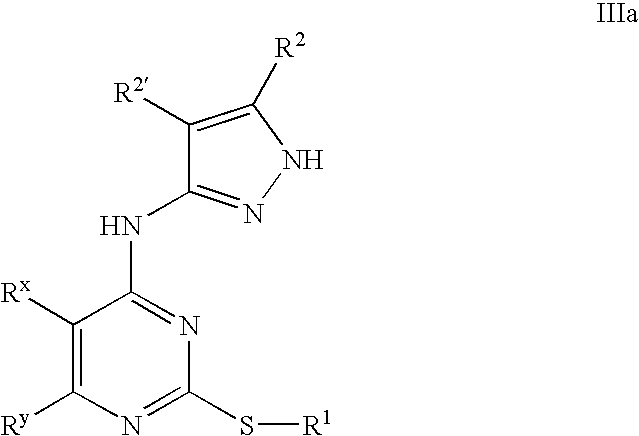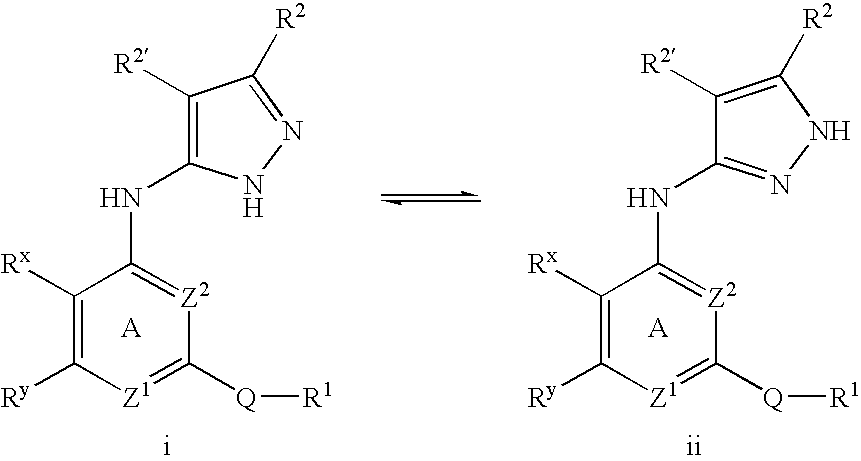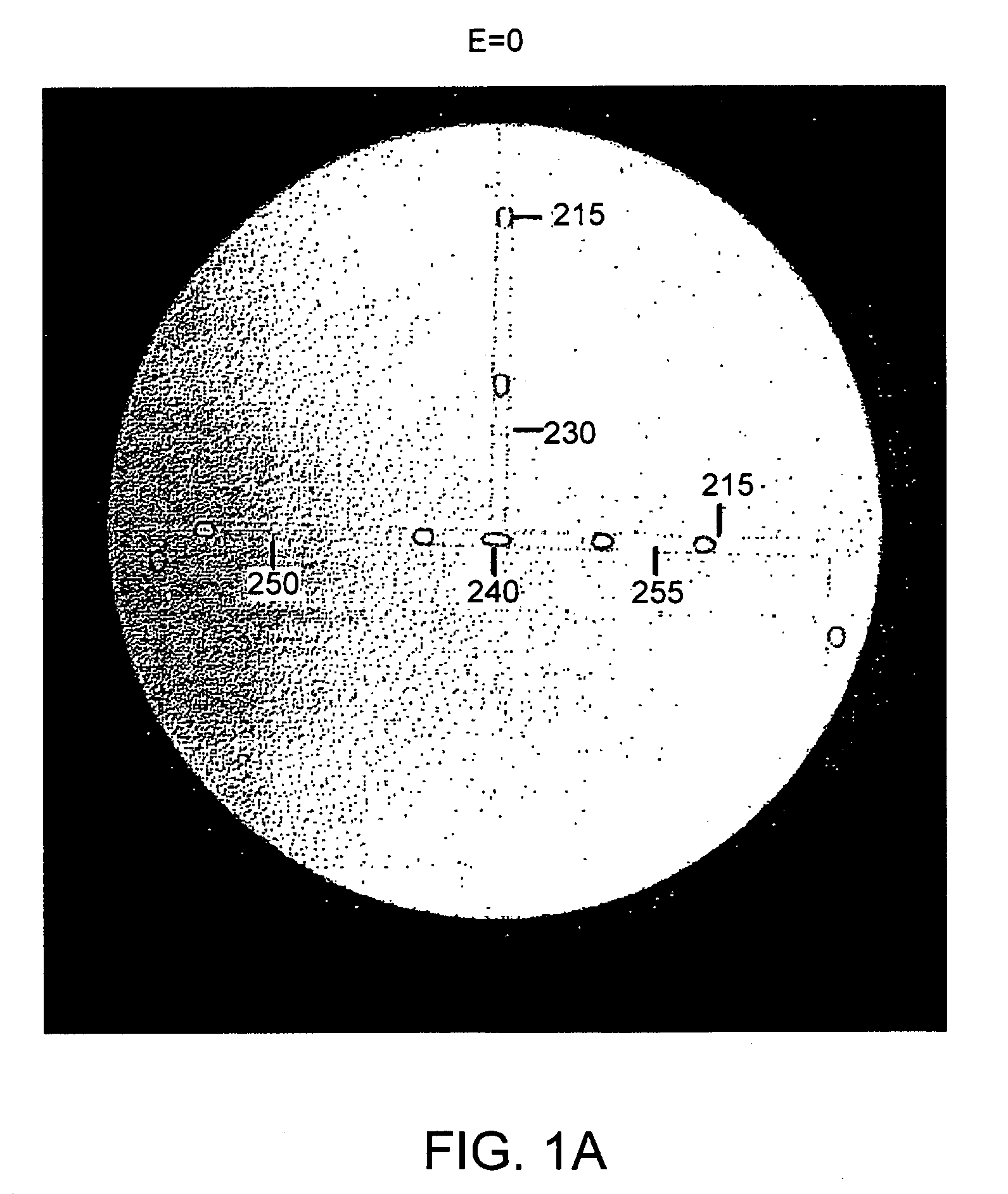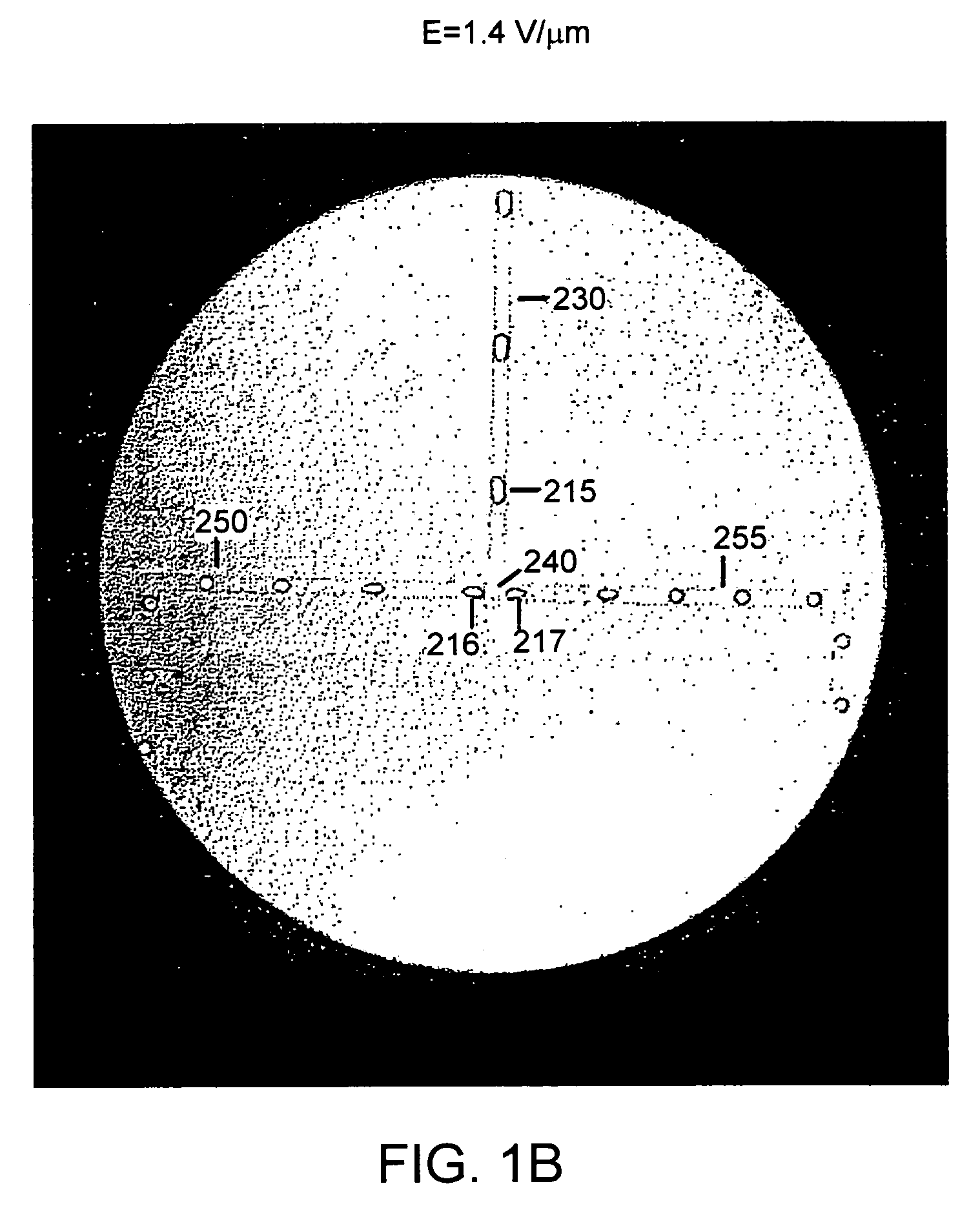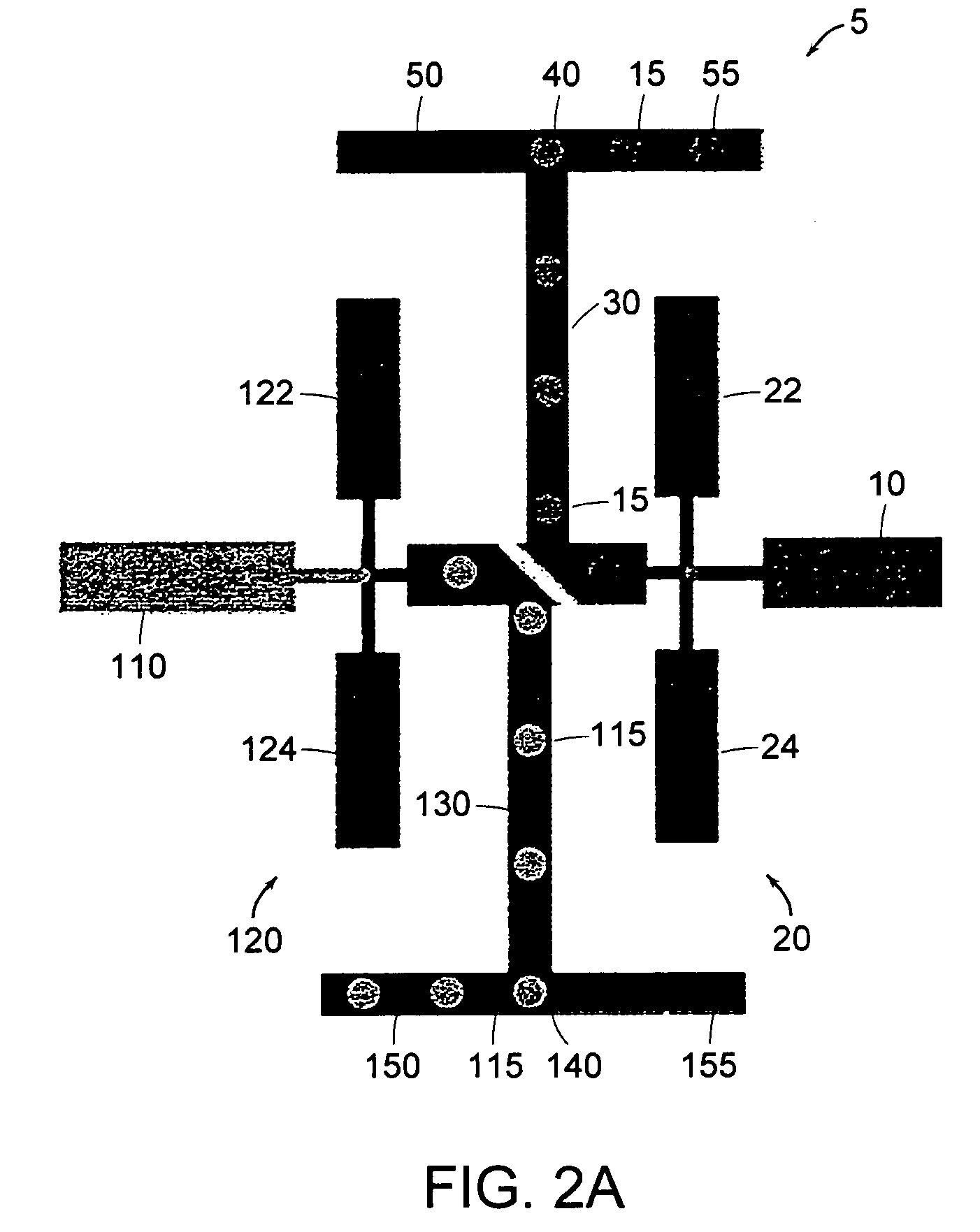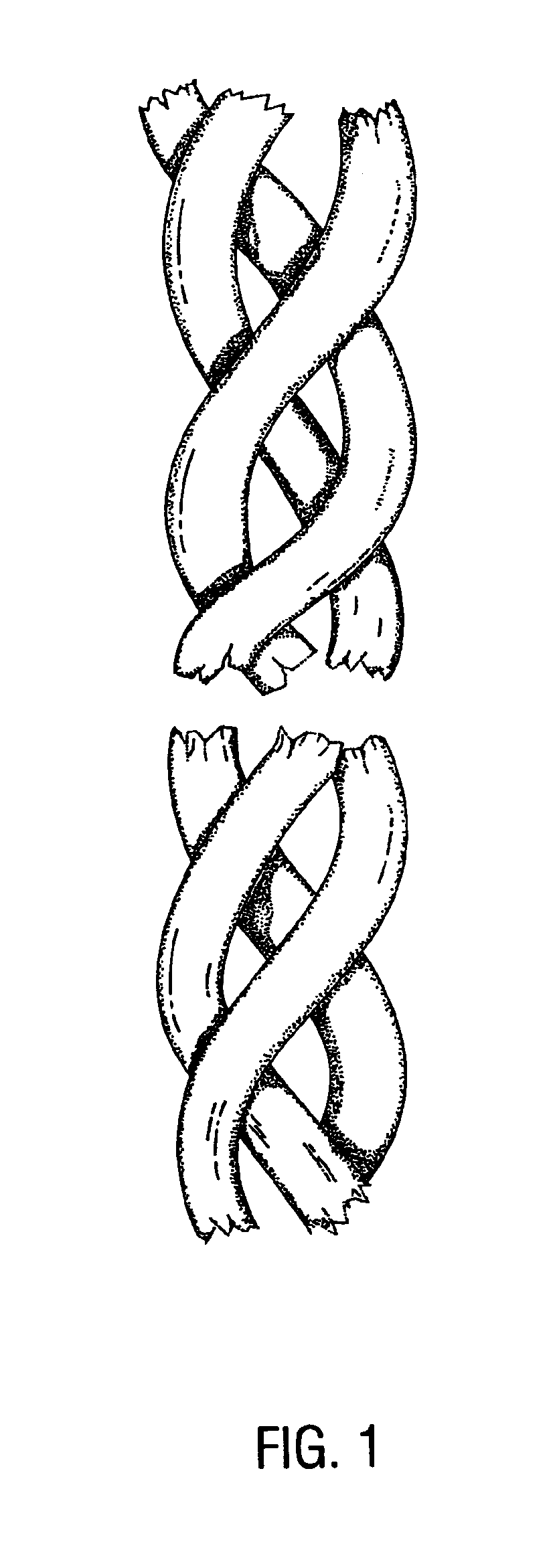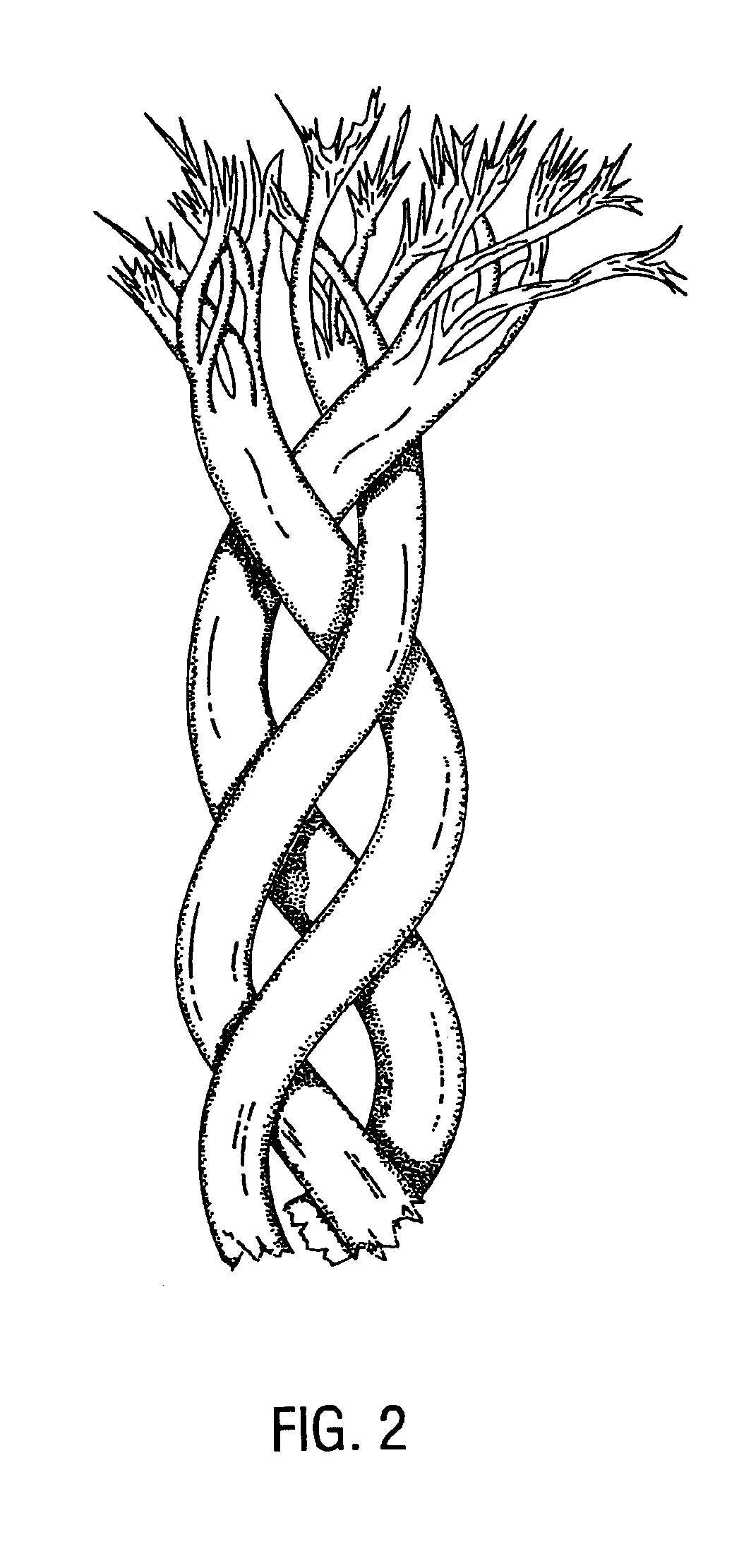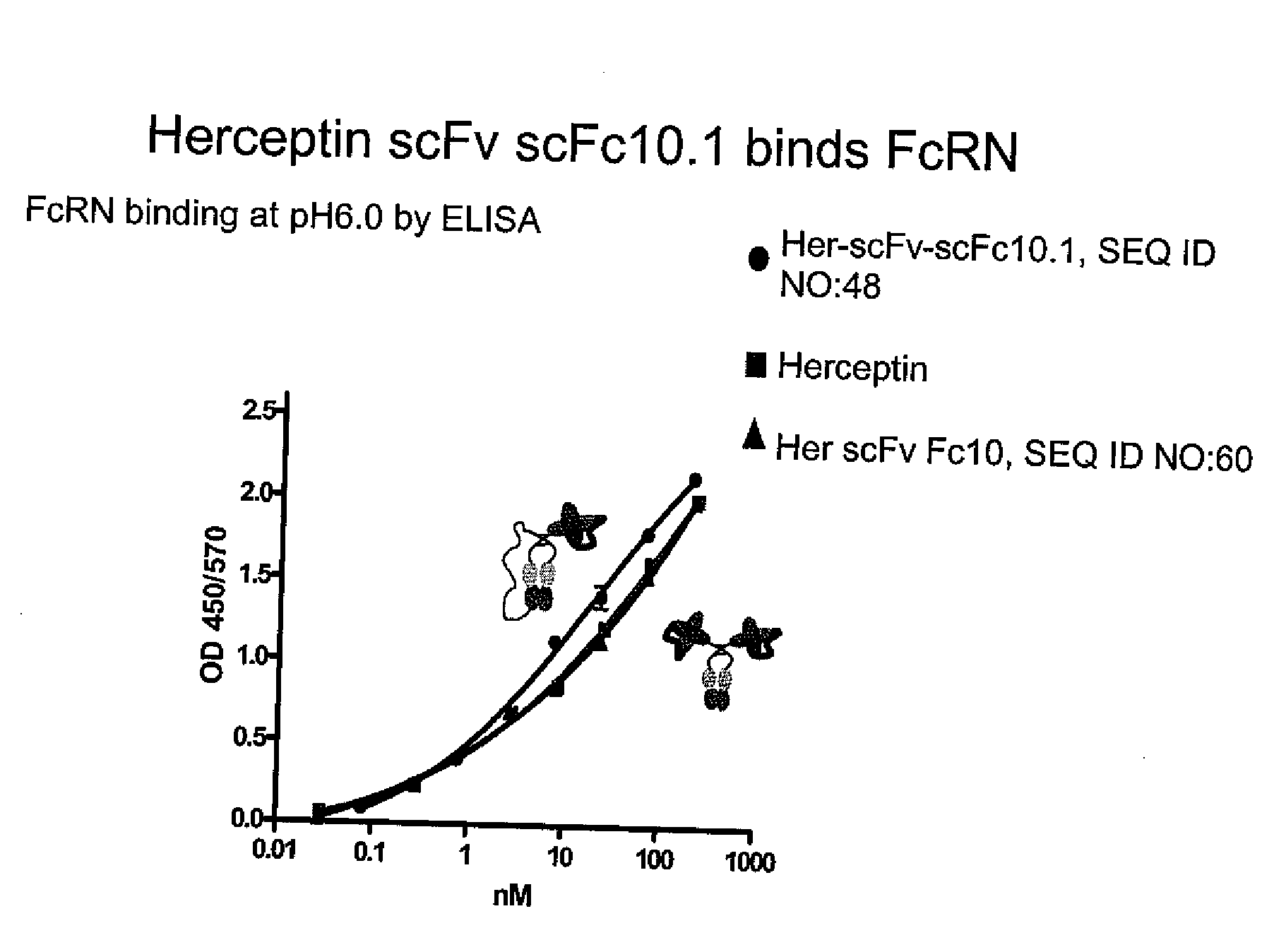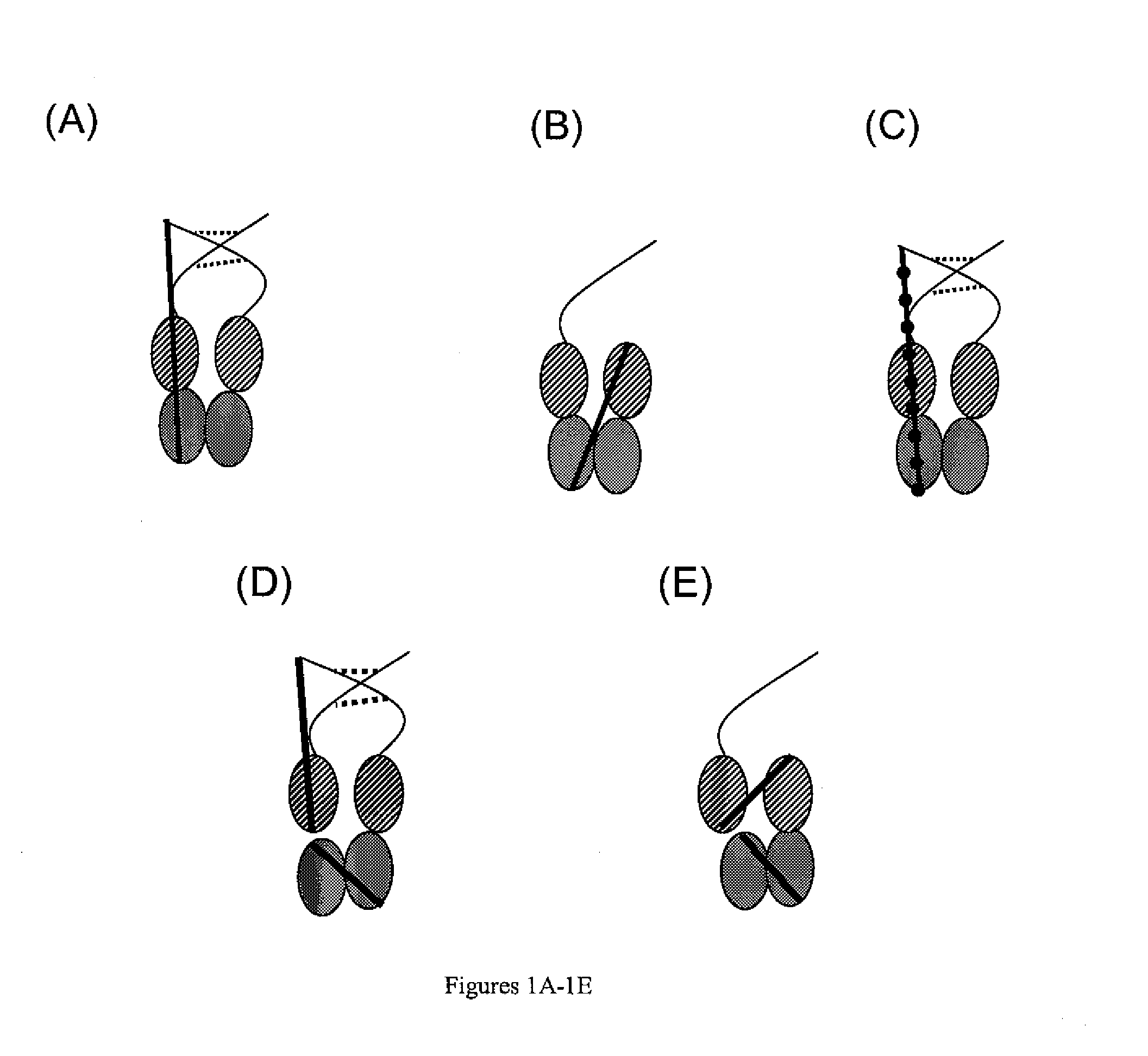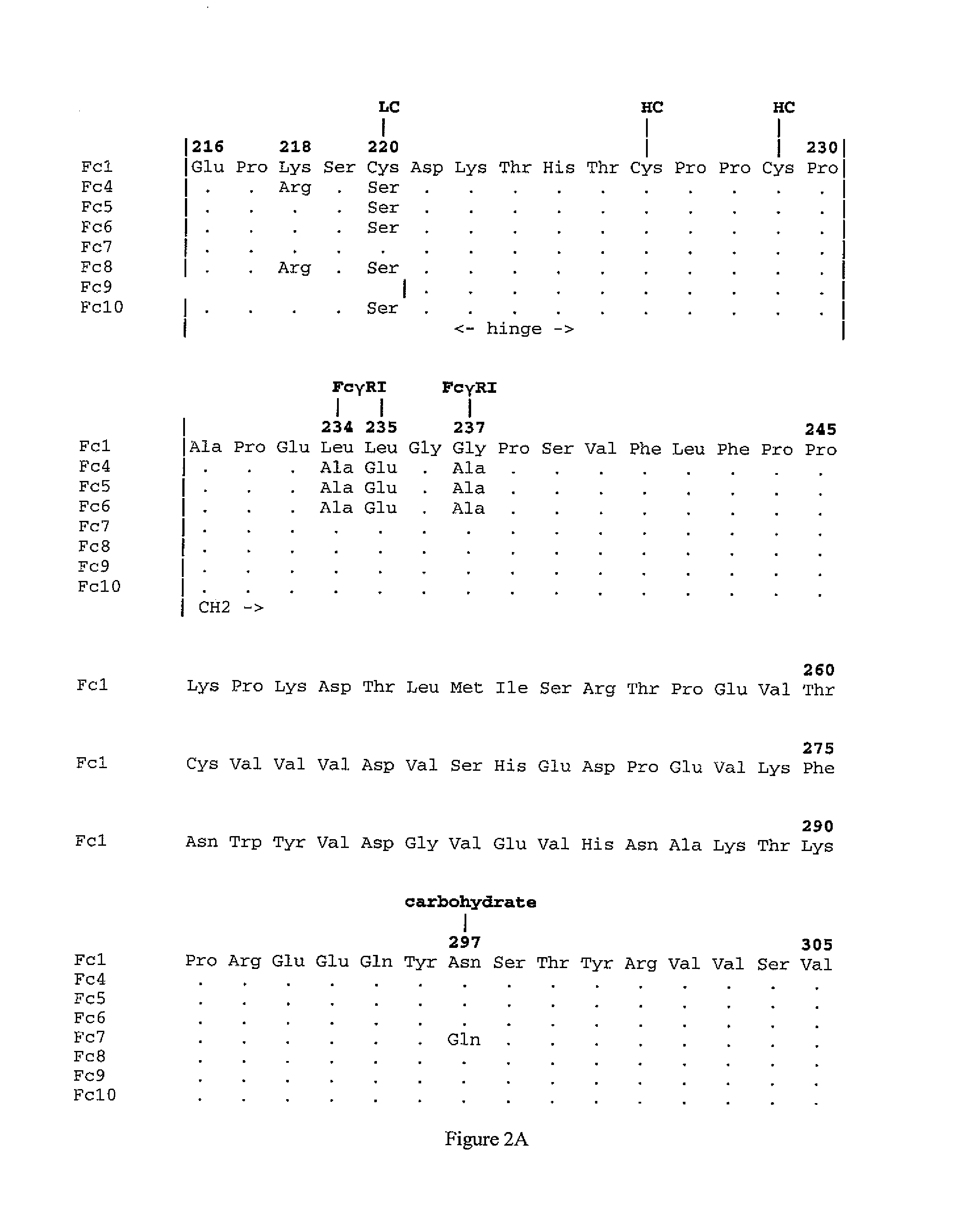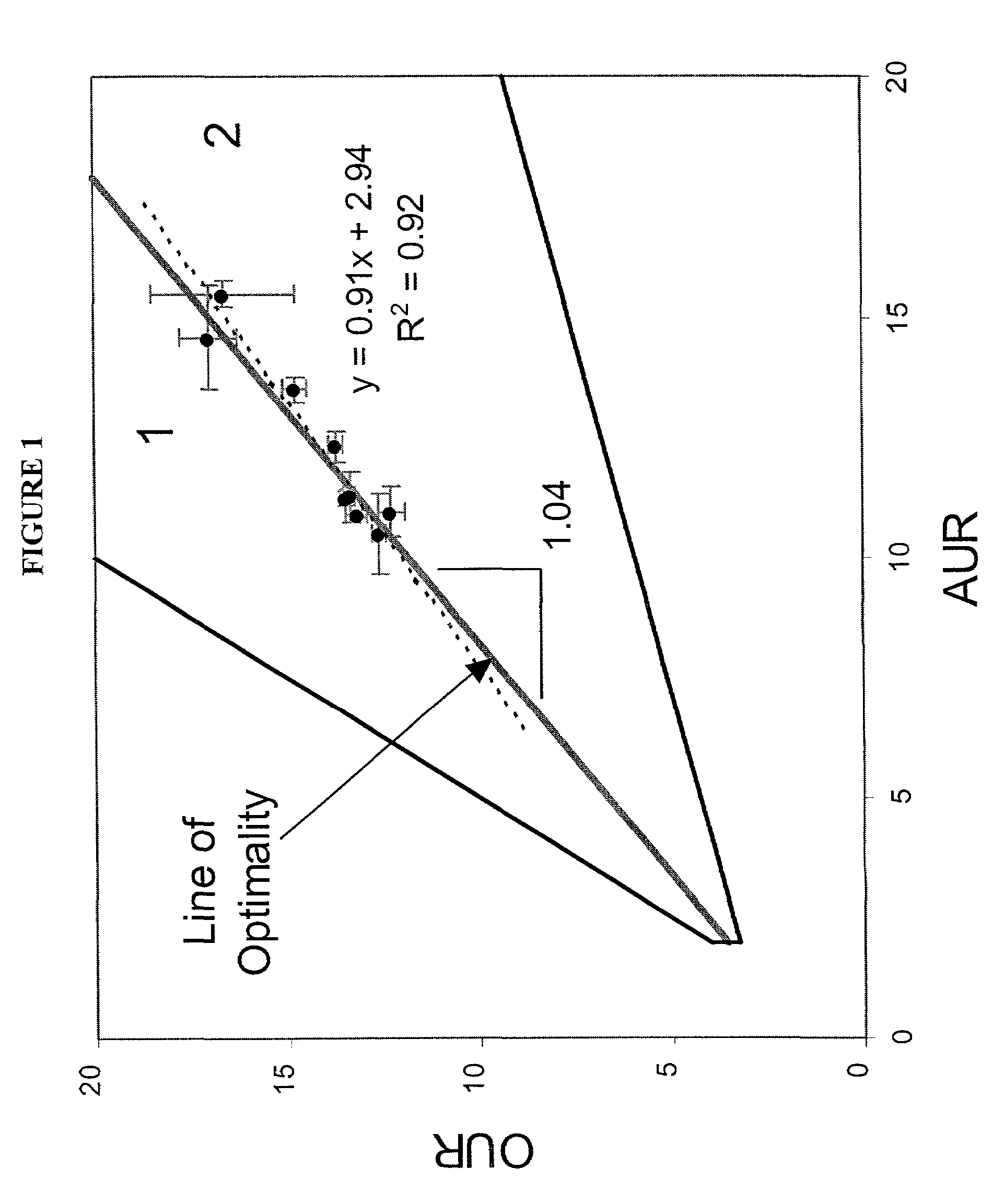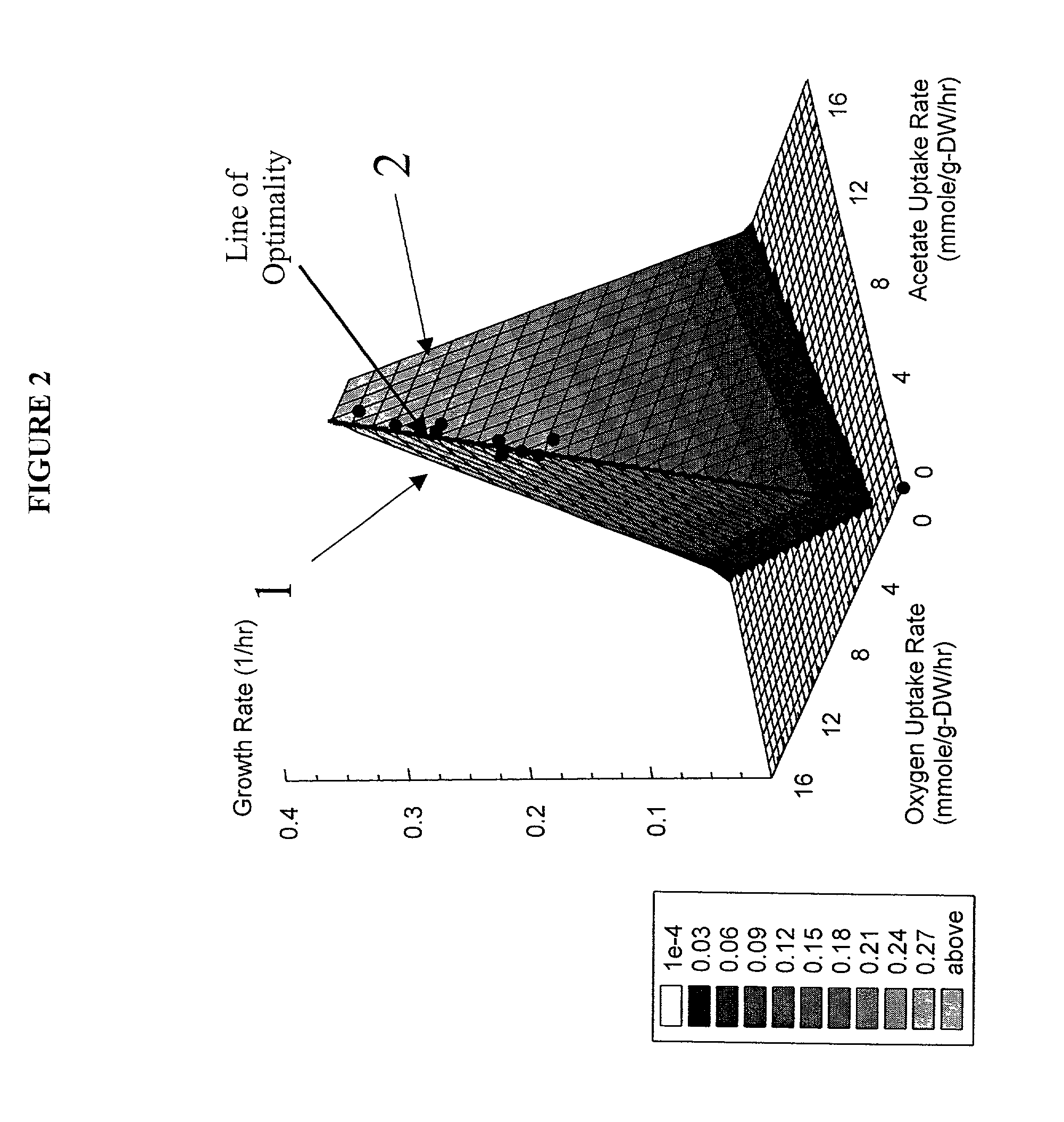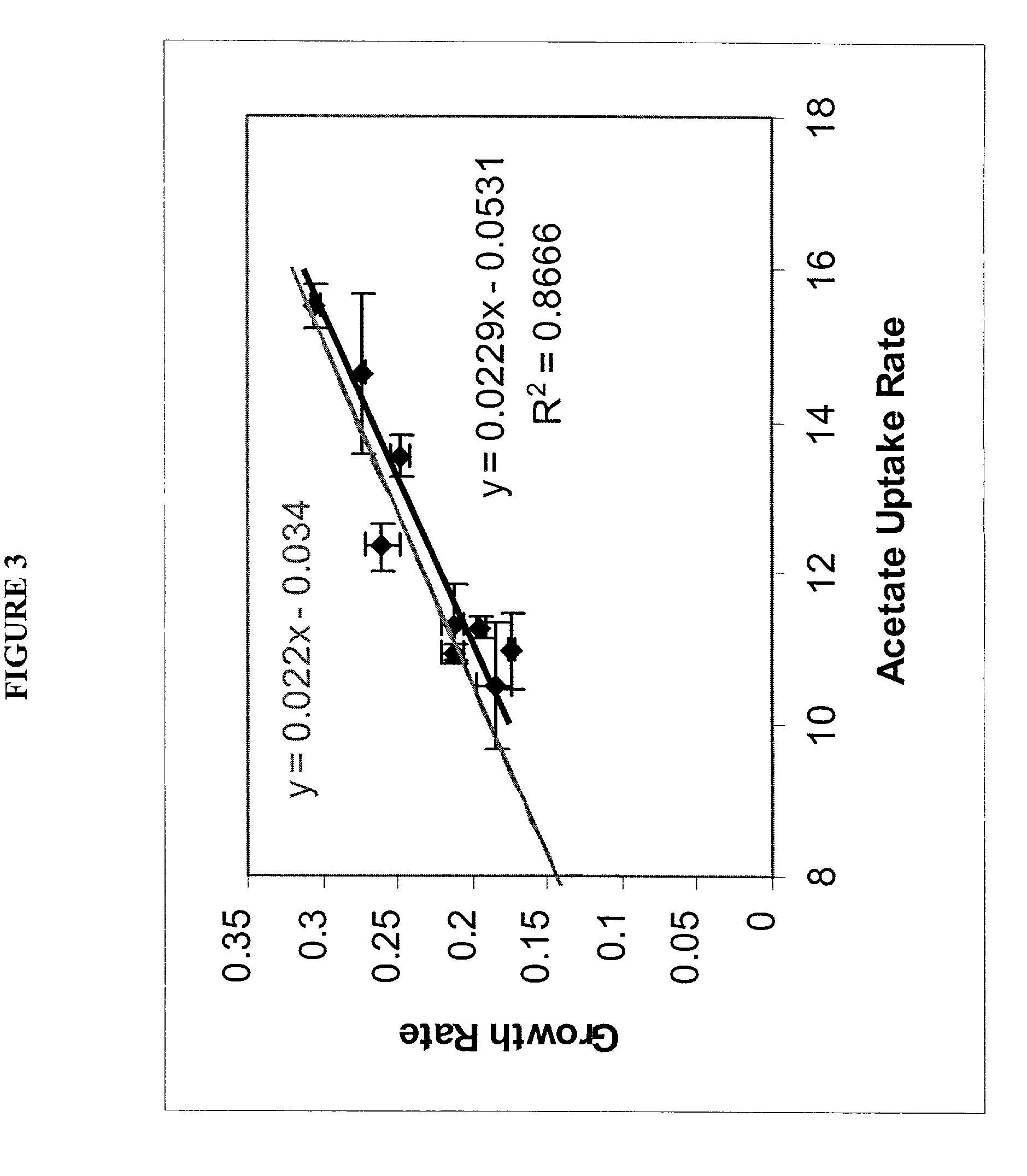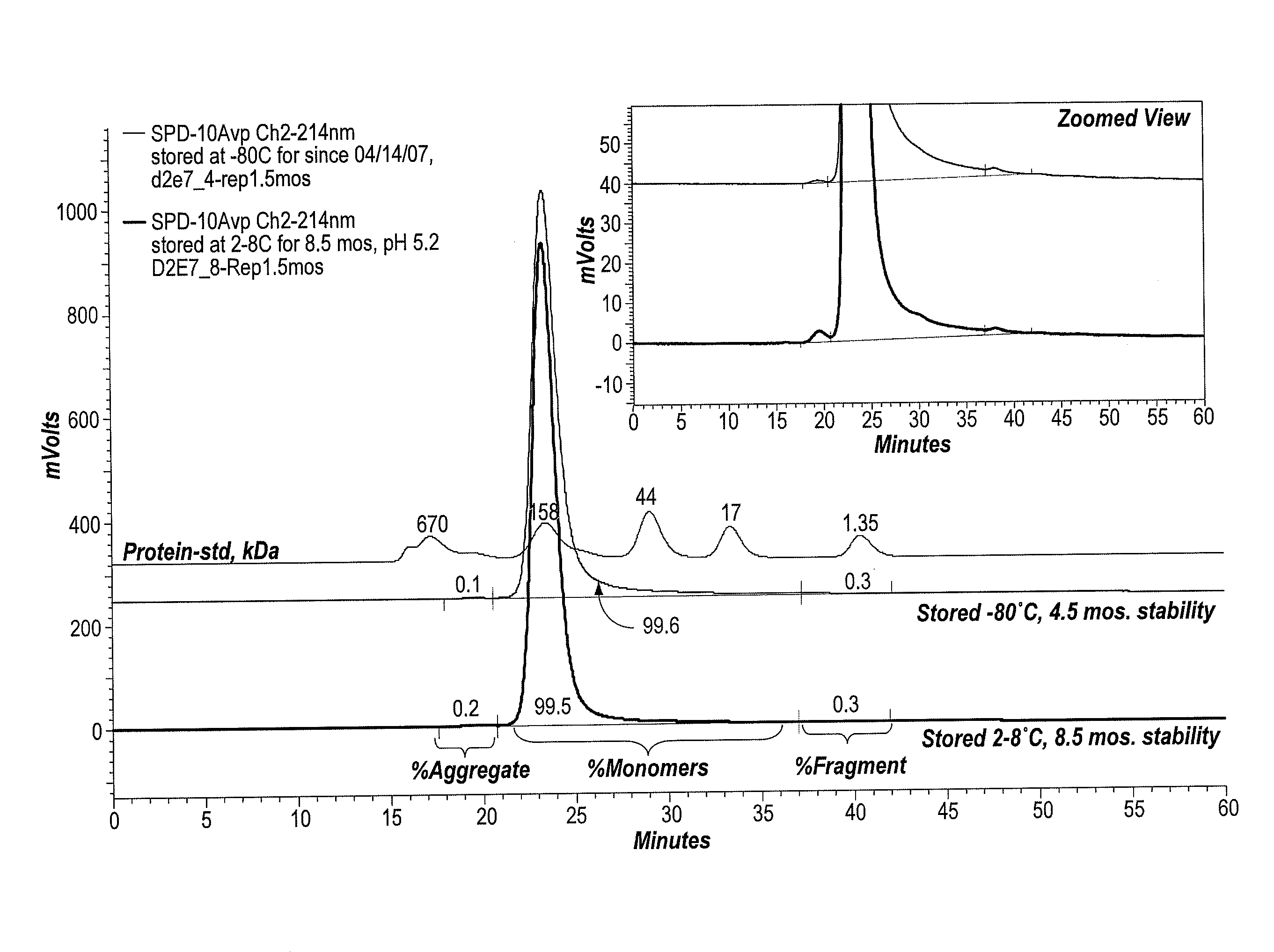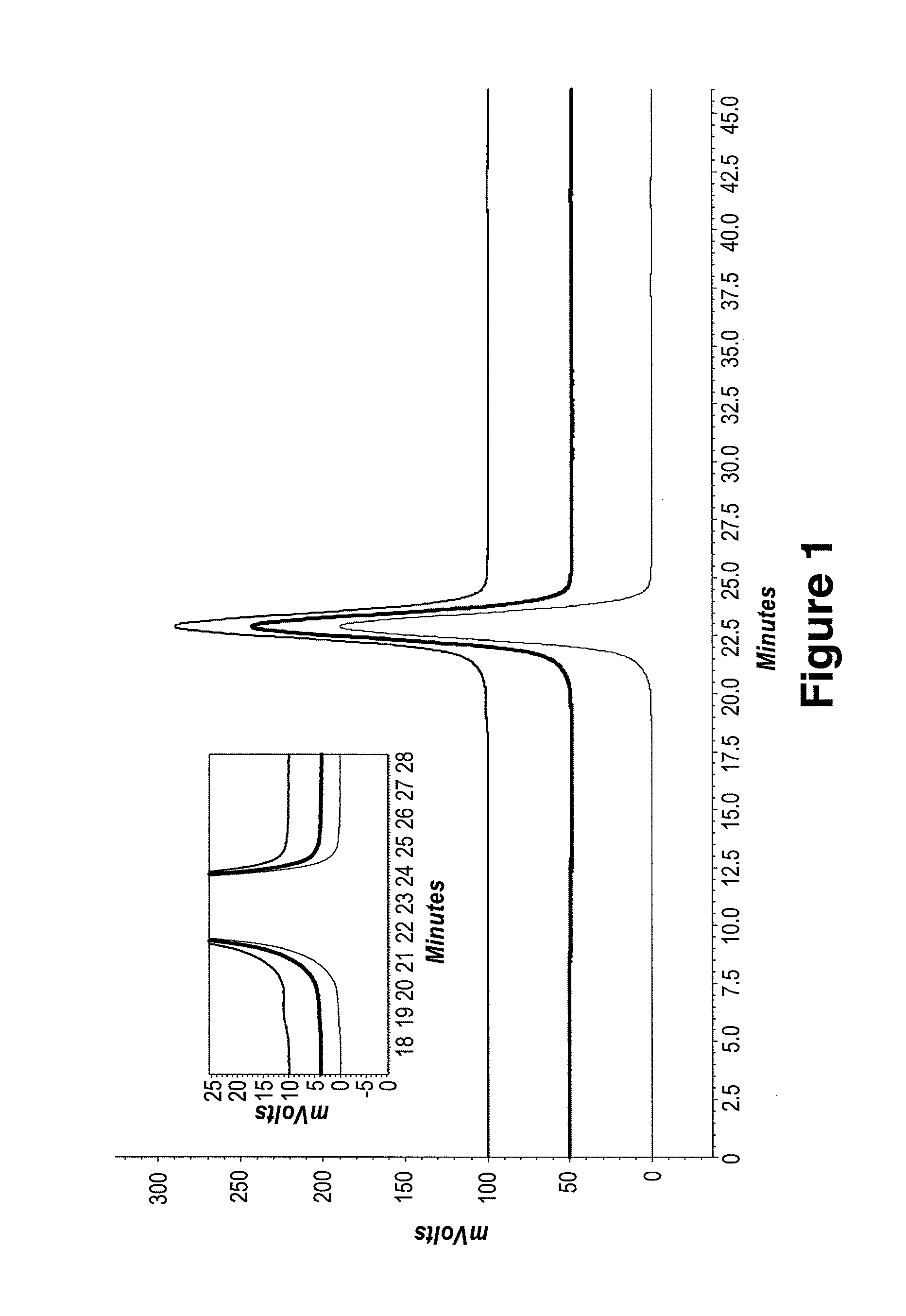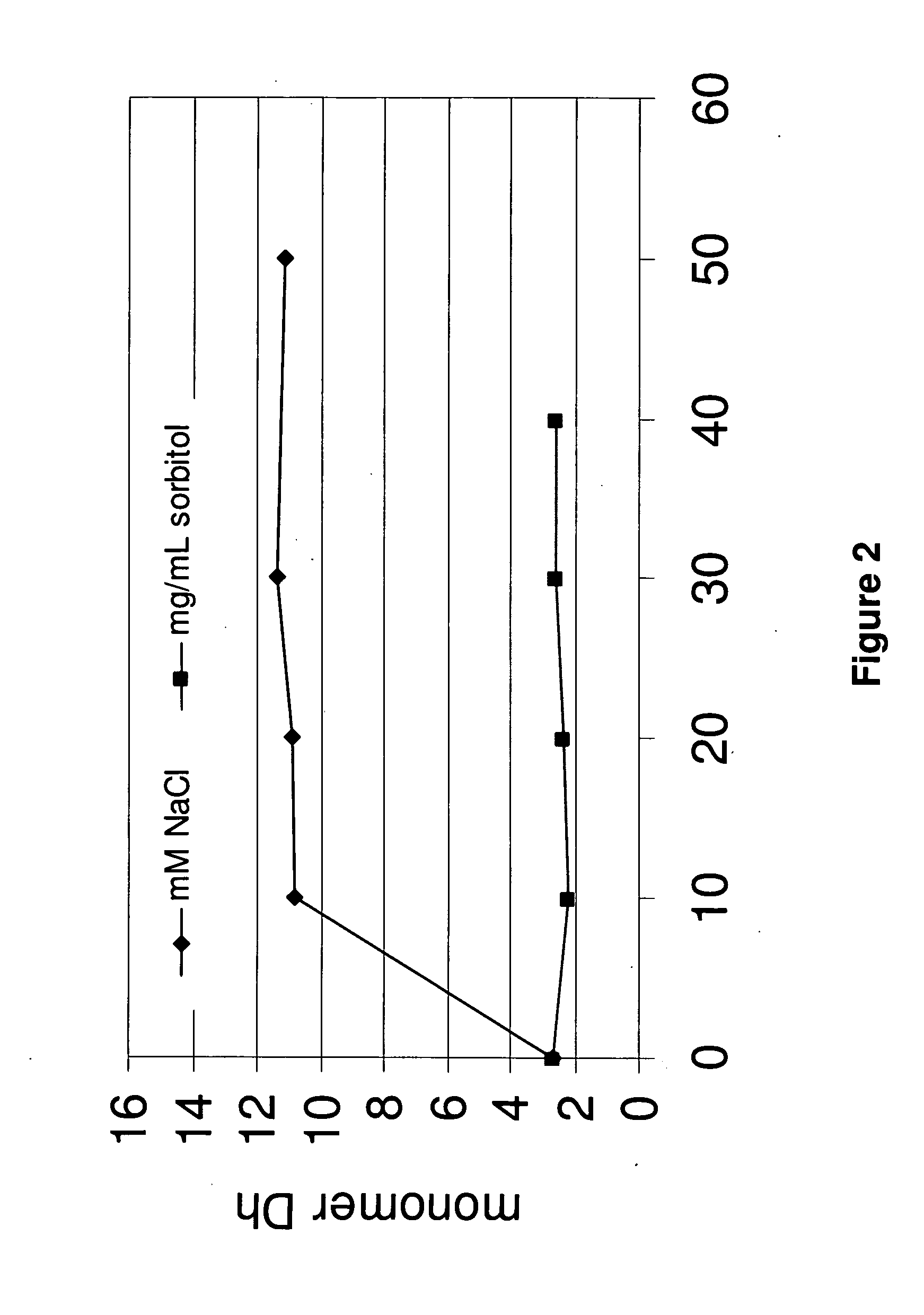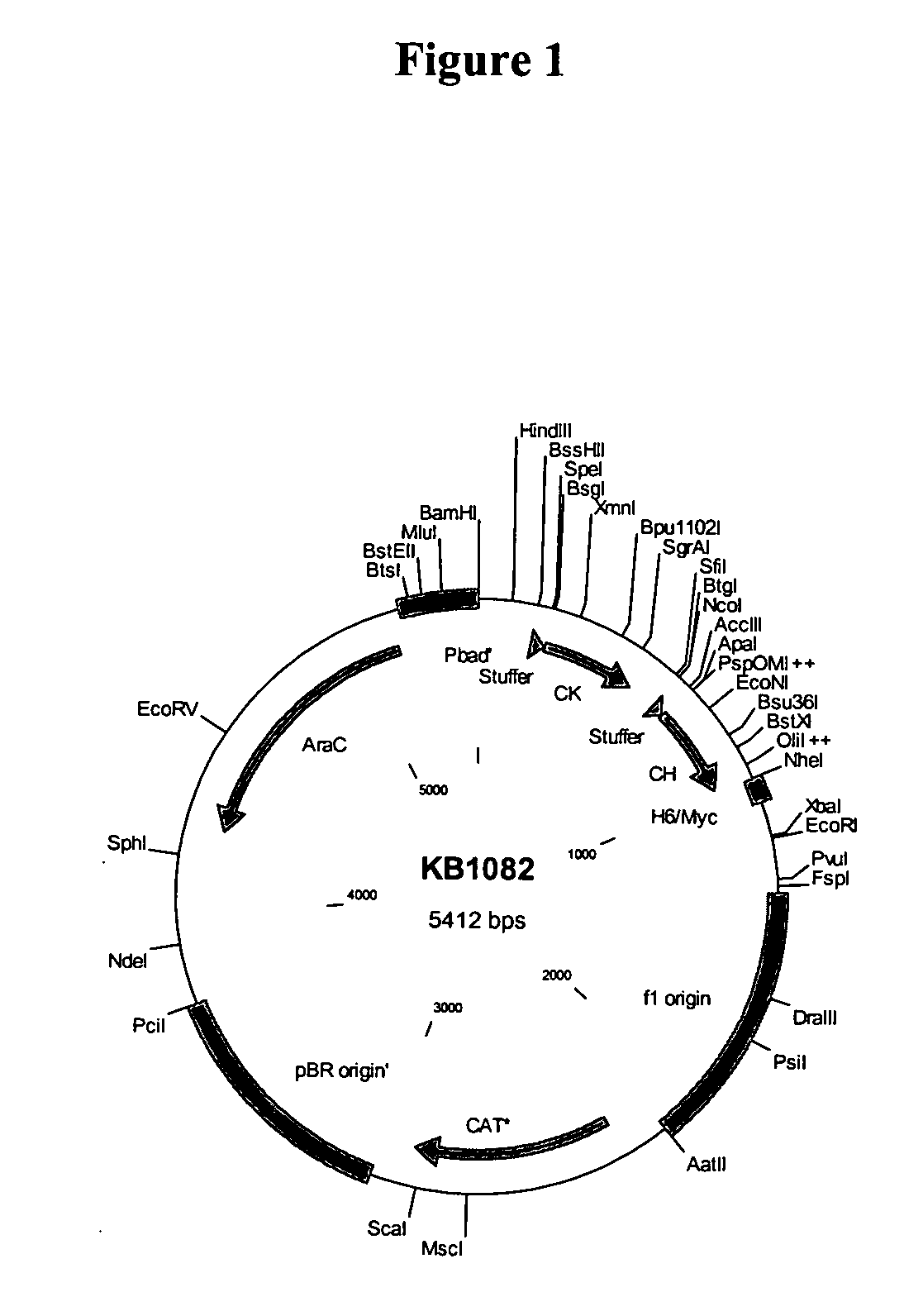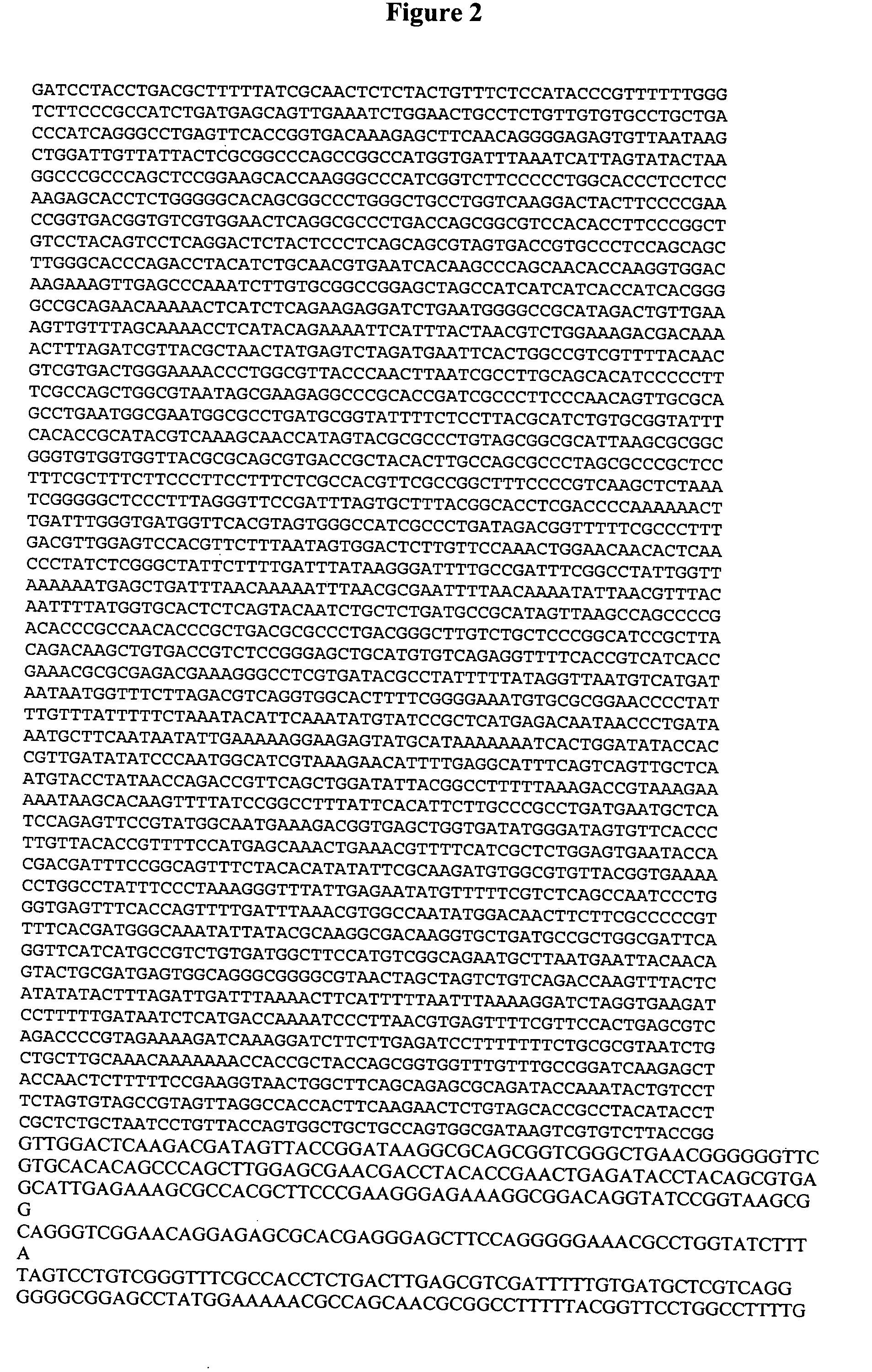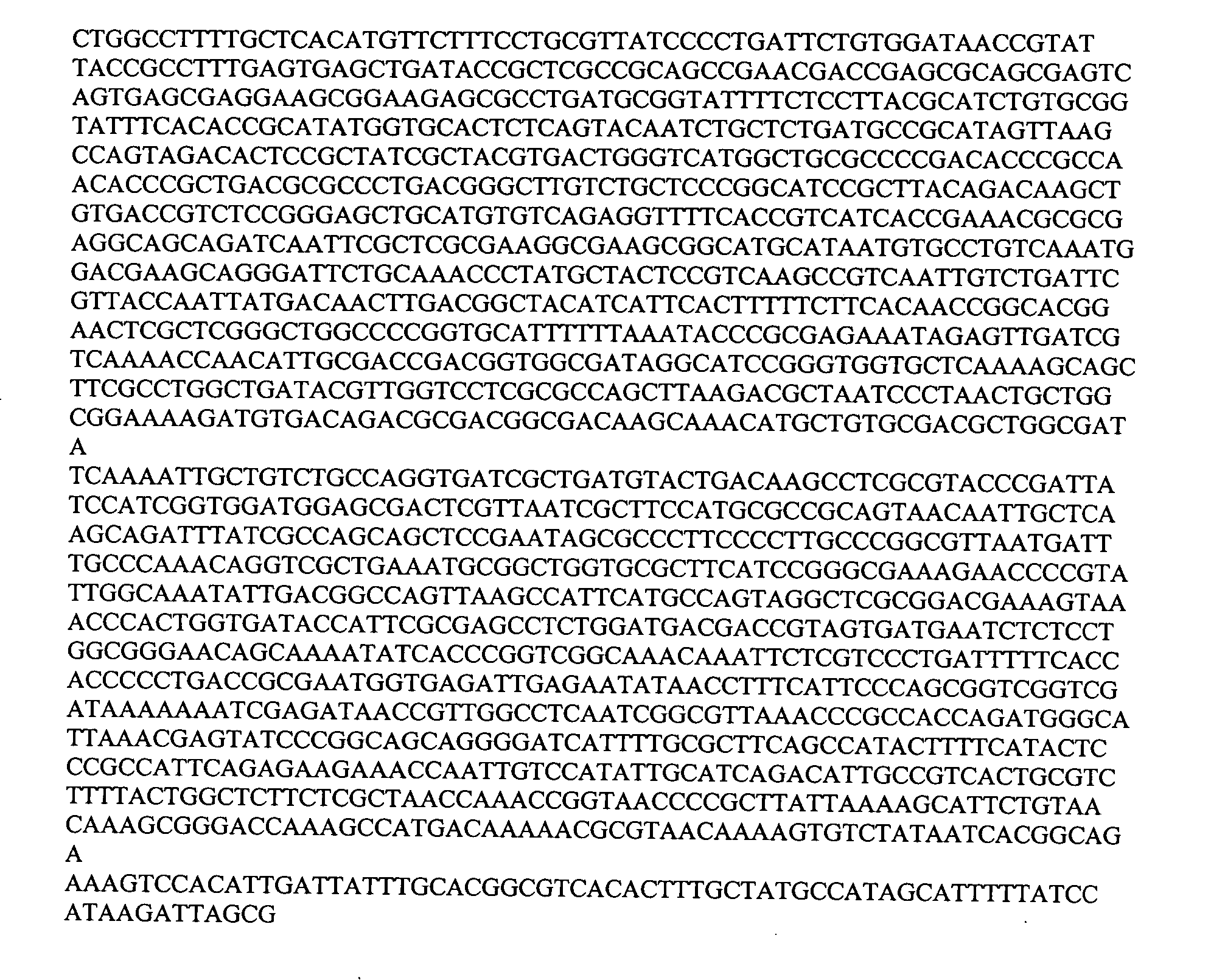Patents
Literature
Hiro is an intelligent assistant for R&D personnel, combined with Patent DNA, to facilitate innovative research.
37530 results about "Biochemistry" patented technology
Efficacy Topic
Property
Owner
Technical Advancement
Application Domain
Technology Topic
Technology Field Word
Patent Country/Region
Patent Type
Patent Status
Application Year
Inventor
Biochemistry, sometimes called biological chemistry, is the study of chemical processes within and relating to living organisms. Biochemical processes give rise to the complexity of life. A sub-discipline of both biology and chemistry, biochemistry can be divided in three fields; molecular genetics, protein science and metabolism. Over the last decades of the 20th century, biochemistry has through these three disciplines become successful at explaining living processes. Almost all areas of the life sciences are being uncovered and developed by biochemical methodology and research. Biochemistry focuses on understanding how biological molecules give rise to the processes that occur within living cells and between cells, which in turn relates greatly to the study and understanding of tissues, organs, and organism structure and function.
Method For Altering The Lifespan Of Eukaryotic Organisms
A method for altering the lifespan of a eukaryotic organism. The method comprises the steps of providing a lifespan altering compound, and administering an effective amount of the compound to a eukaryotic organism, such that the lifespan of the organism is altered. In one embodiment, the compound is identified using the DeaD assay.
Owner:UNIVERSITY OF ROCHESTER
Methods for selectively stimulating proliferation of T cells
InactiveUS6905681B1Increase the number ofVirusesPeptide/protein ingredientsAccessory moleculeExogenous growth
Owner:GENETICS INST INC +2
Methods of treating HIV infected subjects
InactiveUS6905680B2Expanding population of cellIncrease the number ofVirusesPeptide/protein ingredientsAccessory moleculeExogenous growth
Methods for inducing a population of T cells to proliferate by activating the population of T cells and stimulating an accessory molecule on the surface of the T cells with a ligand which binds the accessory molecule are described. T cell proliferation occurs in the absence of exogenous growth factors or accessory cells. T cell activation is accomplished by stimulating the T cell receptor (TCR) / CD3 complex or the CD2 surface protein. To induce proliferation of an activated population T cells, an accessory molecule on the surface of the T cells, such as CD28, is stimulated with a ligand which binds the accessory molecule. The T cell population expanded by the method of the invention can be genetically transduced and used for immunotherapy or can be used in methods of diagnosis.
Owner:GENETICS INST INC +2
Monomethylvaline compounds capable of conjugation to ligands
ActiveUS20050238649A1Improve bioavailabilityImprove compoundAntibacterial agentsBiocideD-norephedrineBiochemistry
Owner:SEAGEN INC
Molecular counting
The invention provides methods and compositions for counting molecules in a sample, wherein each molecule is labeled with a unique oligonucleotide tag. Such tags are amplified and identified rather than the molecules themselves; that is, the problem of counting molecules is converted into the problem of counting tags. In one aspect of the invention, molecules to be counted are labeled by sampling. That is, conjugates are formed between the molecules to be counted and oligonucleotide tags of a very large set, or repertoire.After conjugation, a sample of conjugates is taken that is sufficiently small so that substantially every molecule has a unique oligonucleotide tag. Counting of different tags may be accomplished in a variety of ways. In one aspect, different tags may be counted by carrying out a series of sorting steps to generate successively less complex mixtures in which tags are enumerated using length-encoded “metric” tags. In another aspect, different tags may be counted by directly sequencing a sample of tags using any one of several different sequencing methodologies.
Owner:AGILENT TECH INC
Optimized Fc variants
ActiveUS20060024298A1Weak affinityFunction increaseAntibody ingredientsImmunoglobulinsChemistryBiochemistry
Owner:XENCOR
Monitoring of physiological analytes
InactiveUS6850790B2Minimize impactReduce presenceElectrotherapyMicrobiological testing/measurementAnalyteEngineering
Methods and devices are provided for measuring the concentration of target chemical analytes present in a biological system. Device configuration and / or measurement techniques are employed in order to reduce the effect of interfering species on sensor sensitivity. One important application of the invention involves a method and device for monitoring blood glucose values.
Owner:LIFESCAN IP HLDG LLC +1
Oxazolo, thiazolo and selenazolo [4,5-c]-quinolin-4-amines and analogs thereof
Thiazolo-, oxazolo- and selenazolo[4,5-c]quinolin-4-amines and analogs thereof are described including methods of manufacture and the use of novel intermediates. The compounds are immunomodulators and induce cytokine biosynthesis, including interferon and / or tumor biosynthesis, necrosis factor, and inhibit the T-helper-type 2 immune response. The compounds are further useful in the treatment of viral and neoplastic diseases.
Owner:3M INNOVATIVE PROPERTIES CO
Method of targeting specific cell populations using cell-binding agent maytansinoid conjugates linked via a non-cleavable linker, said conjugates, and methods of making said conjugates
The present invention discloses a method for targeting maytansinoids to a selected cell population, the method comprising contacting a cell population or tissue suspected of containing the selected cell population with a cell-binding agent maytansinoid conjugate, wherein one or more maytansinoids is covalently linked to the cell-binding agent via a non-cleavable linker and the cell-binding agent binds to cells of the selected cell population.
Owner:IMMUNOGEN INC
Readily Isolated Bispecific Antibodies with Native Immunoglobulin Format
ActiveUS20100331527A1Improve abilitiesReduces and eliminates bindingHybrid immunoglobulinsSerum immunoglobulinsImmunoglobulin heavy chainHeavy chain
A bispecific antibody format providing ease of isolation is provided, comprising immunoglobulin heavy chain variable domains that are differentially modified in the CH3 domain, wherein the differential modifications are non-immunogenic or substantially non-immunogenic with respect to the CH3 modifications, and at least one of the modifications results in a differential affinity for the bispecific antibody for an affinity reagent such as Protein A, and the bispecific antibody is isolable from a disrupted cell, from medium, or from a mixture of antibodies based on its affinity for Protein A.
Owner:REGENERON PHARM INC
Methods for producing heterologous disulfide bond-containing polypeptides in bacterial cells
InactiveUS6083715AEfficient productionFold preciselyBacteriaUnicellular algaeMolecular biologyDisulfide bond
Disclosed are methods and compositions for producing heterologous disulfide bond containing polypeptides in bacterial cells. In preferred embodiments the methods involve co-expression of a prokaryotic disulfide isomerase, such as DsbC or DsbG and a gene encoding a recombinant eukaryotic polypeptide. Exemplary polypeptides disclosed include tissue plasminogen activator.
Owner:GENENTECH INC +1
Methods for detecting and identifying single molecules
InactiveUS6287765B1Highly specific controlImprove securityNanotechSugar derivativesSynthetic nucleotideMolecular adsorption
Multimolecular devices and drug delivery systems prepared from synthetic heteropolymers, heteropolymeric discrete structures, multivalent heteropolymeric hybrid structures, aptameric multimolecular devices, multivalent imprints, tethered specific recognition devices, paired specific recognition devices, nonaptameric multimolecular devices and immobilized multimolecular structures are provided, including molecular adsorbents and multimolecular adherents, adhesives, transducers, switches, sensors and delivery systems. Methods for selecting single synthetic nucleotides, shape-specific probes and specifically attractive surfaces for use in these multimolecular devices are also provided. In addition, paired nucleotide-nonnucleotide mapping libraries for transposition of selected populations of selected nonoligonucleotide molecules into selected populations of replicatable nucleotide sequences are described.
Owner:MOLECULAR MACHINES
Controlled release of immunosuppressants from synthetic nanocarriers
InactiveUS20120301498A1Reduce in quantityReduce percentagePowder deliveryOrganic active ingredientsControlled releaseAntigen
Disclosed are synthetic nanocarrier compositions that provide controlled release of immunosuppressants as well as related methods. The synthetic nanocarrier compositions may also include antigen in some embodiments.
Owner:SELECTA BIOSCI
Alteration of FcRn binding affinities or serum half-lives of antibodies by mutagenesis
ActiveUS7217797B2Function increaseExtended half-lifeAnimal cellsSugar derivativesAntiendomysial antibodiesBiochemistry
The present invention provides for a modified antibody of class IgG, in which at least one amino acid from the heavy chain constant region selected from the group consisting of amino acid residues 250, 314, and 428 is substituted with another amino acid which is different from that present in the unmodified antibody, thereby altering the binding affinity for FcRn and / or the serum half-life in comparison to the unmodified antibody.
Owner:ABBOTT BIOTHERAPEUTICS CORP
Production of Bispecific Antibodies
InactiveUS20090182127A1Reduce interactionImmunoglobulins against blood coagulation factorsHybrid immunoglobulinsConstant domainHeavy chain
Bispecific antibodies comprising (a) a first light-heavy chain pair having specificity for a first target and a sufficient number of substitutions in its heavy chain constant domain with respect to a corresponding wild-type antibody of the same isotype to significantly reduce the formation of first heavy chain-first heavy chain dimers and (b) a second light-heavy chain pair comprising a heavy chain having a sequence that is complementary to the sequence of the first pair heavy chain sequence with respect to the formation of intramolecular ionic interactions, wherein the first pair or second pair comprises a substitution in the light chain and complementary substitution in the heavy chain that reduces the ability of the light chain to interact with the heavy chain of the other light chain-heavy chain pair are provided. Methods of producing such antibodies in one or more cells also are provided.
Owner:NOVO NORDISK AS
Post-partum mammalian placenta, its use and placental stem cells therefrom
InactiveUS20030032179A1Enhance exsanguinationEnhance sterile conditionSenses disorderAntipyreticAnticoagulant AgentEmbryo
The present invention provides a method of extracting and recovering embryonic-like stem cells, including, but not limited to pluripotent or multipotent stem cells, from an exsanguinated human placenta. A placenta is treated to remove residual umbilical cord blood by perfusing an exsanguinated placenta, preferably with an anticoagulant solution, to flush out residual cells. The residual cells and perfusion liquid from the exsanguinated placenta are collected, and the embryonic-like stem cells are separated from the residual cells and perfusion liquid. The invention also provides a method of utilizing the isolated and perfused placenta as a bioreactor in which to propagate endogenous cells, including, but not limited to, embryonic-like stem cells. The invention also provides methods for propagation of exogenous cells in a placental bioreactor and collecting the propagated exogenous cells and bioactive molecules therefrom.
Owner:CELULARITY INC
Binding agents
Compositions and methods relating to epitopes of sclerostin protein, and sclerostin binding agents, such as antibodies capable of binding to sclerostin, are provided.
Owner:UCB SA +1
Nuclear reprogramming factor and induced pluripotent stem cells
ActiveUS20090047263A1Type be limitEfficiently isolateBiocideGenetic material ingredientsHuman Induced Pluripotent Stem CellsStem-cell therapy
The present invention relates to a nuclear reprogramming factor having an action of reprogramming a differentiated somatic cell to derive an induced pluripotent stem (iPS) cell. The present invention also relates to the aforementioned iPS cells, methods of generating and maintaining iPS cells, and methods of using iPS cells, including screening and testing methods as well as methods of stem cell therapy. The present invention also relates to somatic cells derived by inducing differentiation of the aforementioned iPS cells.
Owner:KYOTO UNIV
Device and method for inhibiting release of pro-inflammatory mediator
InactiveUS20050075702A1Great flexibilityGreat specificitySpinal electrodesArtificial respirationNervous systemDrug
Stimulation of one or more neurons of the sympathetic nervous system, including the splenic nerve, to attenuate an immune response, including an inflammatory immune response, is discussed. Devices and systems to stimulate the sympathetic nervous system to attenuate an immune response are also discussed. Devices discussed include pulse generators and drug pumps. Systems are described as optionally having one or more sensors and operator instructions. In specific examples, stimulation of the splenic nerve of pigs with a pulse generator is shown to be safe and effective in attenuating a lipopolysaccharide-induced immune response.
Owner:MEDTRONIC INC
Methods for rational pegylation of proteins
The present invention relates to the use of simulation technology to rationally optimize the locations and sizes of attached polymeric moieties for modification of therapeutic proteins and the proteins generated from this method.
Owner:XENCOR
Pyrazole compounds useful as protein kinase inhibitors
This invention describes novel pyrazole compounds of formula IIIa: wherein R1 is T-Ring D, wherein Ring D is a 5-7 membered monocyclic ring or 8-10 membered bicyclic ring selected from aryl, heteroaryl, heterocyclyl or carbocyclyl; Rx, Ry, R2; and R2′ are as described in the specification. The compounds are useful as protein kinase inhibitors, especially as inhibitors of Aurora-2 and GSK-3, for treating diseases such as cancer, diabetes and Alzheimer's disease.
Owner:VERTEX PHARMA INC
Method for linear mRNA amplification
InactiveUS6132997ASugar derivativesMicrobiological testing/measurementAntisense RNAReverse transcriptase
Methods for linearly amplifying mRNA to produce antisense RNA are provided. In the subject methods, mRNA is converted to double-stranded cDNA using a promoter-primer having a poly-dT primer site linked to a promoter sequence so that the resulting double-stranded cDNA is recognized by an RNA polymerase. The resultant double-stranded cDNA is then transcribed into antisense RNA in the presence of a reverse transcriptase that is rendered incapable of RNA-dependent DNA polymerase activity during this transcription step. The subject methods find use a variety of different applications in which the preparation of linearly amplified amounts of antisense RNA is desired. Also provided are kits for practicing the subject methods.
Owner:AGILENT TECH INC
Compartmentalised screening by microfluidic control
InactiveUS20050221339A1Rapid and high-throughput screeningLow costCompound screeningSequential/parallel process reactionsCompound (substance)Drug development
The invention describes a method for the identification of compounds which bind to a target component of a biochemical system or modulate the activity of the target, comprising the steps of: a) compartmentalising the compounds into microcapsules together with the target, such that only a subset of the repertoire is represented in multiple copies in any one microcapsule; and b) identifying the compound which binds to or modulates the activity of the target; wherein at least one step is performed under microfluidic control. The invention enables the screening of large repertoires of molecules which can serve as leads for drug development.
Owner:PRESIDENT & FELLOWS OF HARVARD COLLEGE +1
Particulate acellular tissue matrix
A method of processing an acellular tissue matrix to give a particulate acellular tissue matrix includes: cutting sheets of dry acellular tissue matrix into strips; cryofracturing the dry acellular tissue matrix strips at cryogenic temperatures; separating the resulting particles by size at cryogenic temperatures; and freeze drying the fraction of particles desired size to remove any moisture that may have been absorbed to give a dry particulate acellular tissue matrix. Rehydration of the dry particulate acellular tissue matrix may take place just prior to use. The particulate acellular tissue may be applied to a recipient site, by way of injection, spraying, layering, packing, in-casing or combinations thereof. The particulate acellular tissue may further include growth and stimulating agents selected from epidermal growth factor, fibroblast growth factor, nerve growth factor, keratinocyte growth factor, platelet derived growth factor, vasoactive intestinal peptide, stem cell factor, bone morphogetic proteins, chondrocyte growth factor and combinations thereof. Other pharmaceutically active compounds may be combined with the rehydrated particulate material including: analgesic drugs; hemostatic drugs; antibiotic drugs; local anesthetics and the like to enhance the acceptance of the implanted particulate material. The particulate material product may also be combined with stem cells selected from mesenchymal stem cells, epidermal stem cells, cartilage stem cells, hematopoietic stem cells and combinations thereof.
Owner:LIFECELL
Encapsulation of discrete quanta of fluorescent particles
InactiveUS6528165B2Intense fluorescence emissionIndividual particle analysisGlass/slag layered productsFluorescent particleFluorescent microspheres
The present invention provides novel encapsulation compositions and methods. In particular, the invention relates to fluorescent capsule compositions, which consists of a layer of a polymer shell enclosing one or more fluorescent materials such as fluorescent microspheres and which are capable of emitting at least two distinct fluorescent signals. Also provided are methods for their preparation. The compositions and methods of this invention are useful in a variety of applications, including preparation of multiplexed arrays for industrial, chemical, immunological, and genetic manipulation and analysis especially as related but not limited to flow cytometry.
Owner:LUMINEX
Single chain fc, methods of making and methods of treatment
InactiveUS20080260738A1Improve solubilityImprove stabilityAnimal cellsFungiAntigen bindingStereochemistry
The present invention relates generally to scFc molecules. The scFc molecules comprise at least two Fc regions and at least one linker, and can be produced in a variety of single chain configurations. The scFc molecules can further comprise at least one binding entity and / or at least one functional molecule. Binding entities can be fused to the scFc molecule in a variety of configurations. The present invention also relates generally to methods for making such molecules and methods for their use. The scFc molecules provided herein can be recombinantly produced. Also provided are monovalent forms of the scFc molecules that have an equivalent or superior ADCC and / or CDC response than do bivalent molecules targeting the same antigens. Provided herein are improved antigen binding compositions. Methods for using the scFc molecules of the present inventions are provided
Owner:ZYMOGENETICS INC
Applications of single molecule sequencing
InactiveUS20060046258A1Easy to determineCharacteristic been elucidatedMicrobiological testing/measurementBiochemistryDisease cause
Owner:FLUIDIGM CORP +1
Method for the evolutionary design of biochemical reaction networks
The present invention relates to methods for achieving an optimal function of a biochemical reaction network. The methods can be performed in silico using a reconstruction of a biochemical reaction network of a cell and iterative optimization procedures. The methods can further include laboratory culturing steps to confirm and possibly expand the determinations made using the in silico methods, and to produce a cultured cell, or population of cells, with optimal functions. The current invention includes computer systems and computer products including computer-readable program code for performing the in silico steps of the invention.
Owner:RGT UNIV OF CALIFORNIA
Protein formulations and methods of making same
ActiveUS20090291062A1Improve consistencyAccurate concentrationPeptide/protein ingredientsAntipyreticOsmolar ConcentrationExcipient
The invention provides an aqueous formulation comprising water and a protein, and methods of making the same. The aqueous formulation of the invention may be a high protein formulation and / or may have low levels of conductivity resulting from the low levels of ionic excipients. Also included in the invention are formulations comprising water and proteins having low osmolality.
Owner:ABBVIE BIOTECHNOLOGY LTD
Antibody specificity transfer using minimal essential binding determinants
The present invention provides methods of making antibodies having the binding specificity of a reference antibody. Antibodies generated by the methods of the inventions have at least one minimal essential binding specificity determinant from a heavy chain or light chain CDR3 from the reference antibody. The method can be used, e.g., in humanization procedures. The invention also provides libraries and antibodies made in accordance with the methods.
Owner:HUMANIGEN INC
Features
- R&D
- Intellectual Property
- Life Sciences
- Materials
- Tech Scout
Why Patsnap Eureka
- Unparalleled Data Quality
- Higher Quality Content
- 60% Fewer Hallucinations
Social media
Patsnap Eureka Blog
Learn More Browse by: Latest US Patents, China's latest patents, Technical Efficacy Thesaurus, Application Domain, Technology Topic, Popular Technical Reports.
© 2025 PatSnap. All rights reserved.Legal|Privacy policy|Modern Slavery Act Transparency Statement|Sitemap|About US| Contact US: help@patsnap.com
